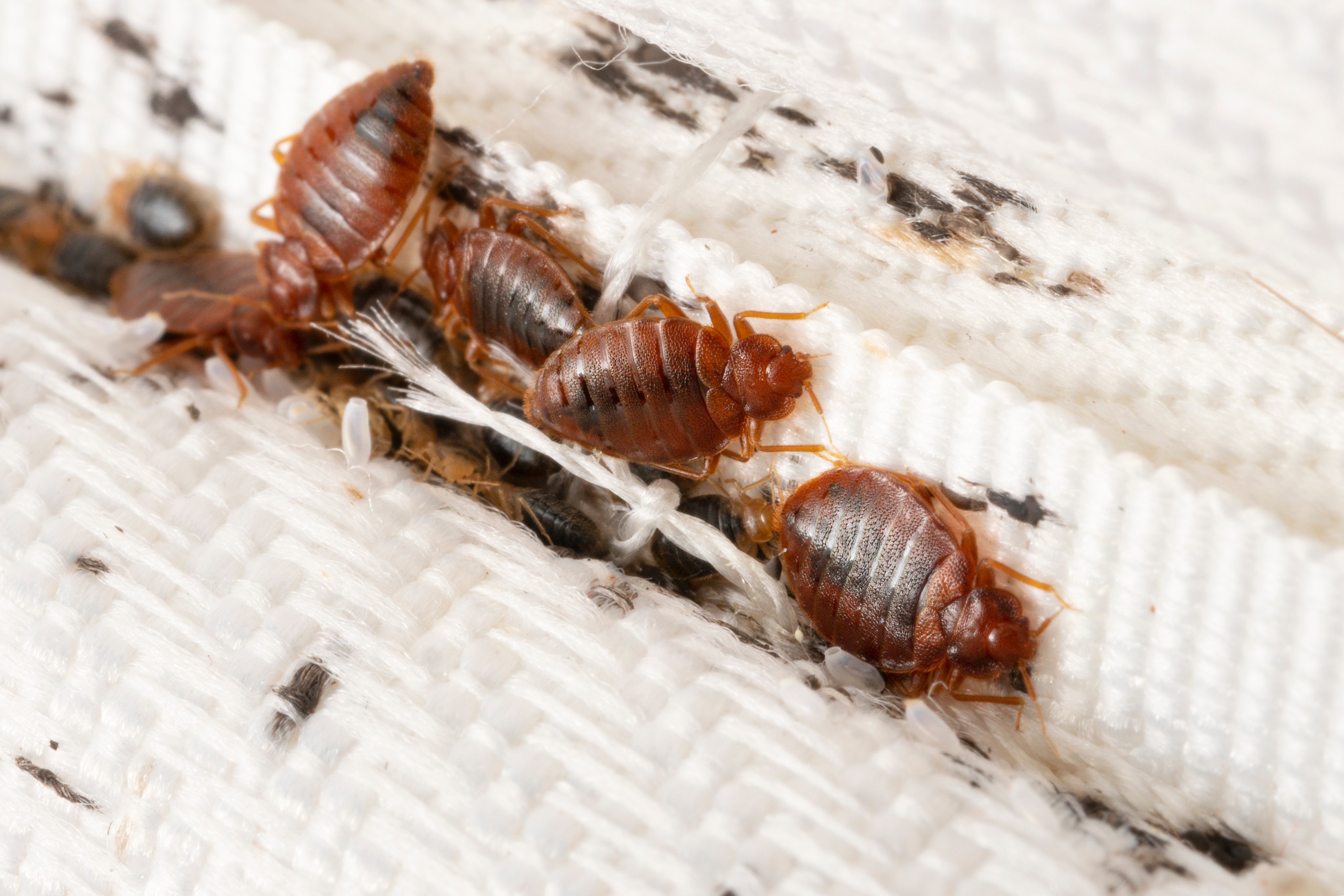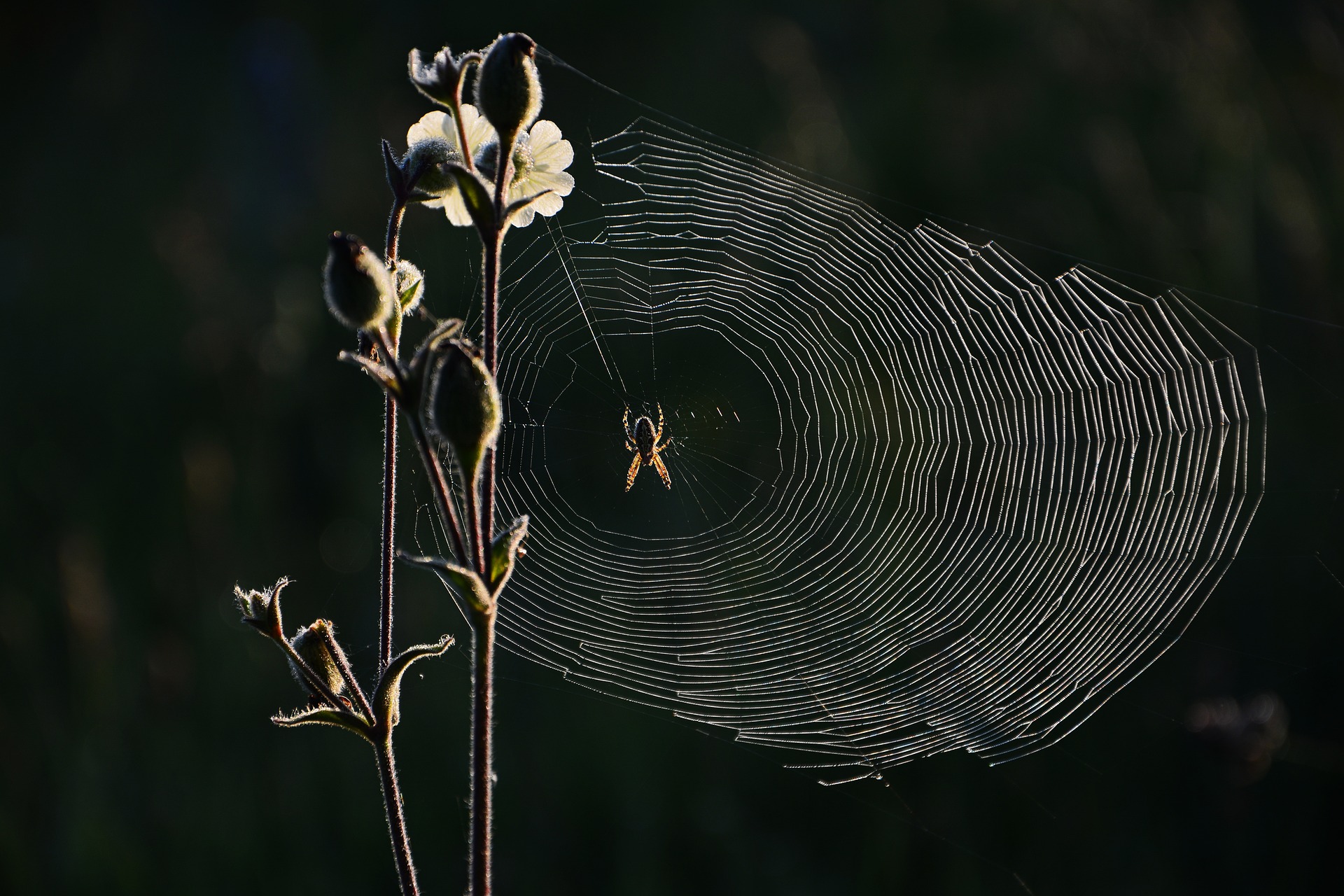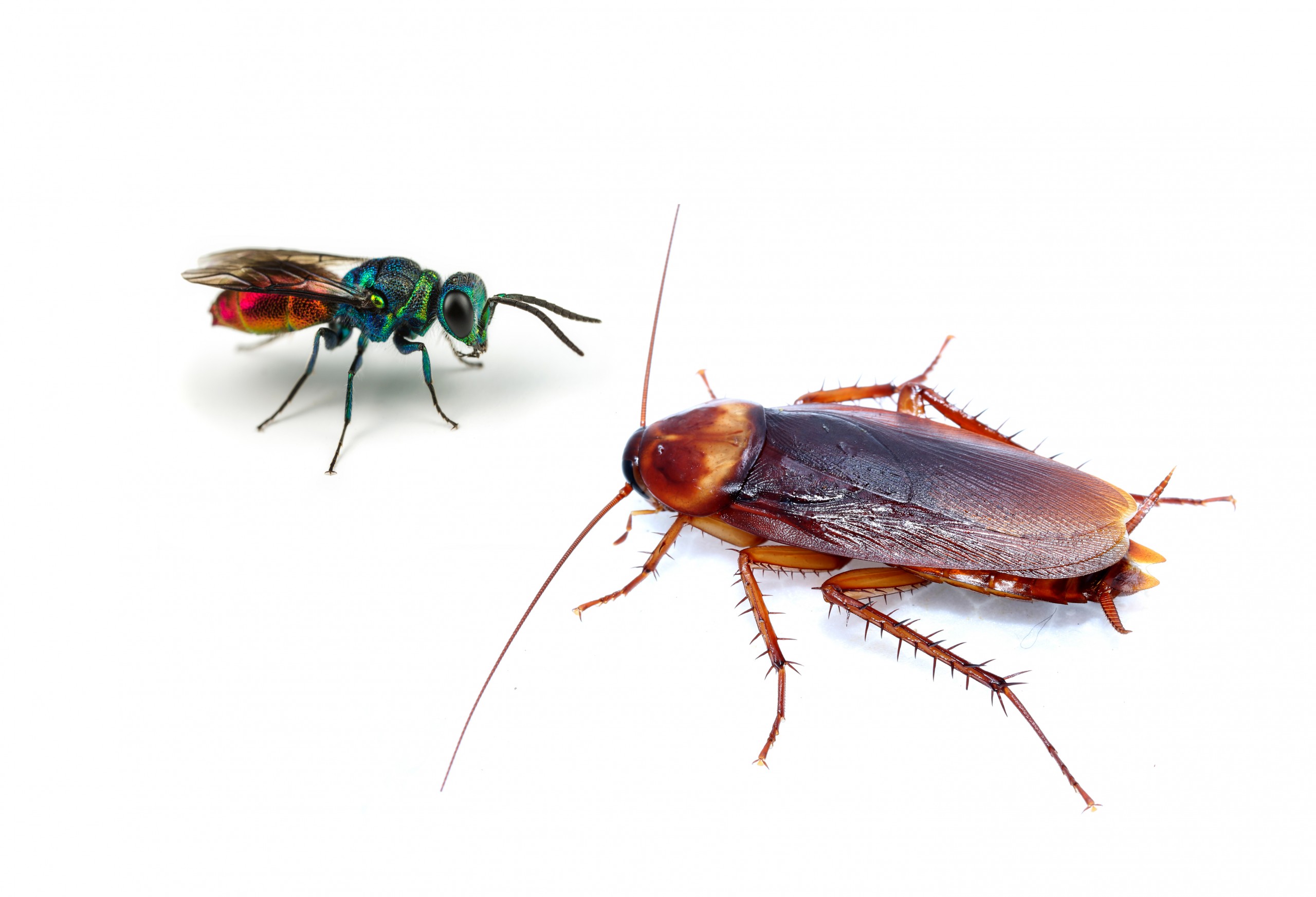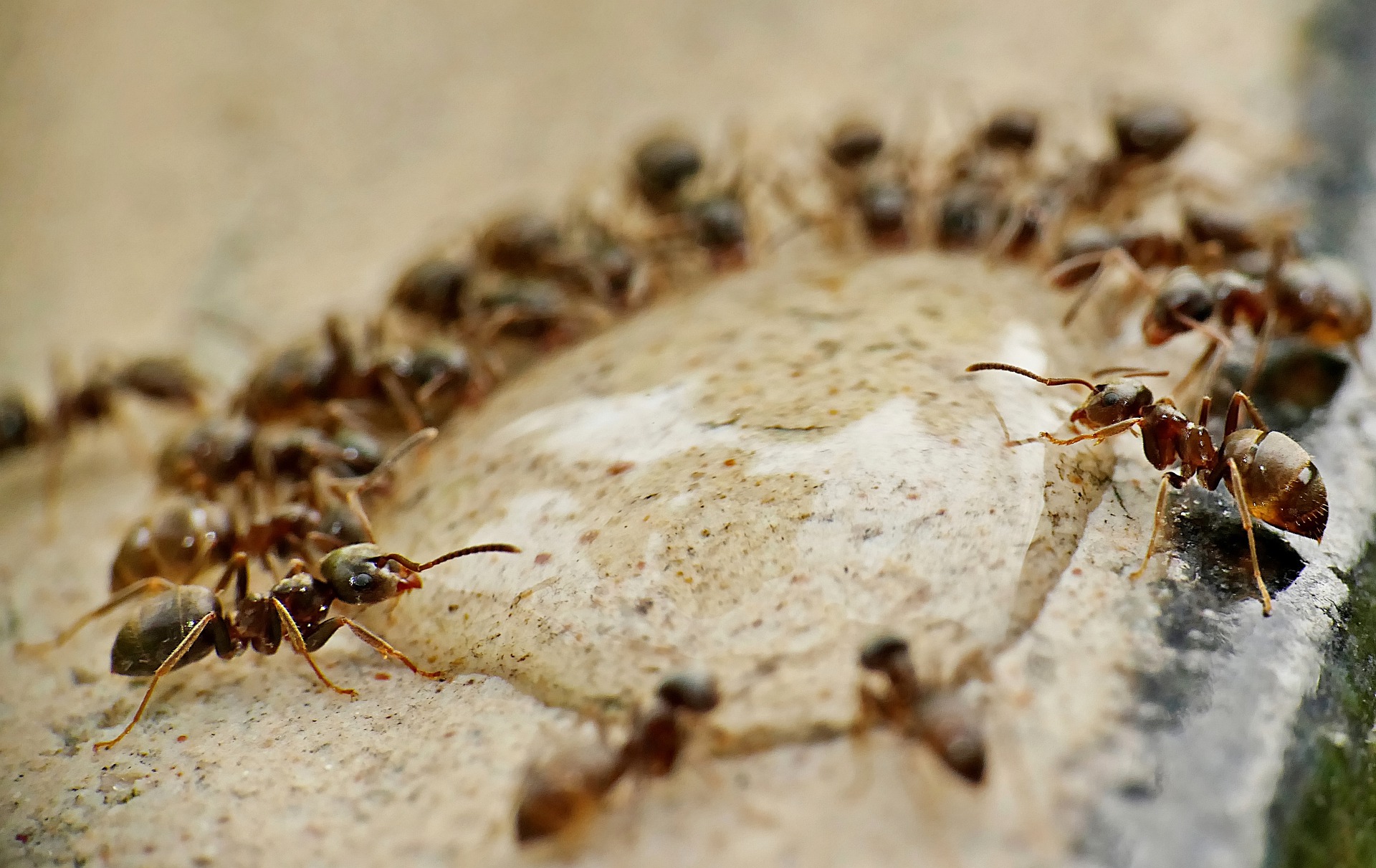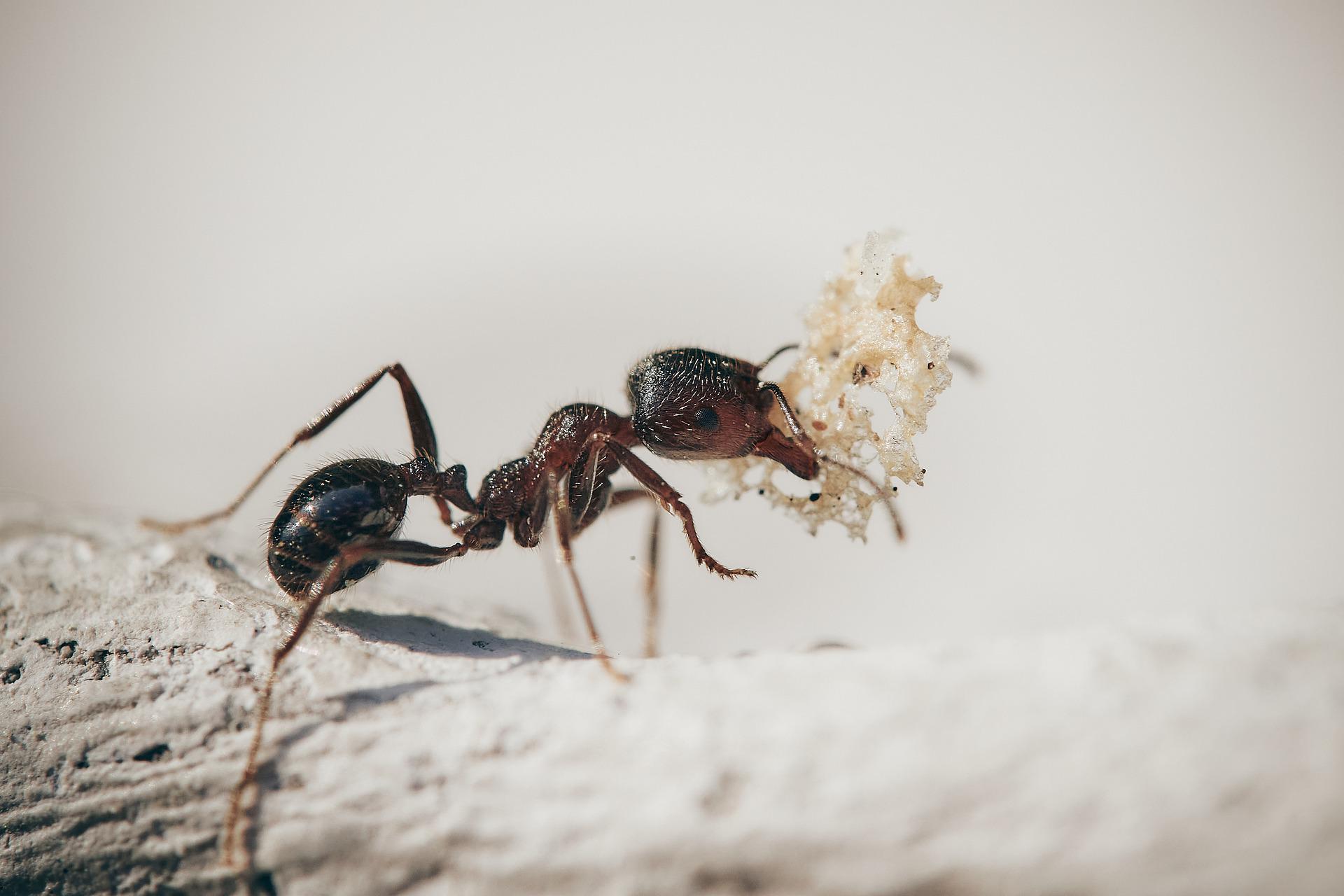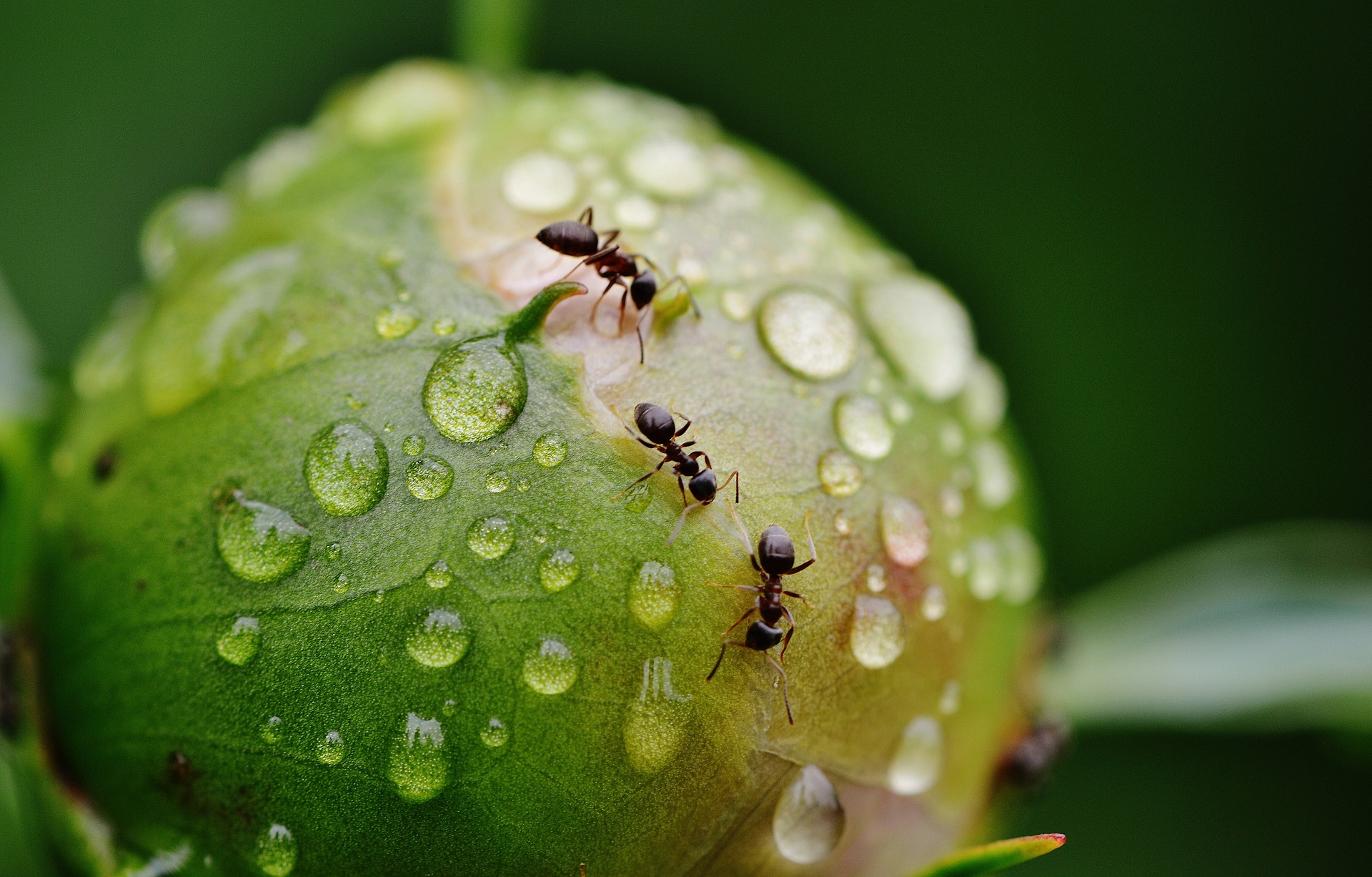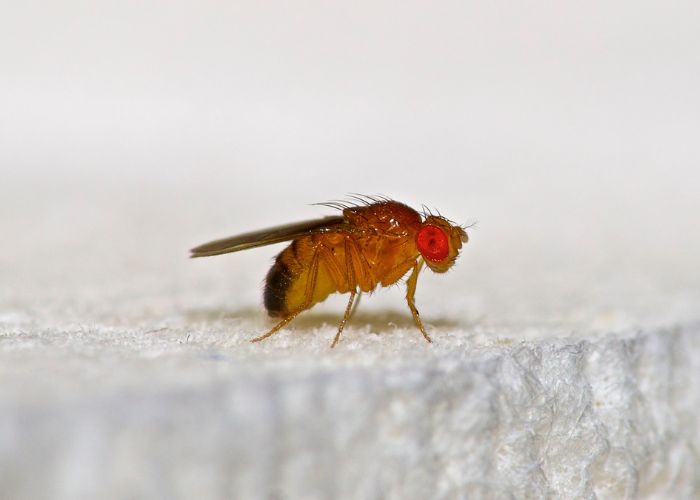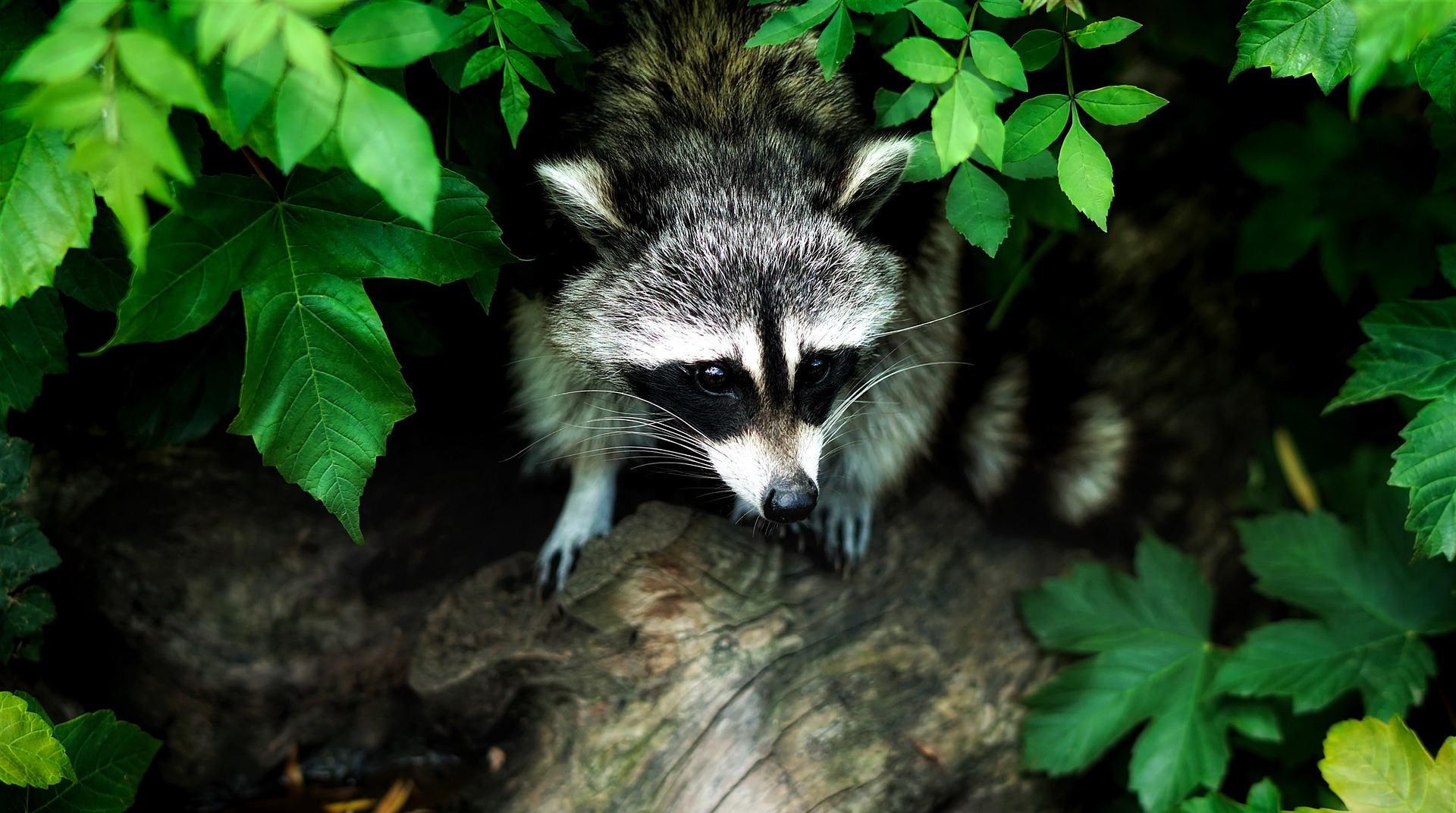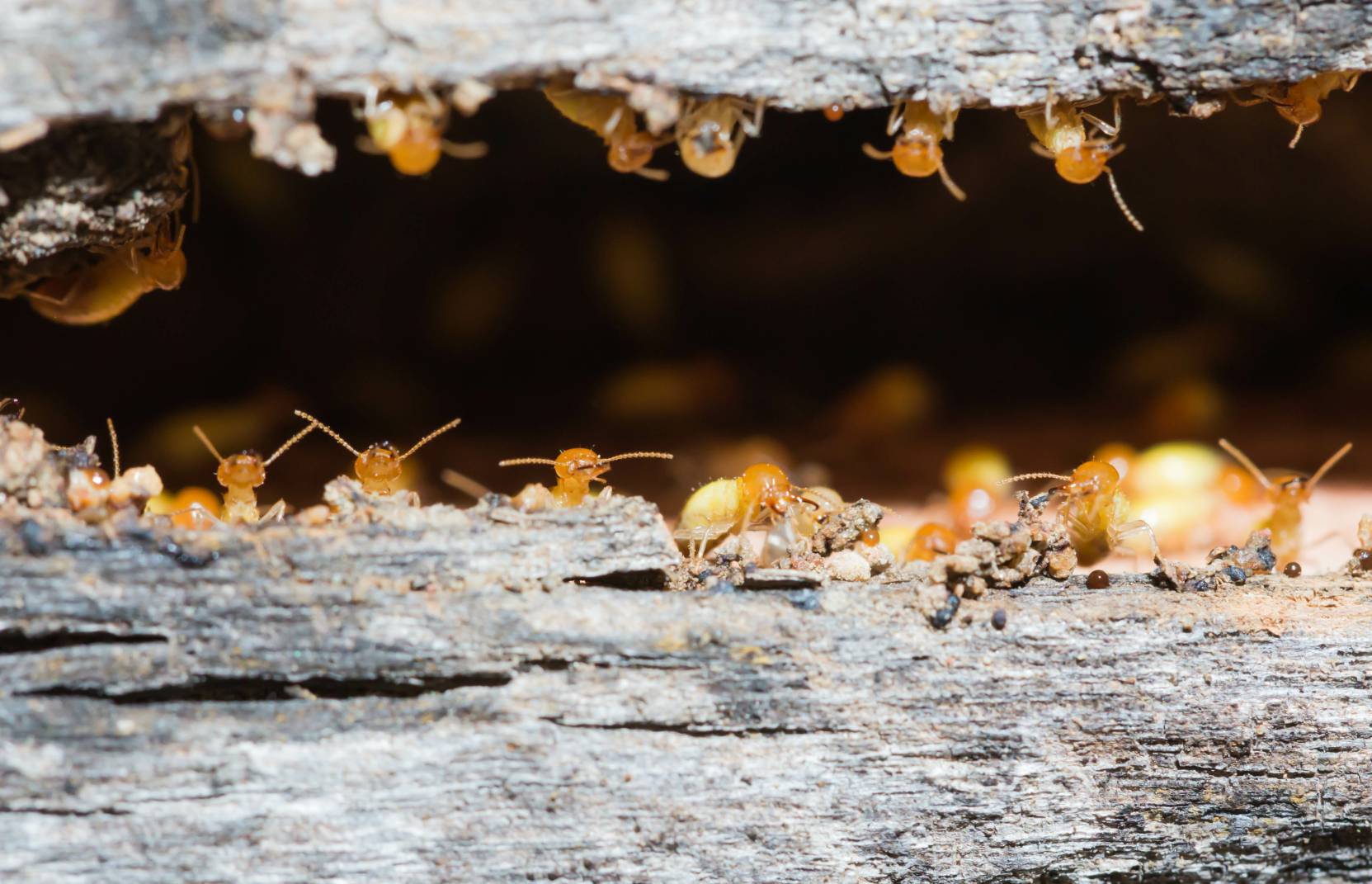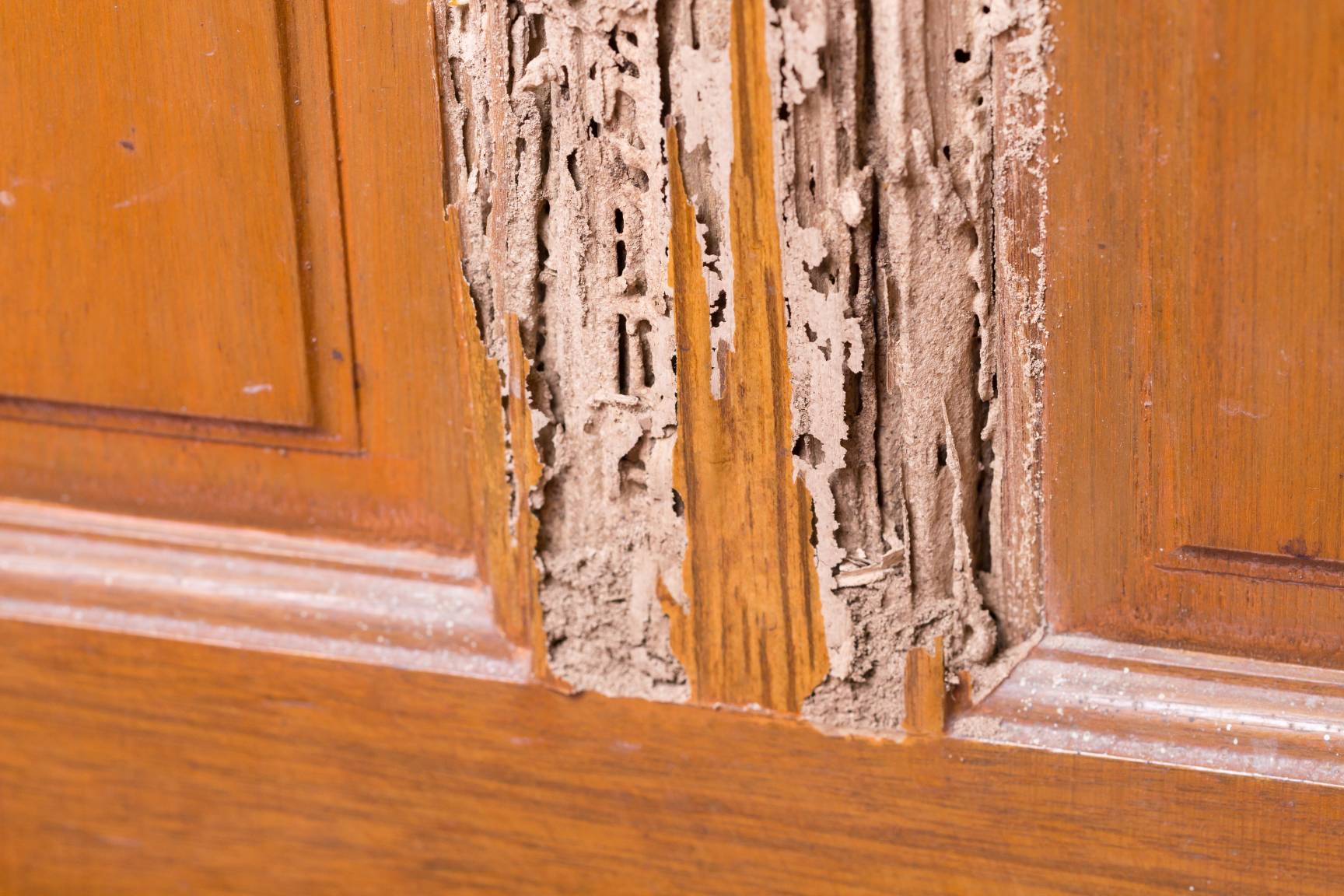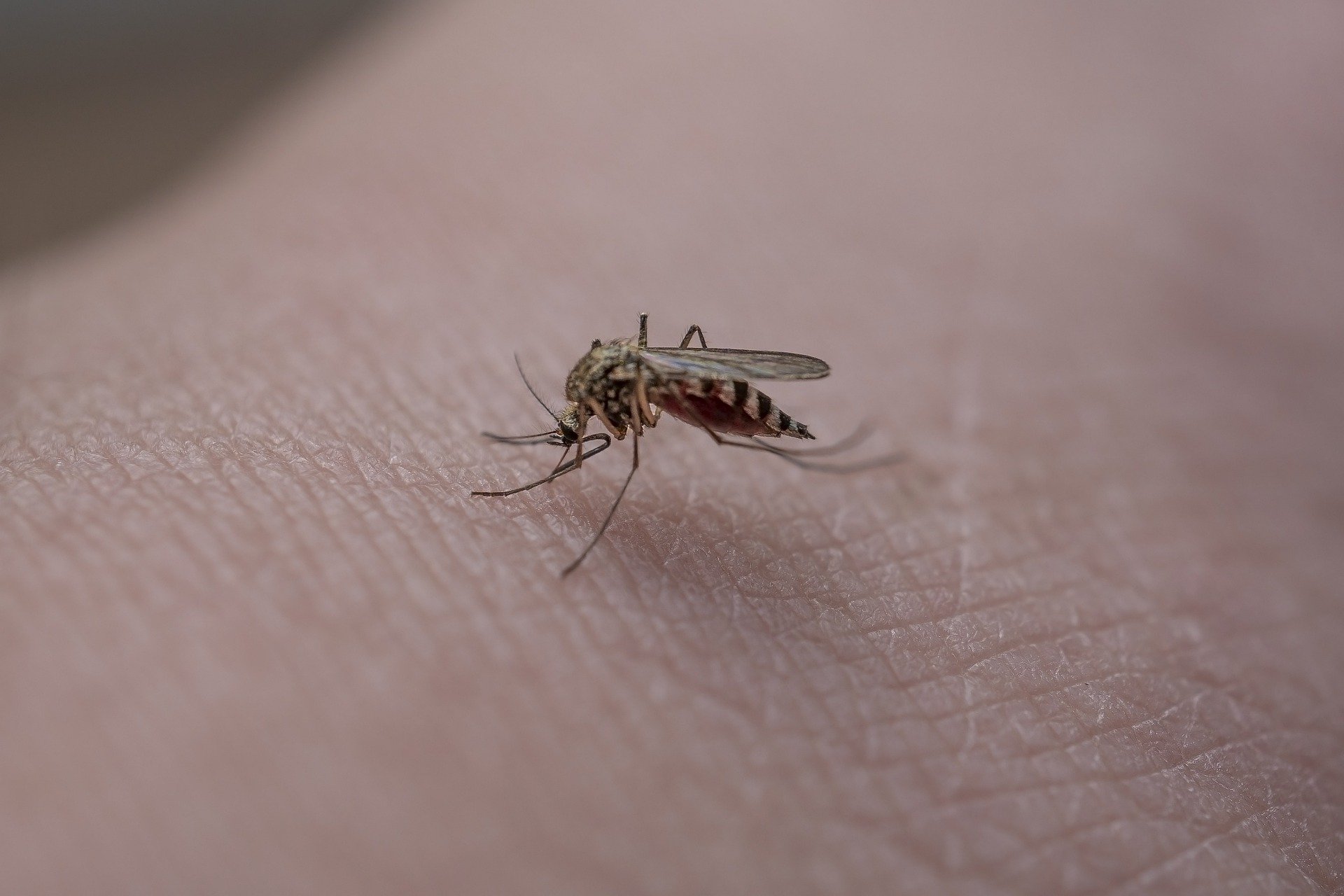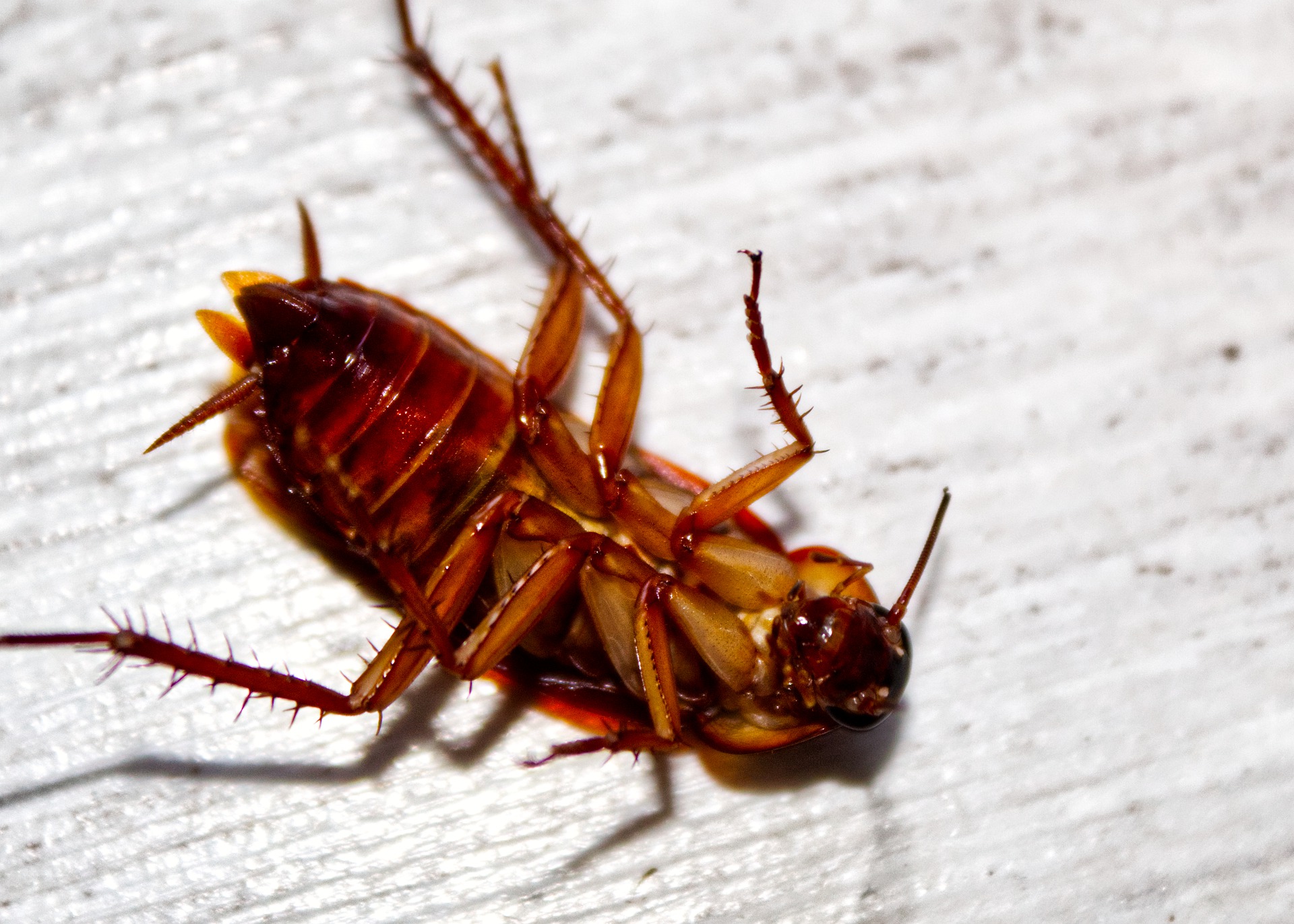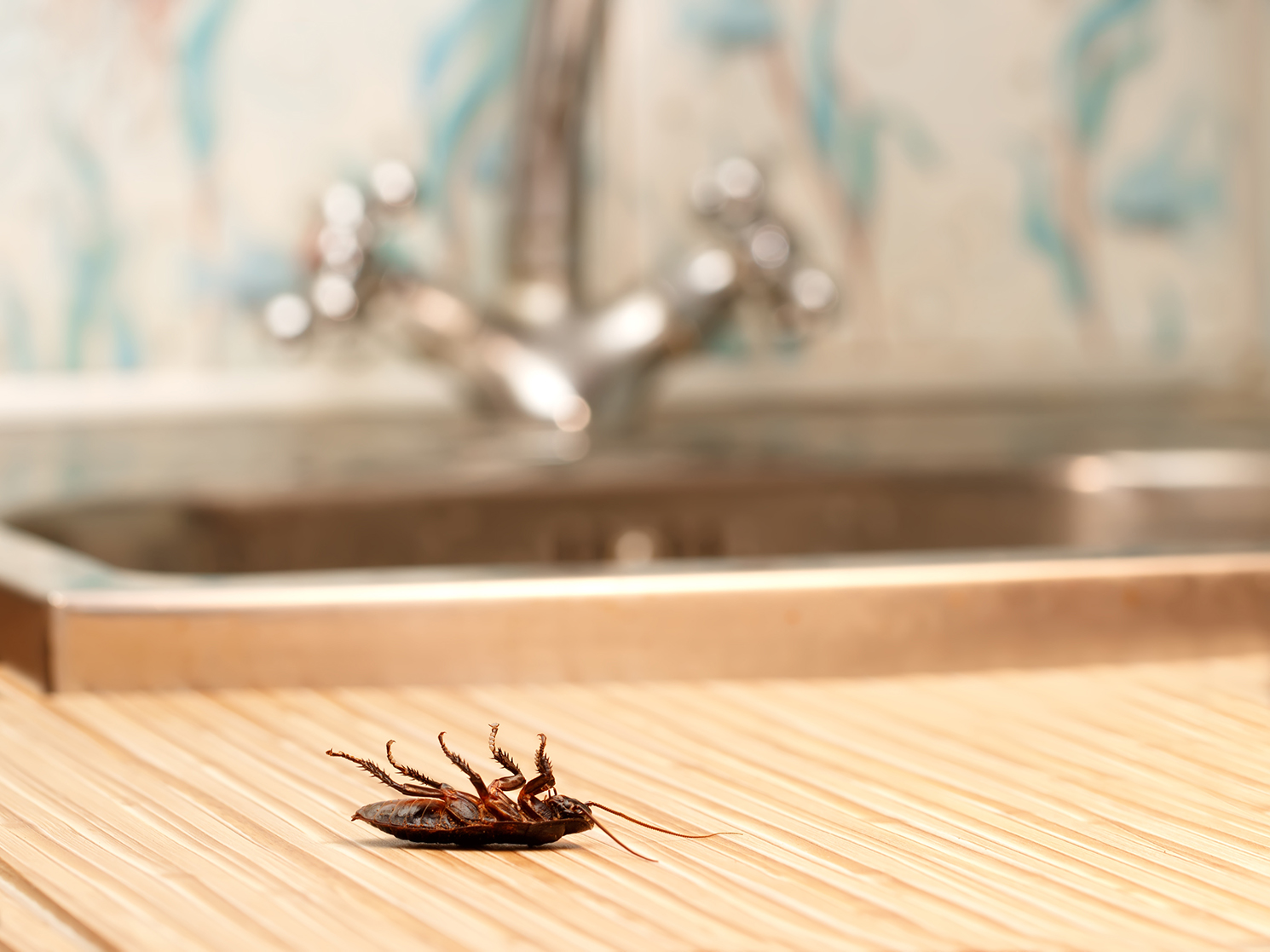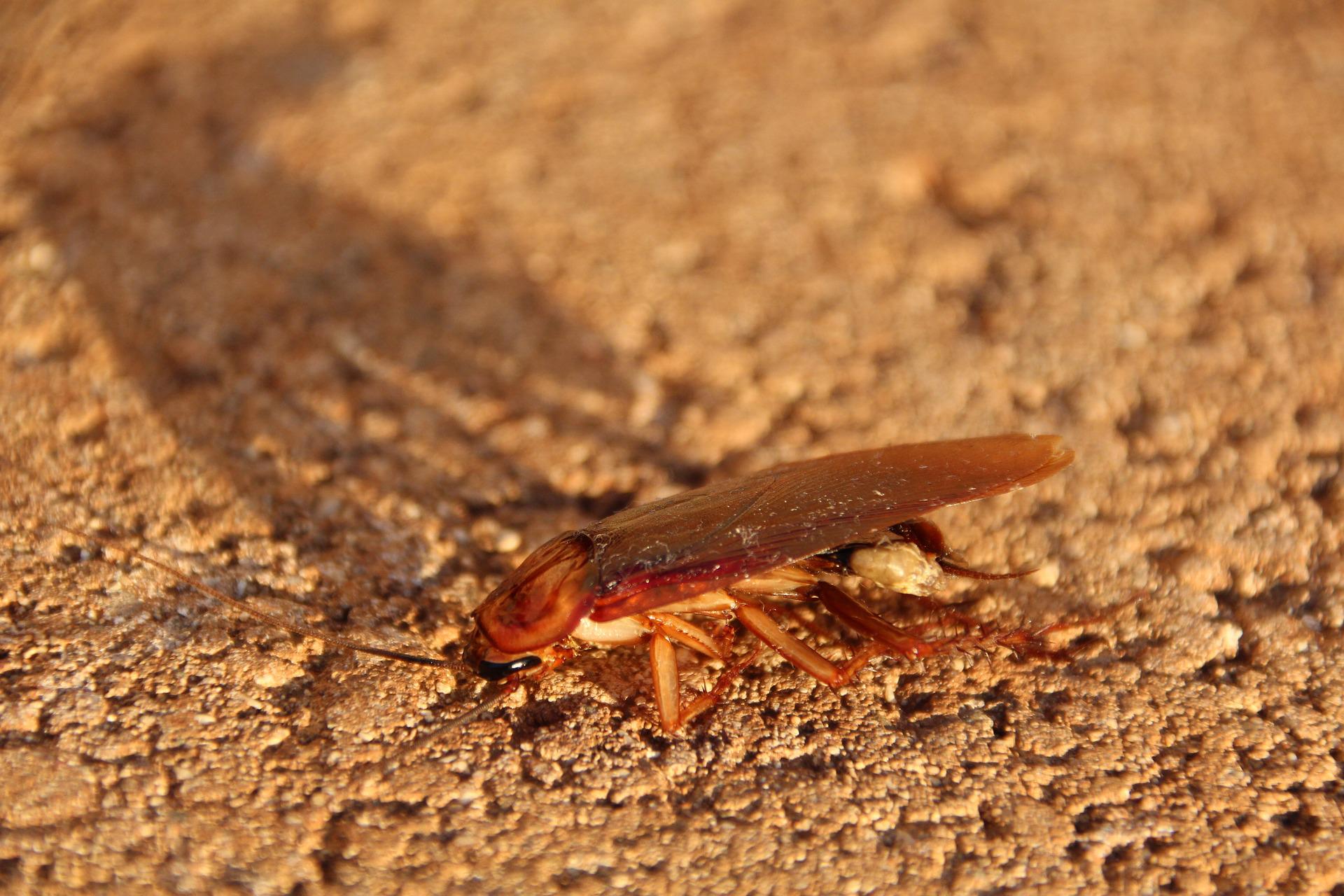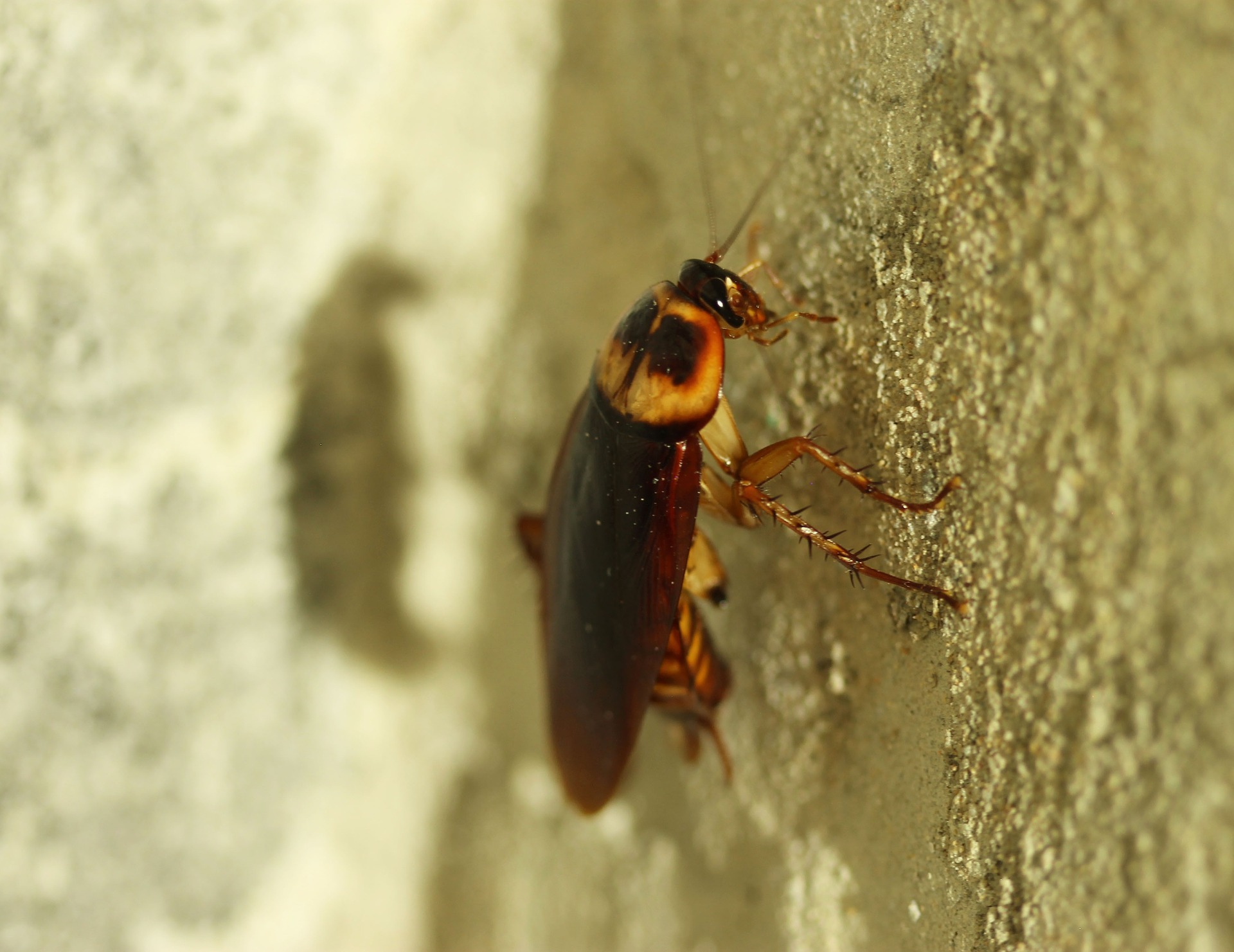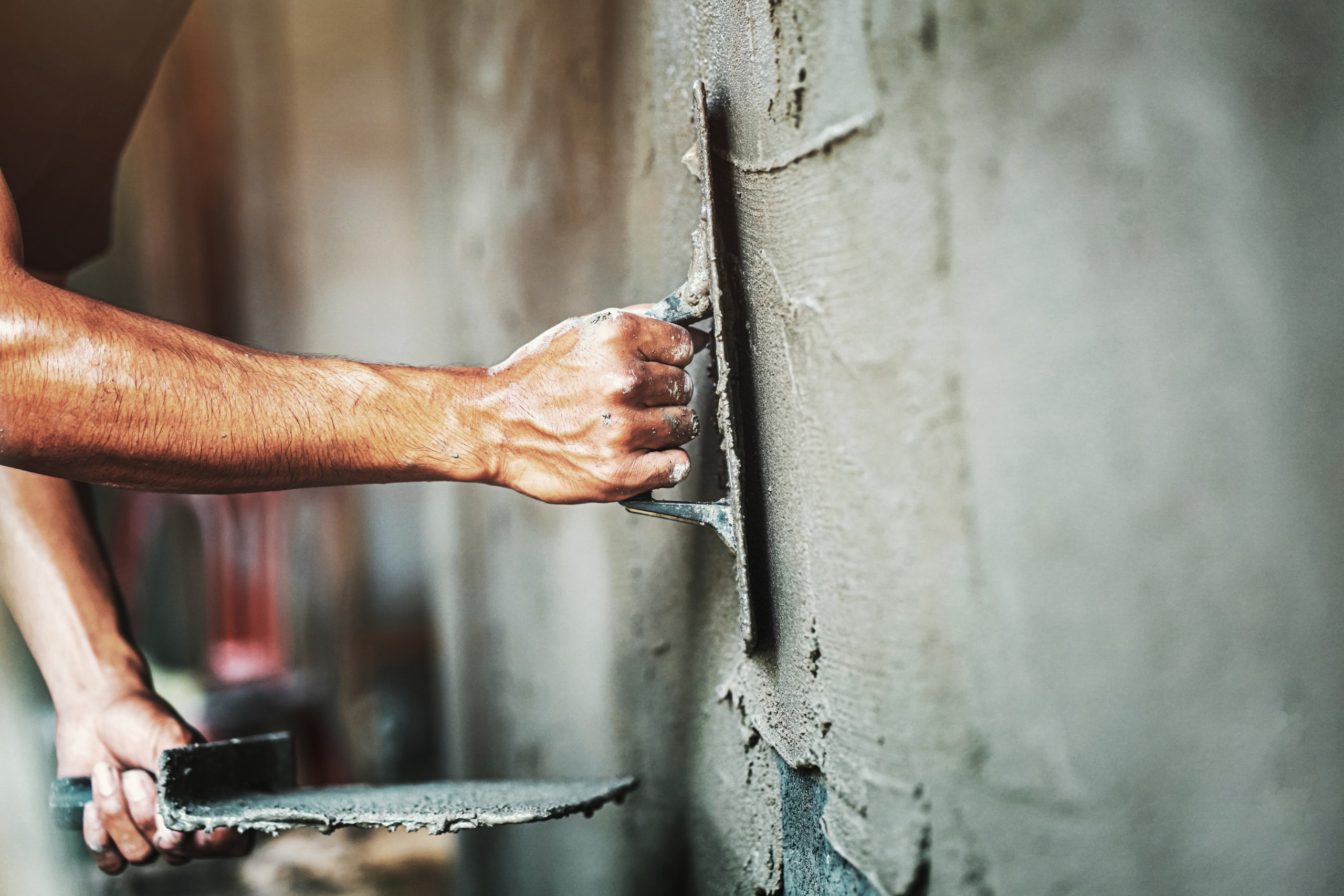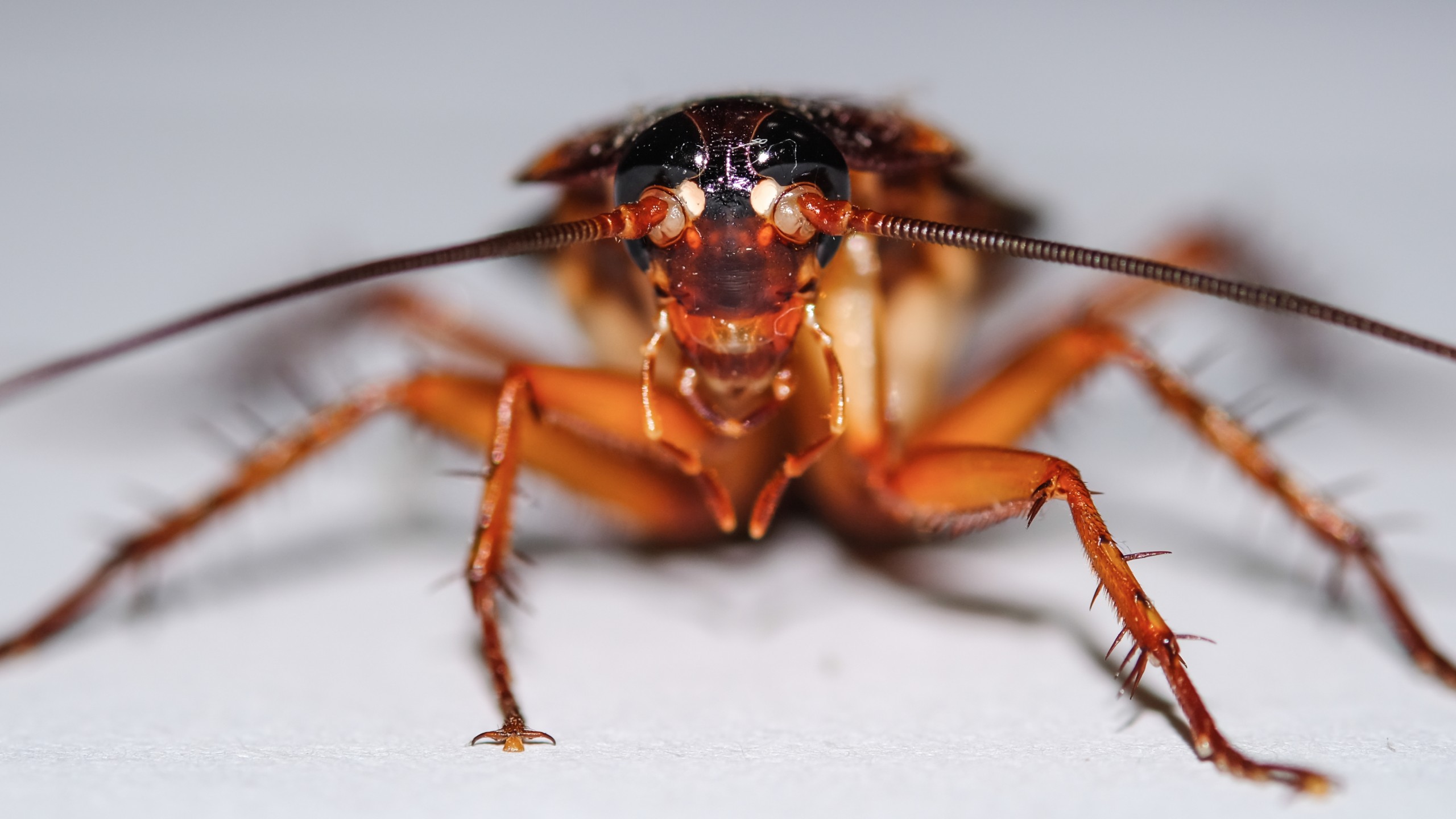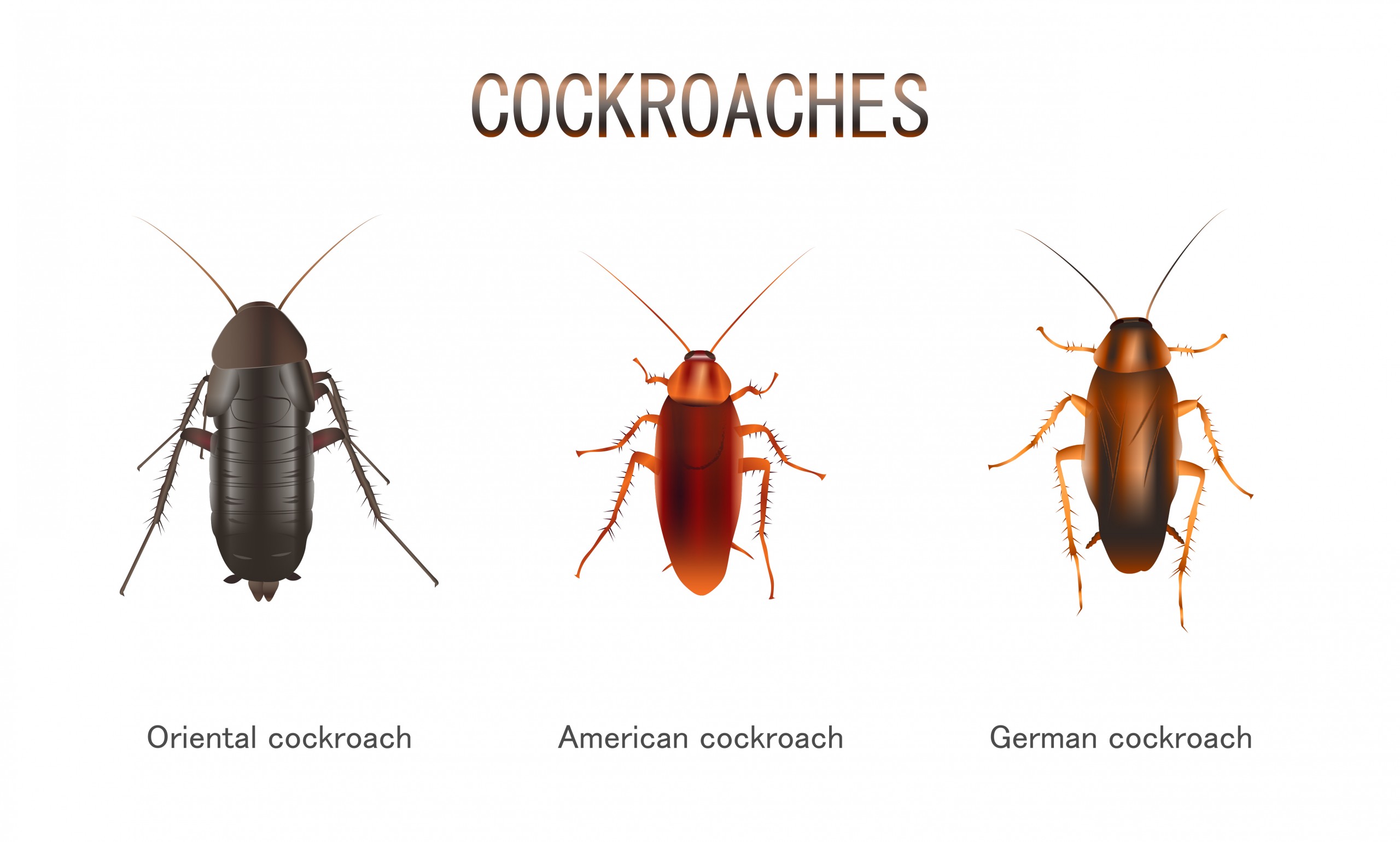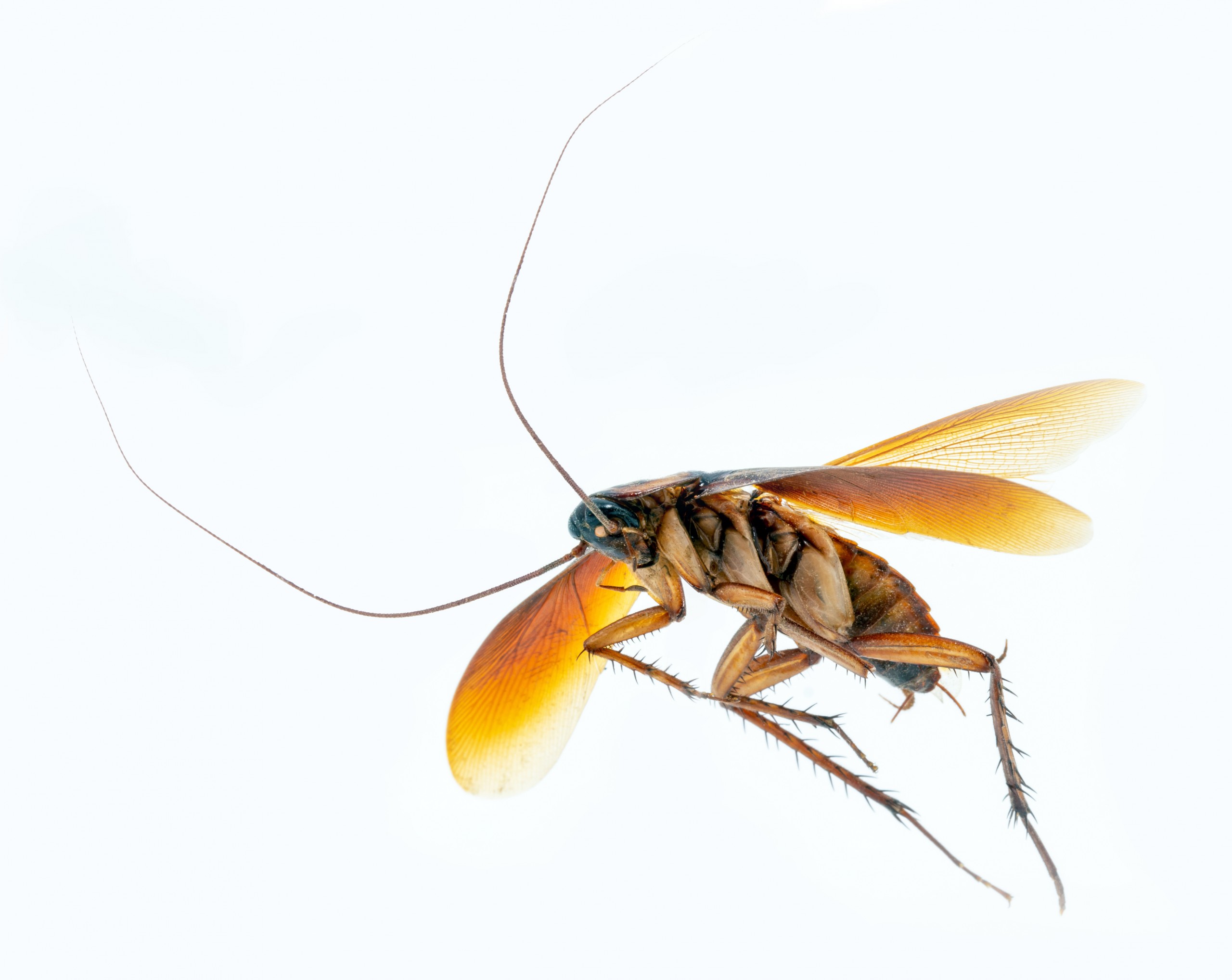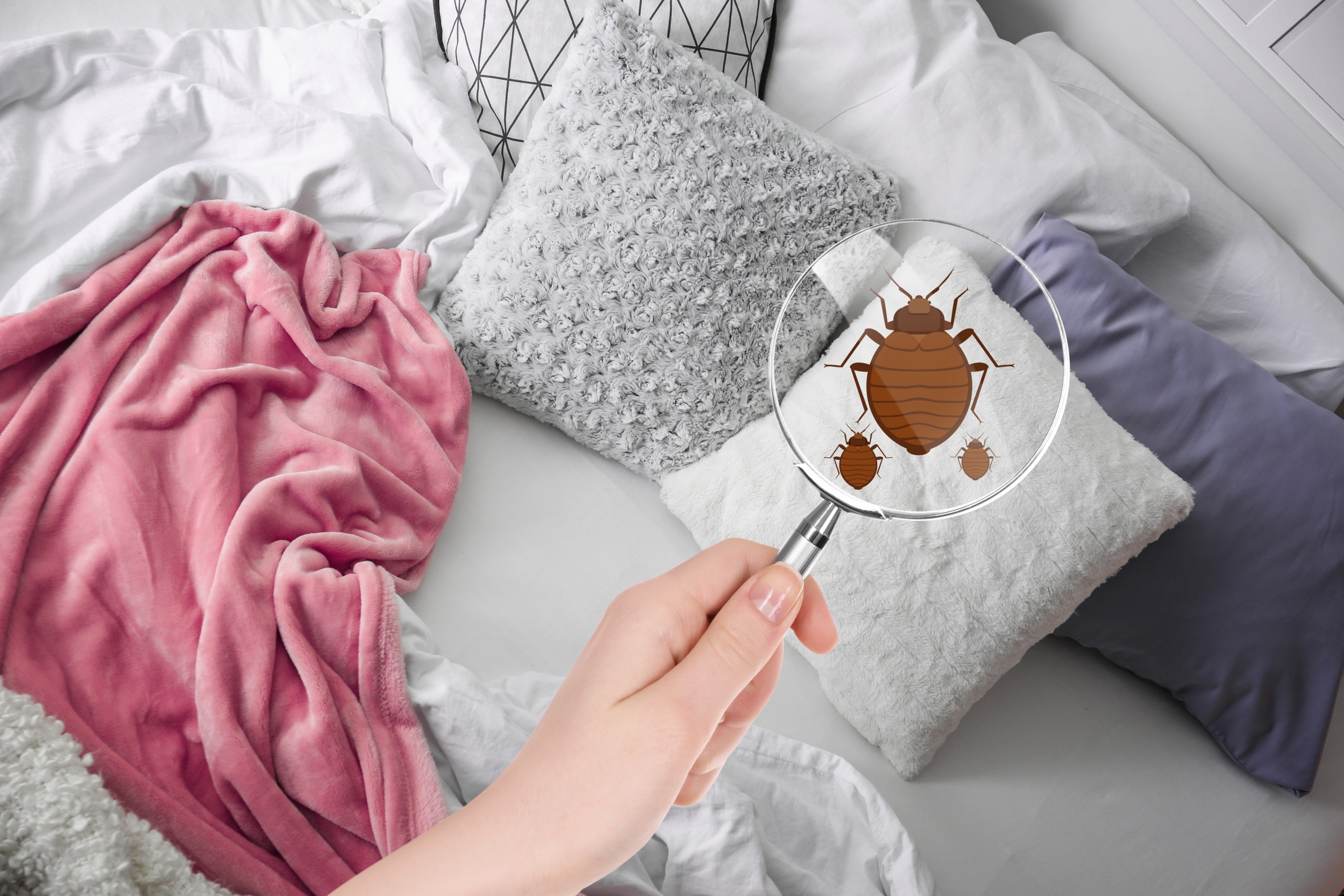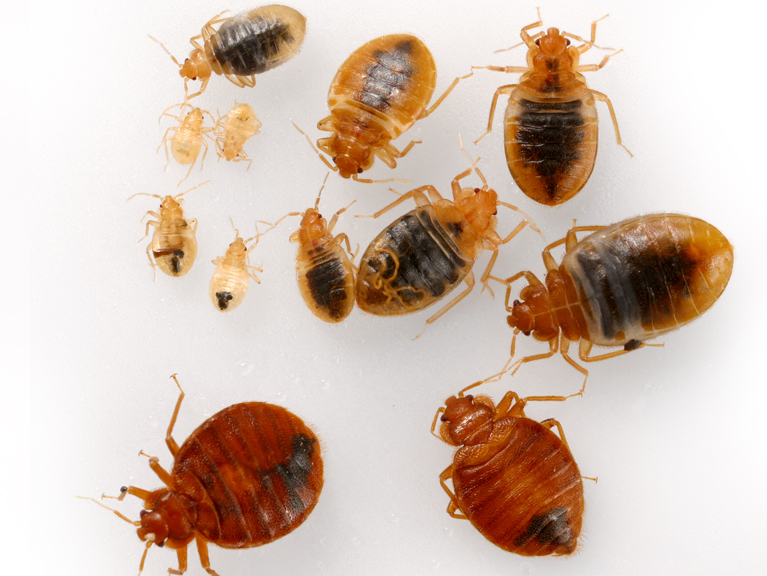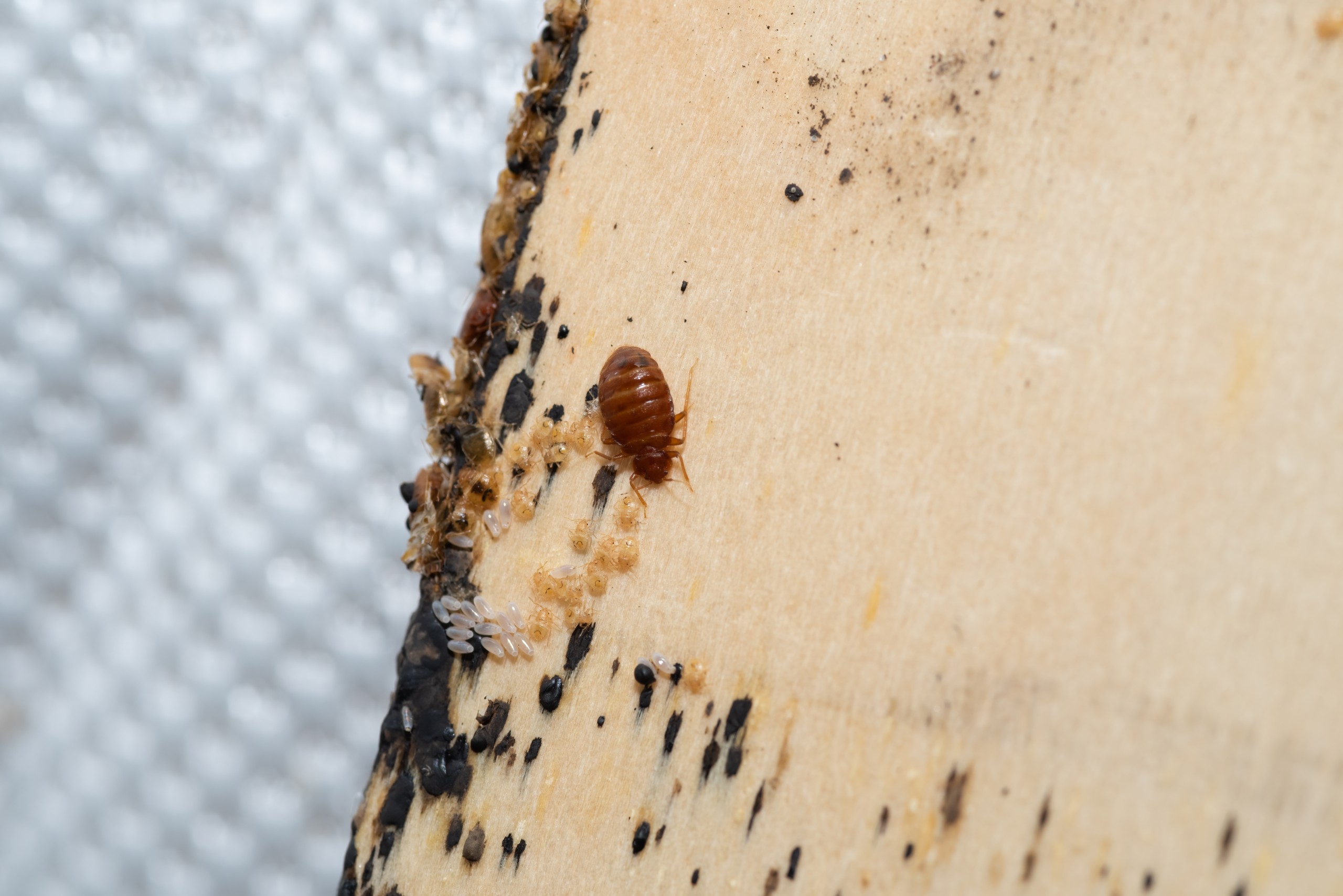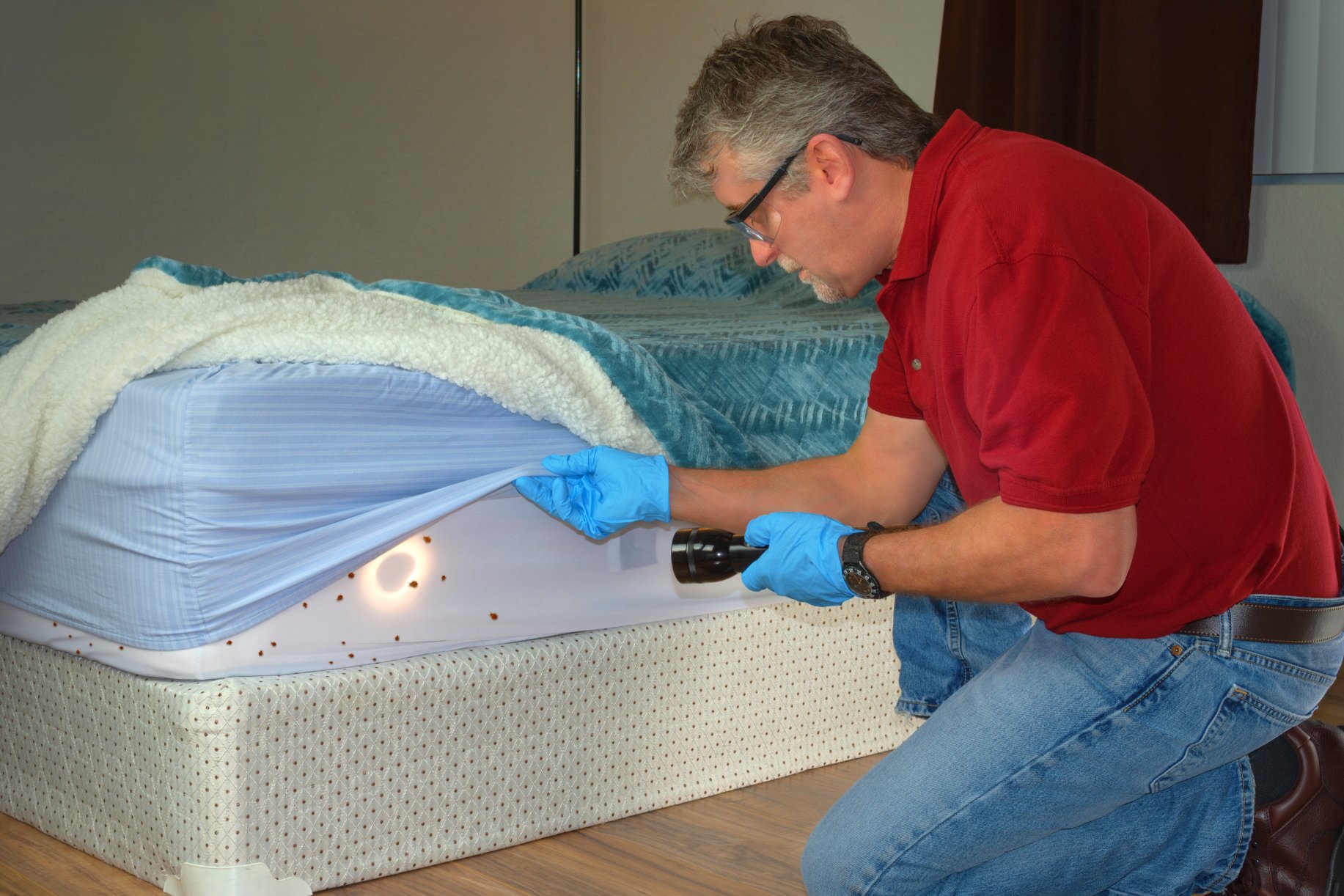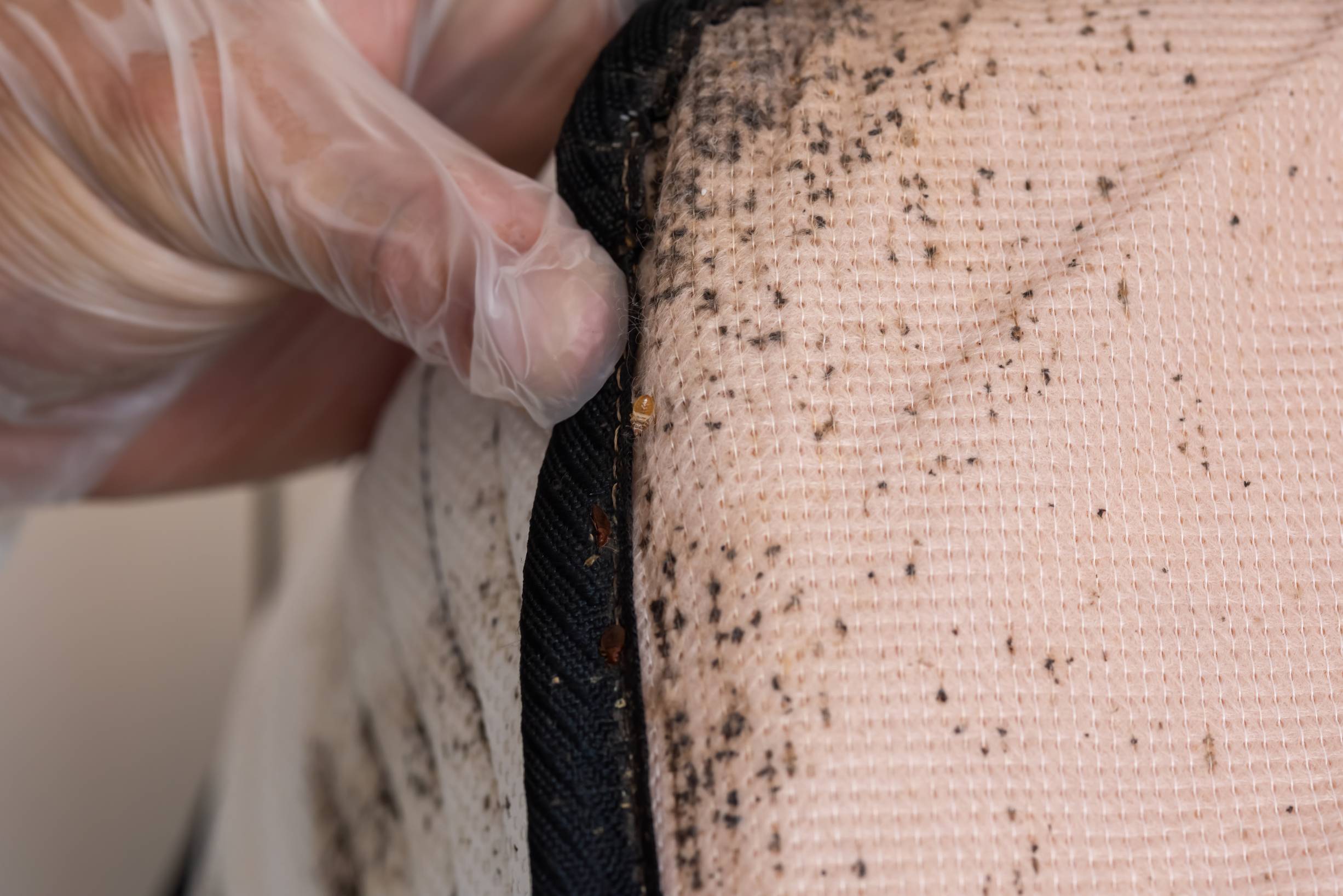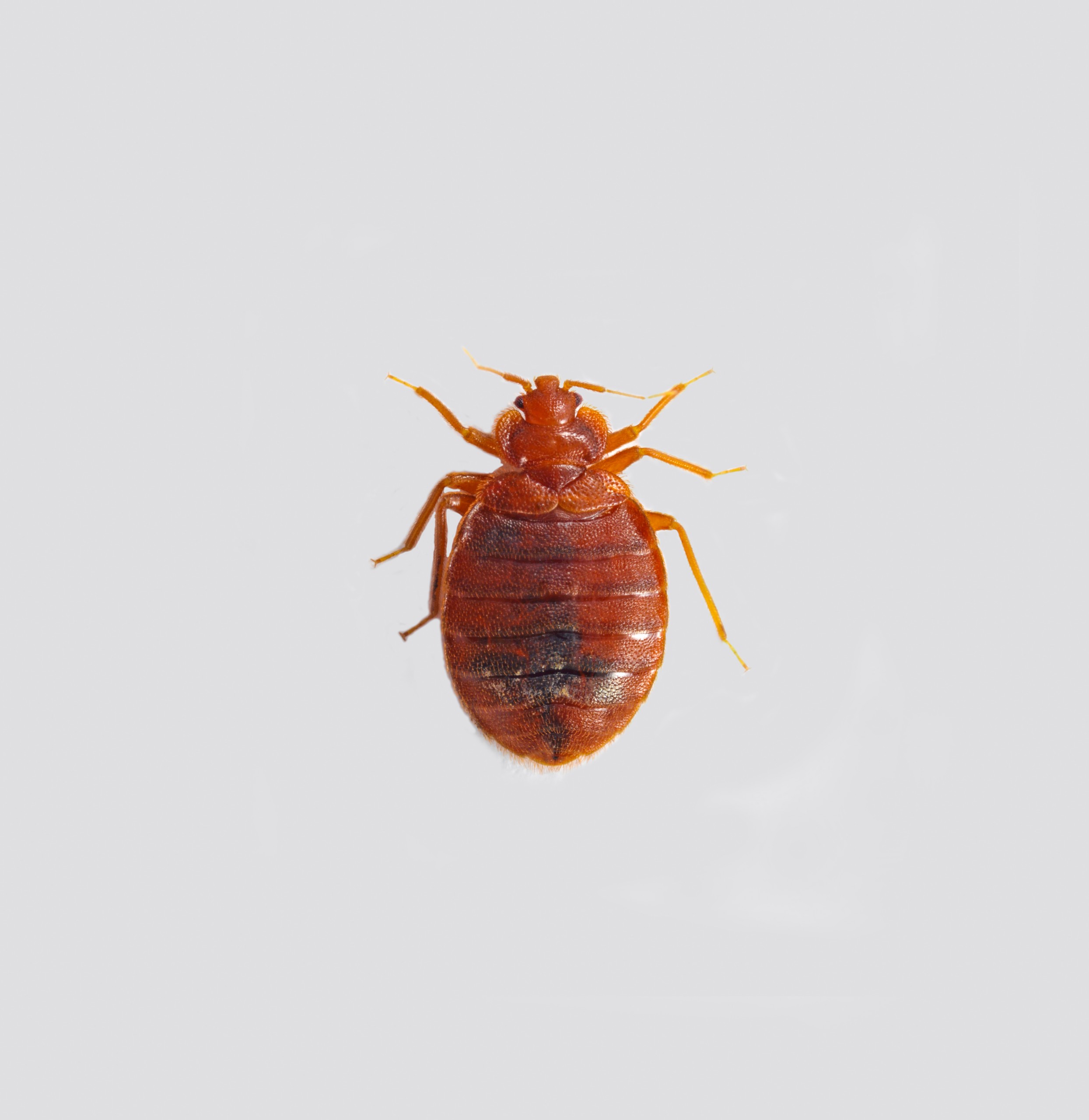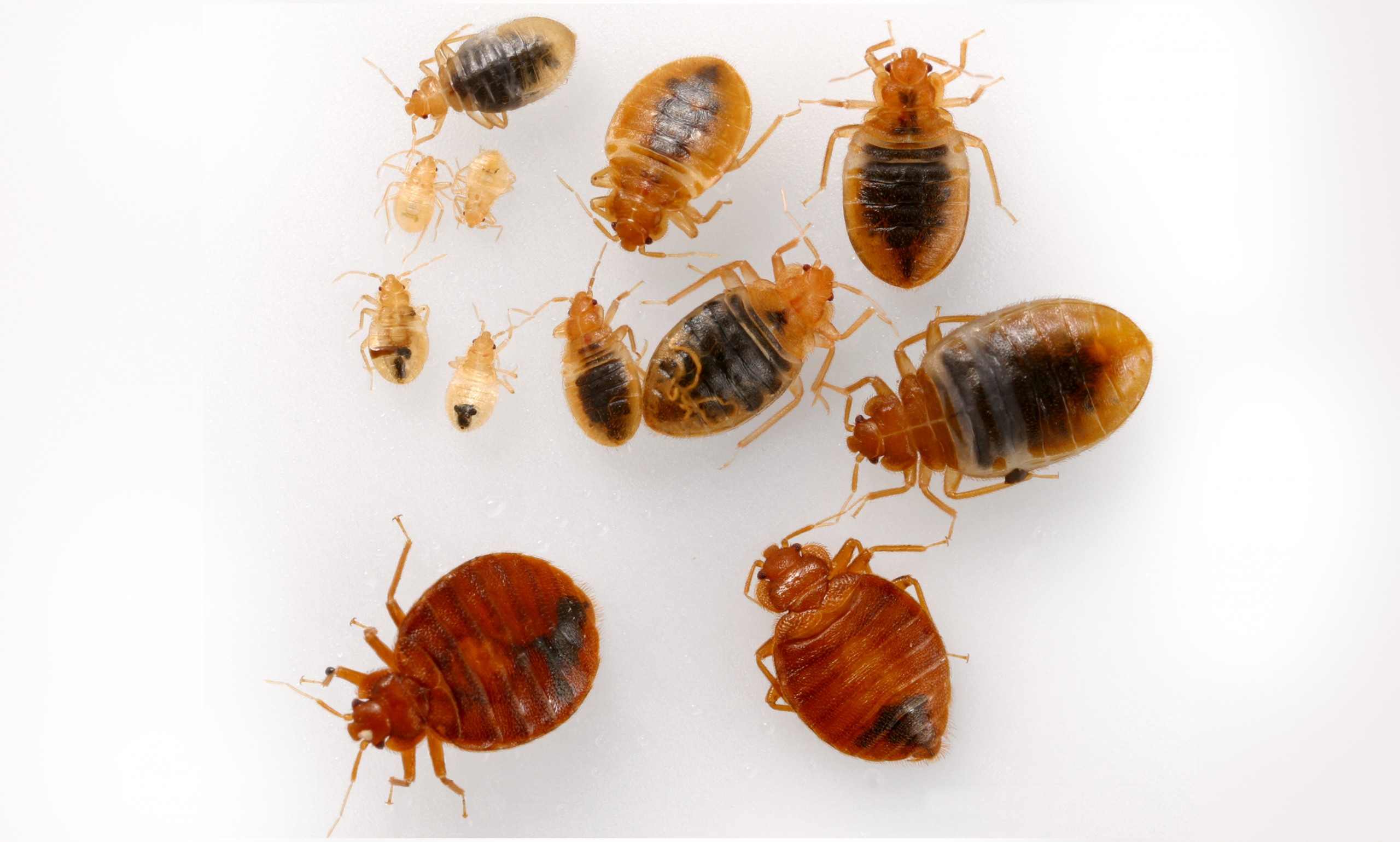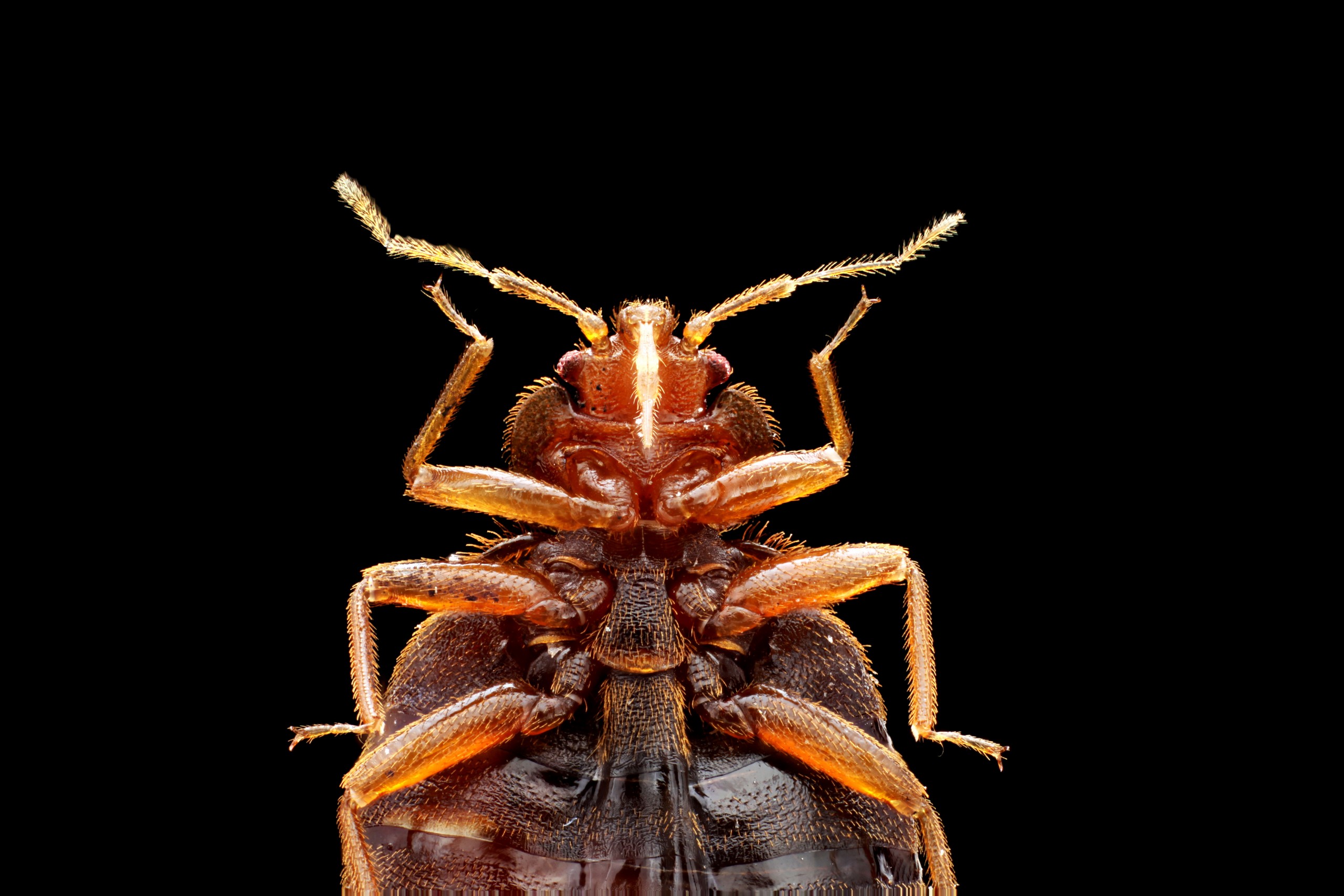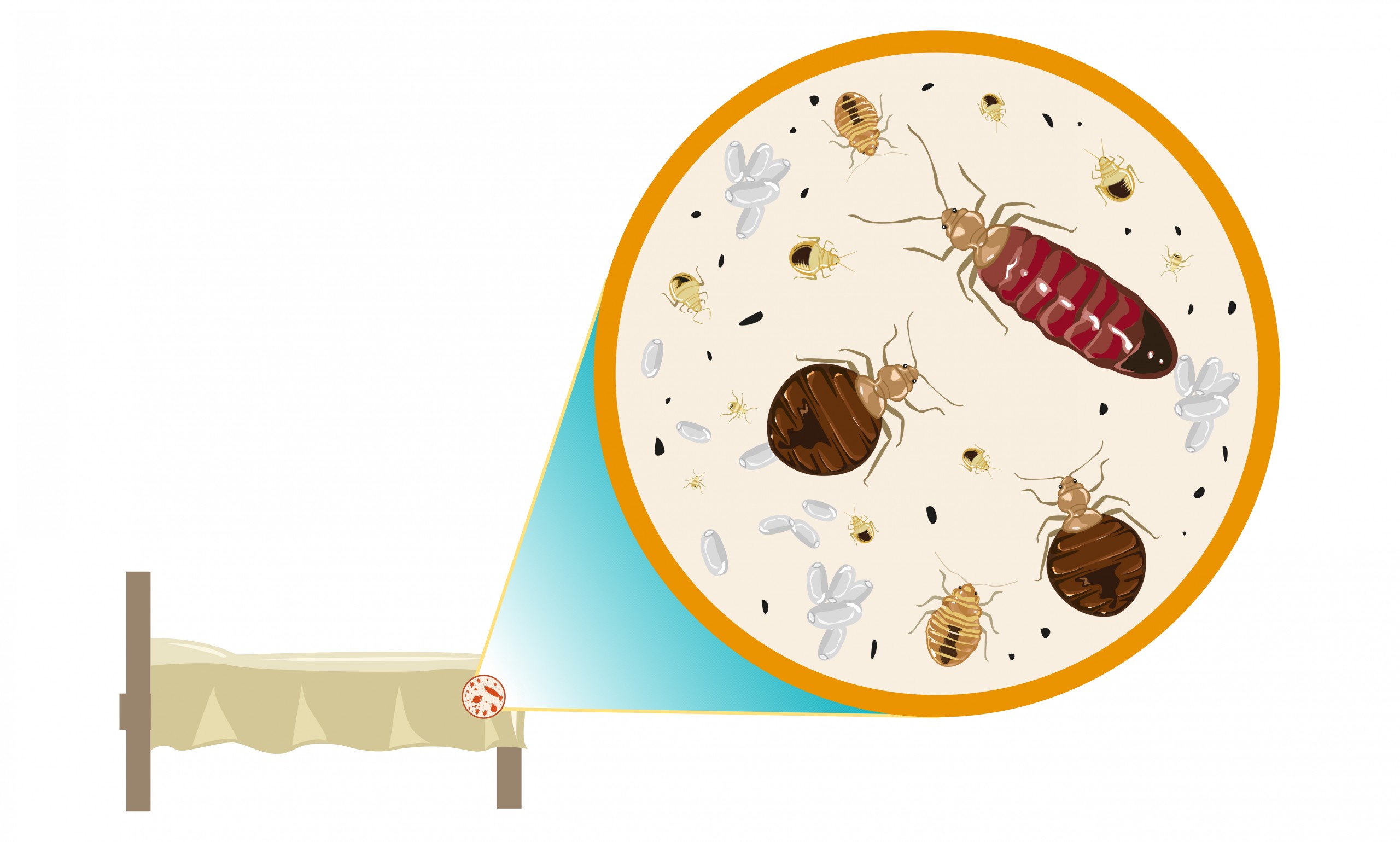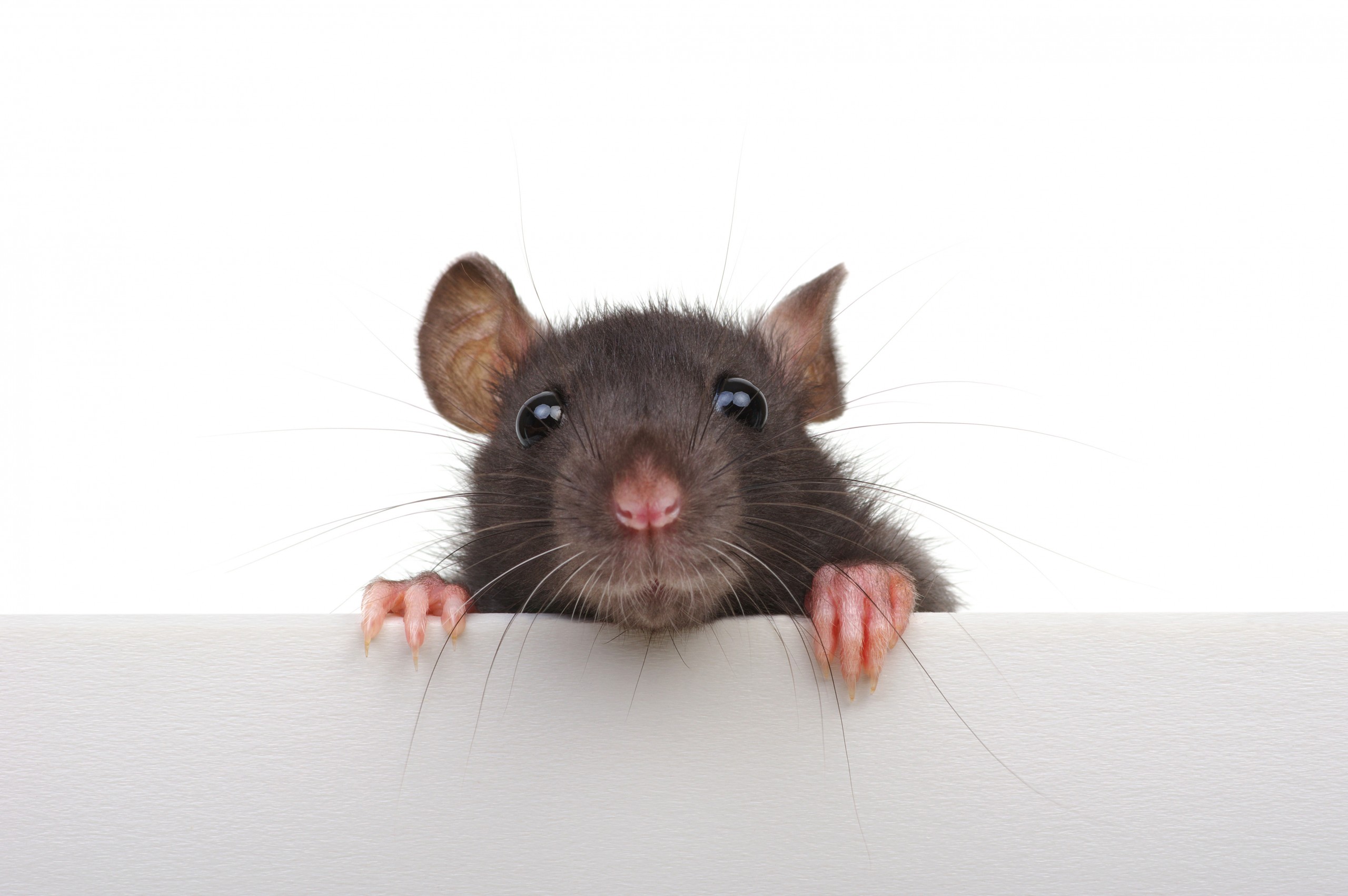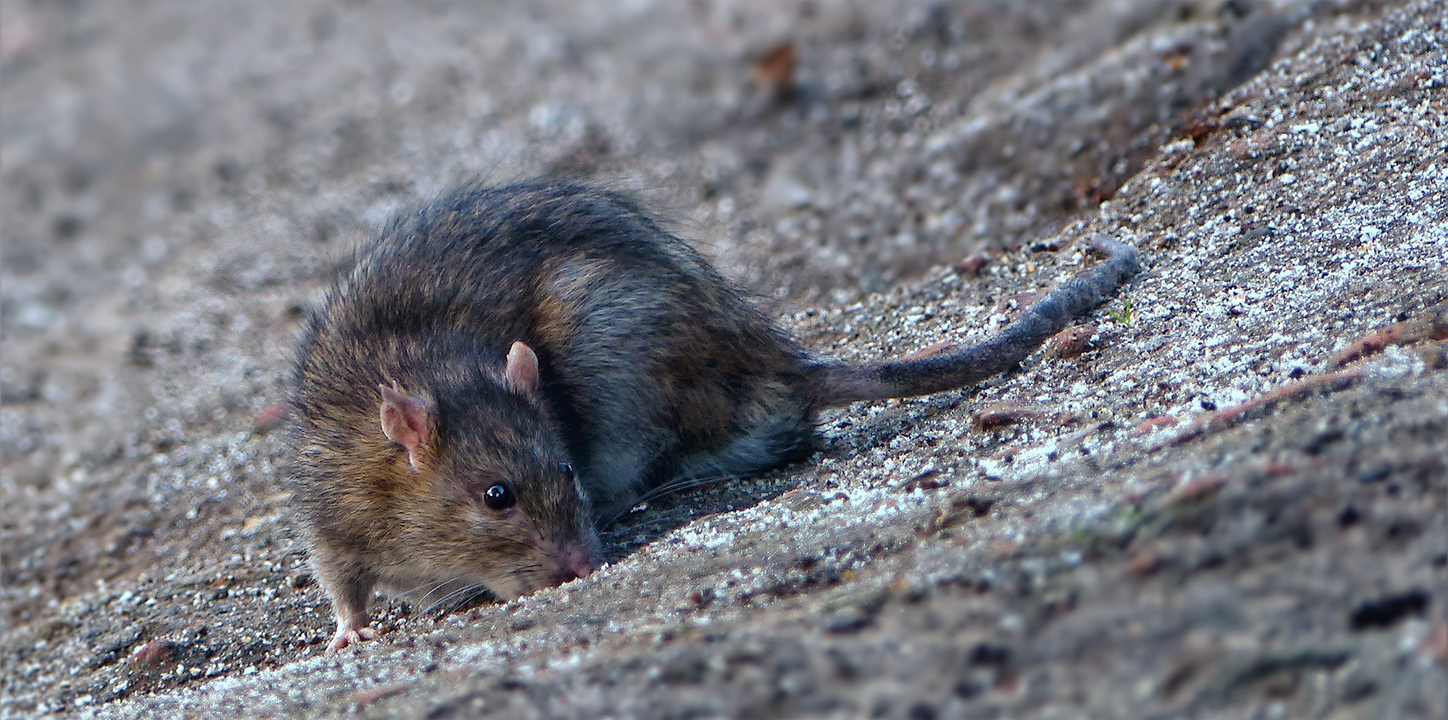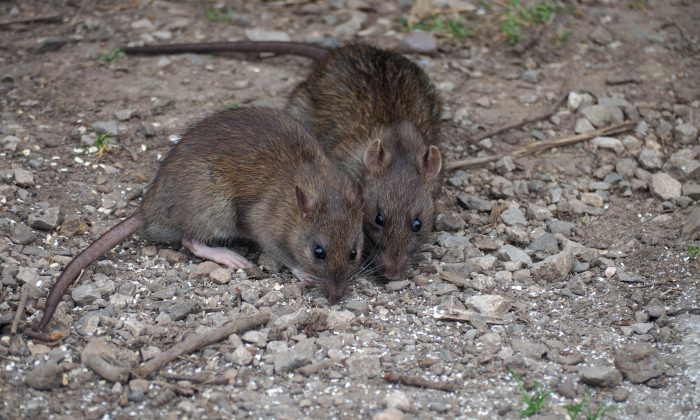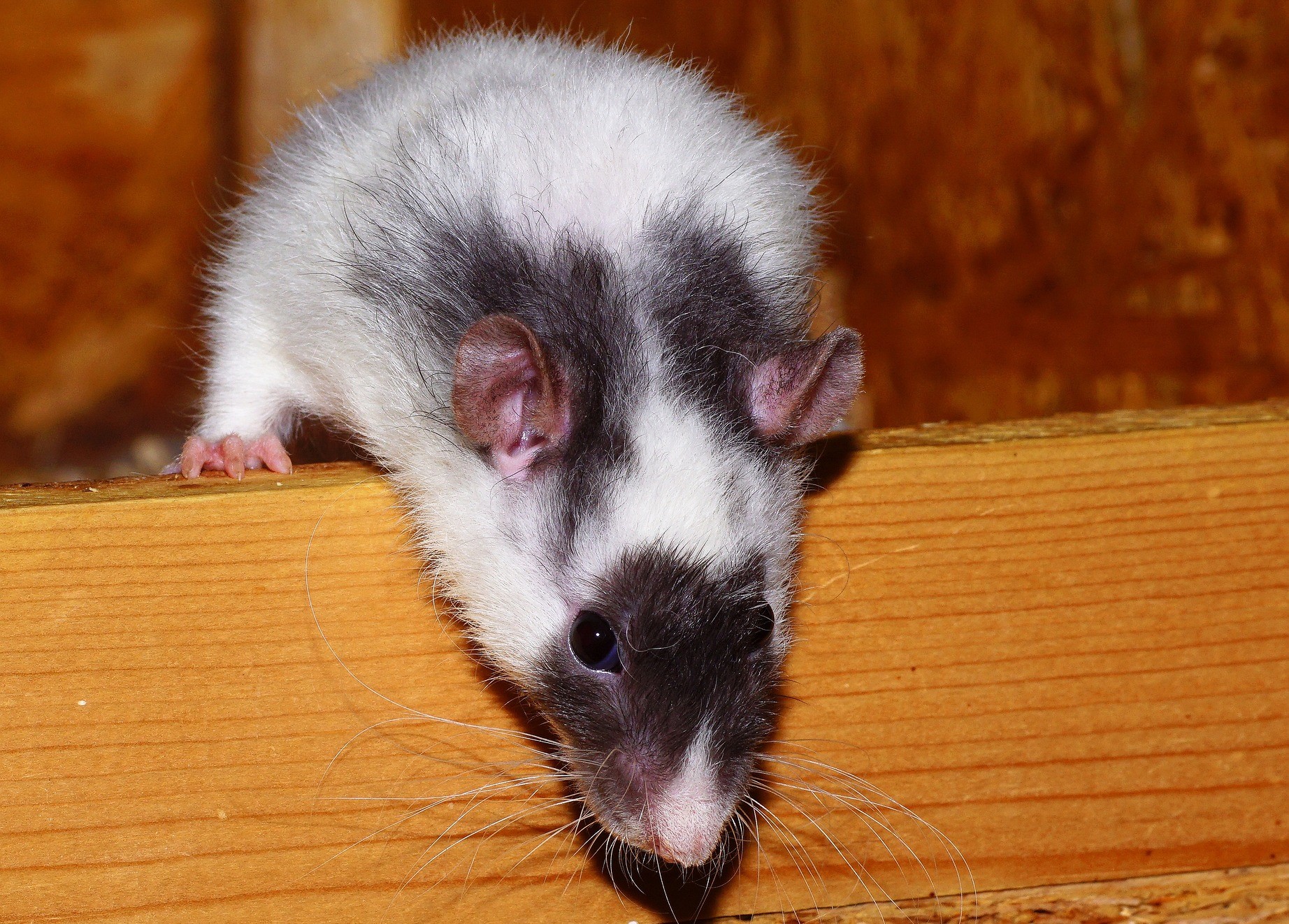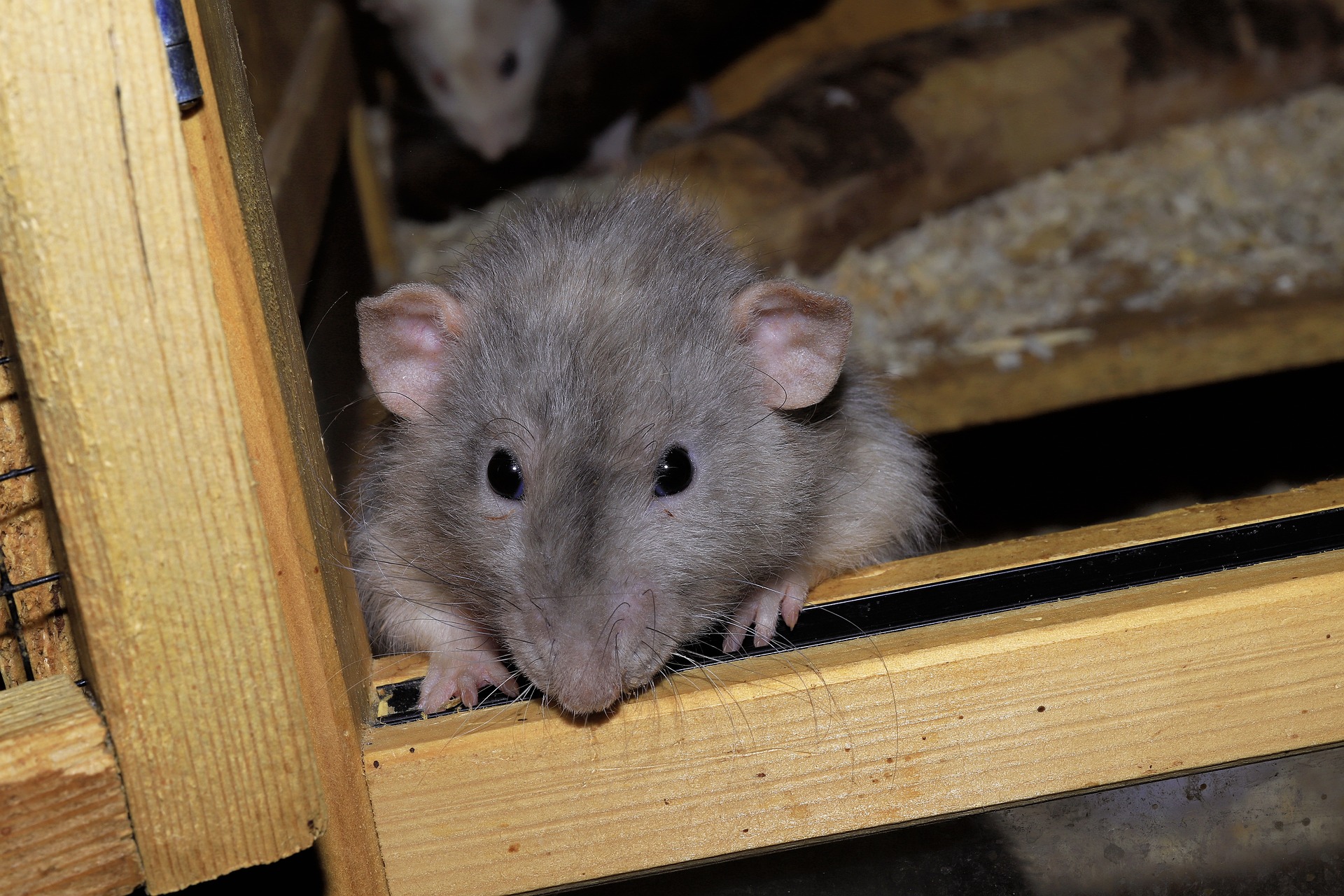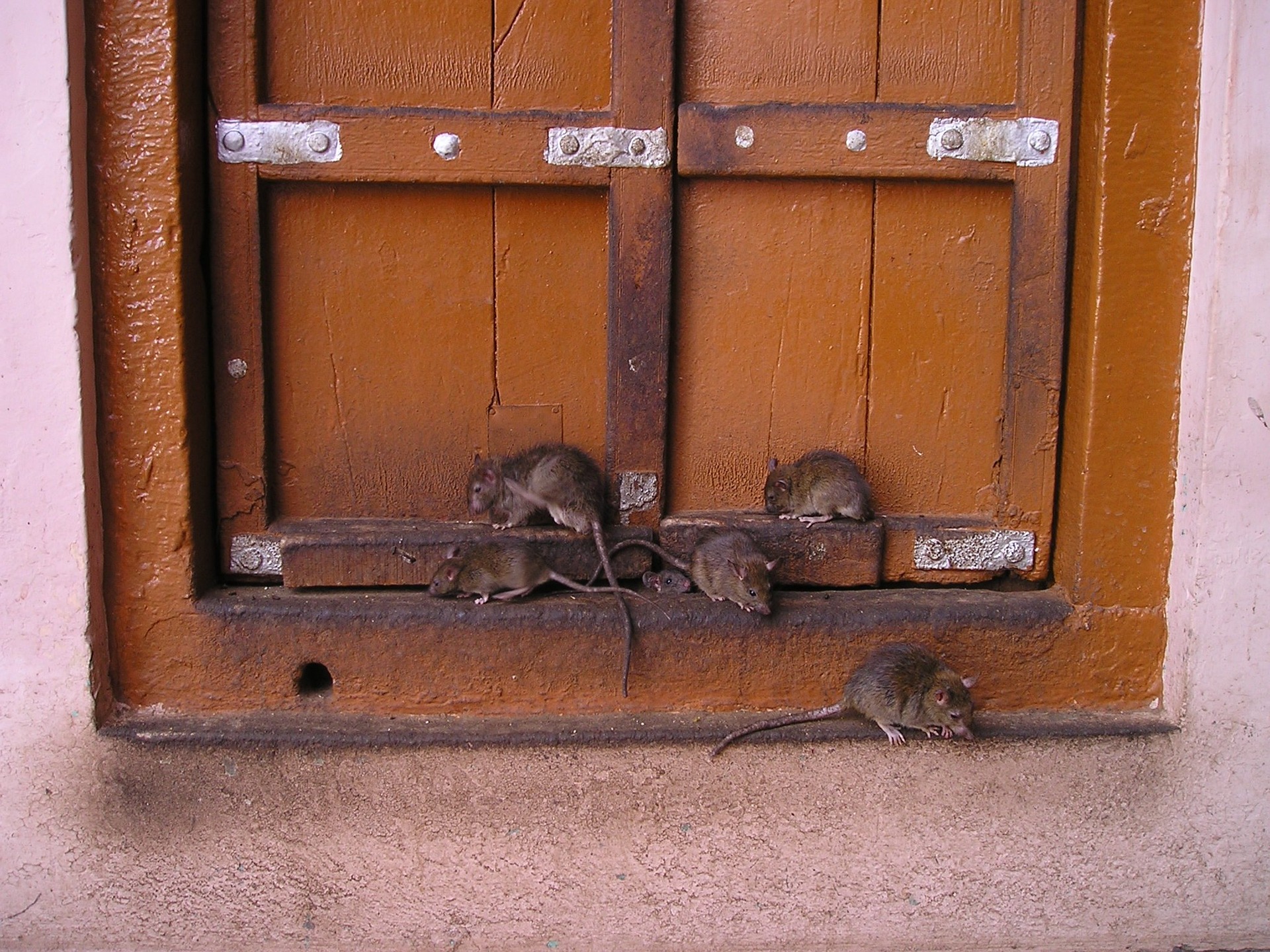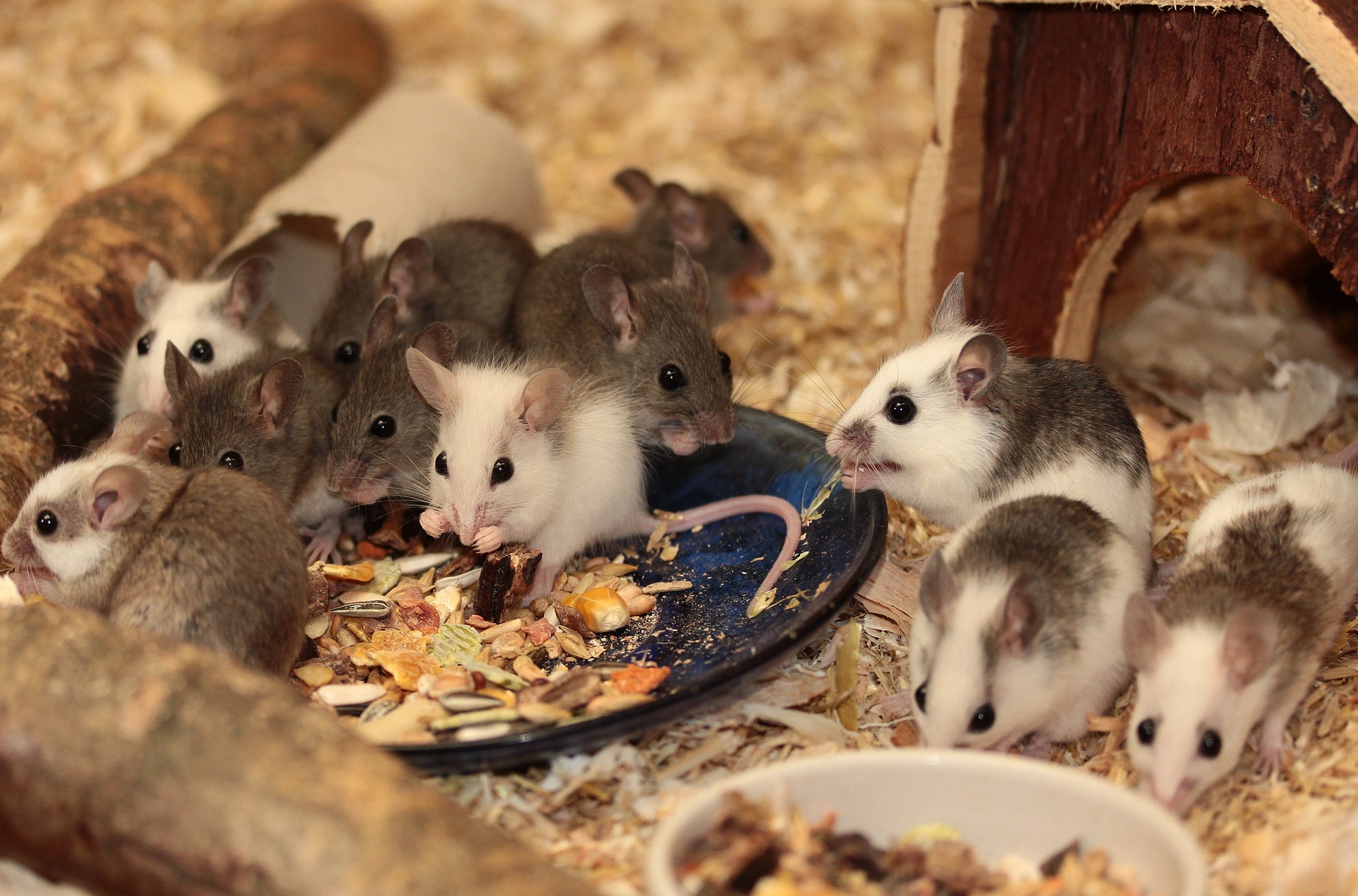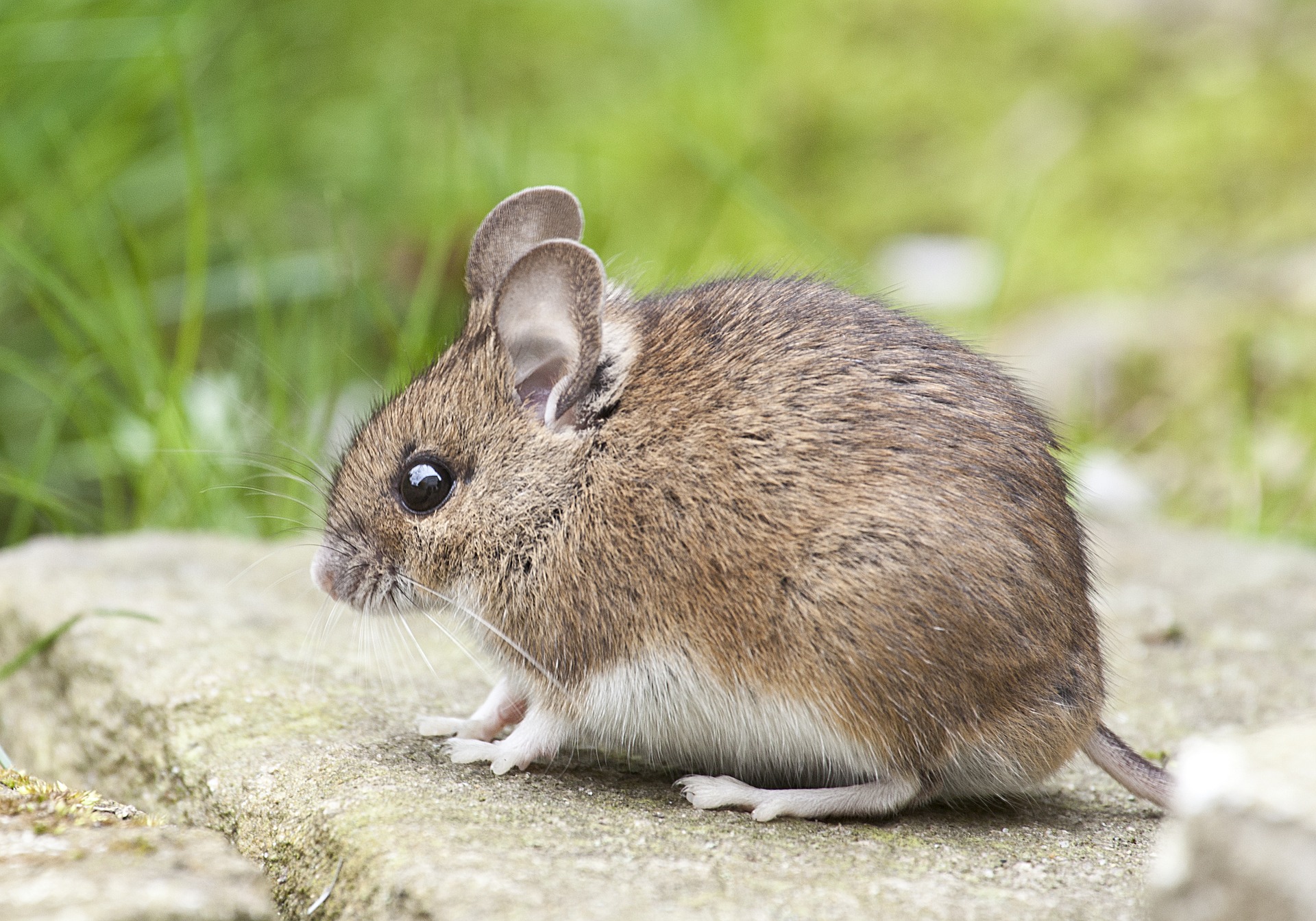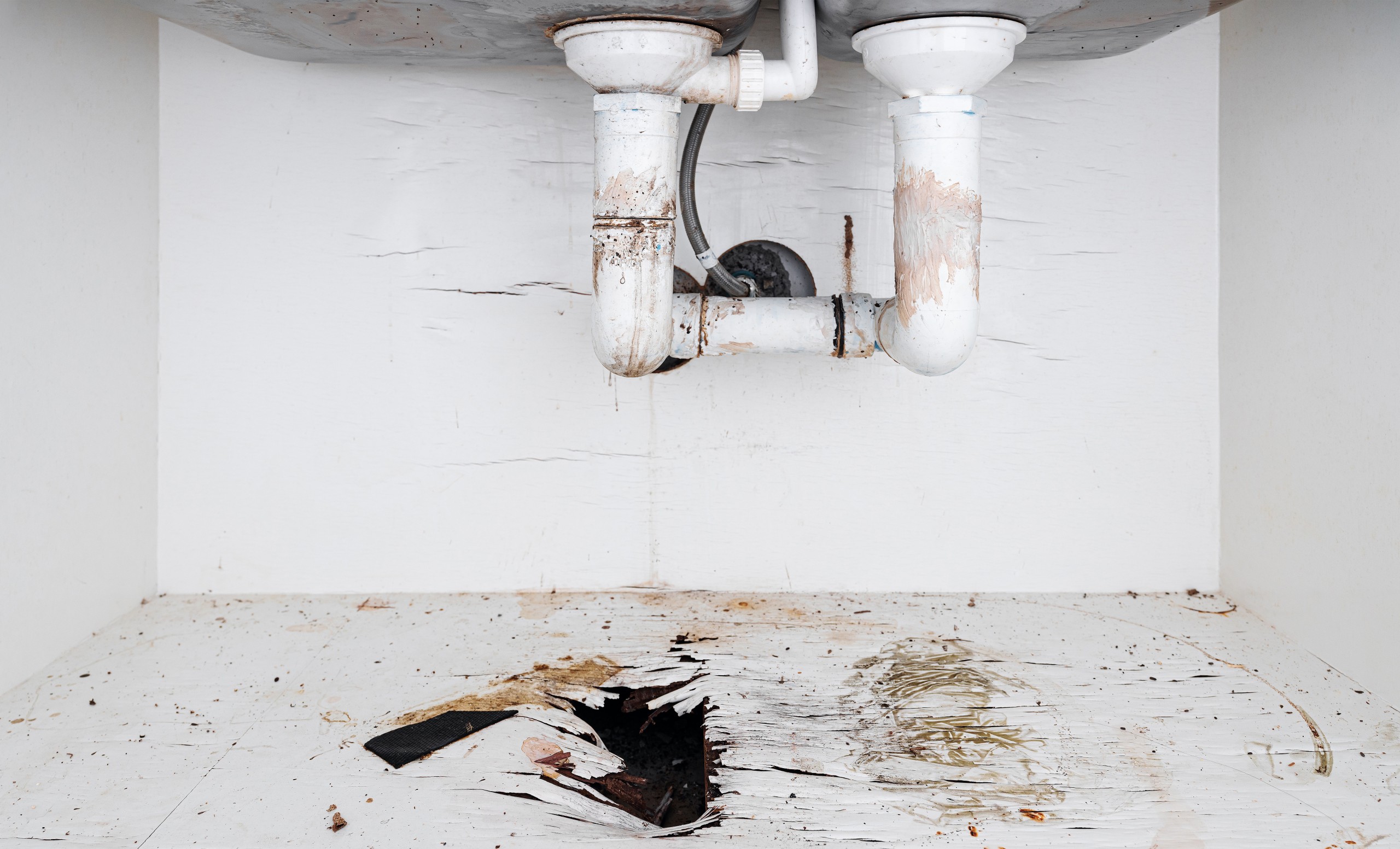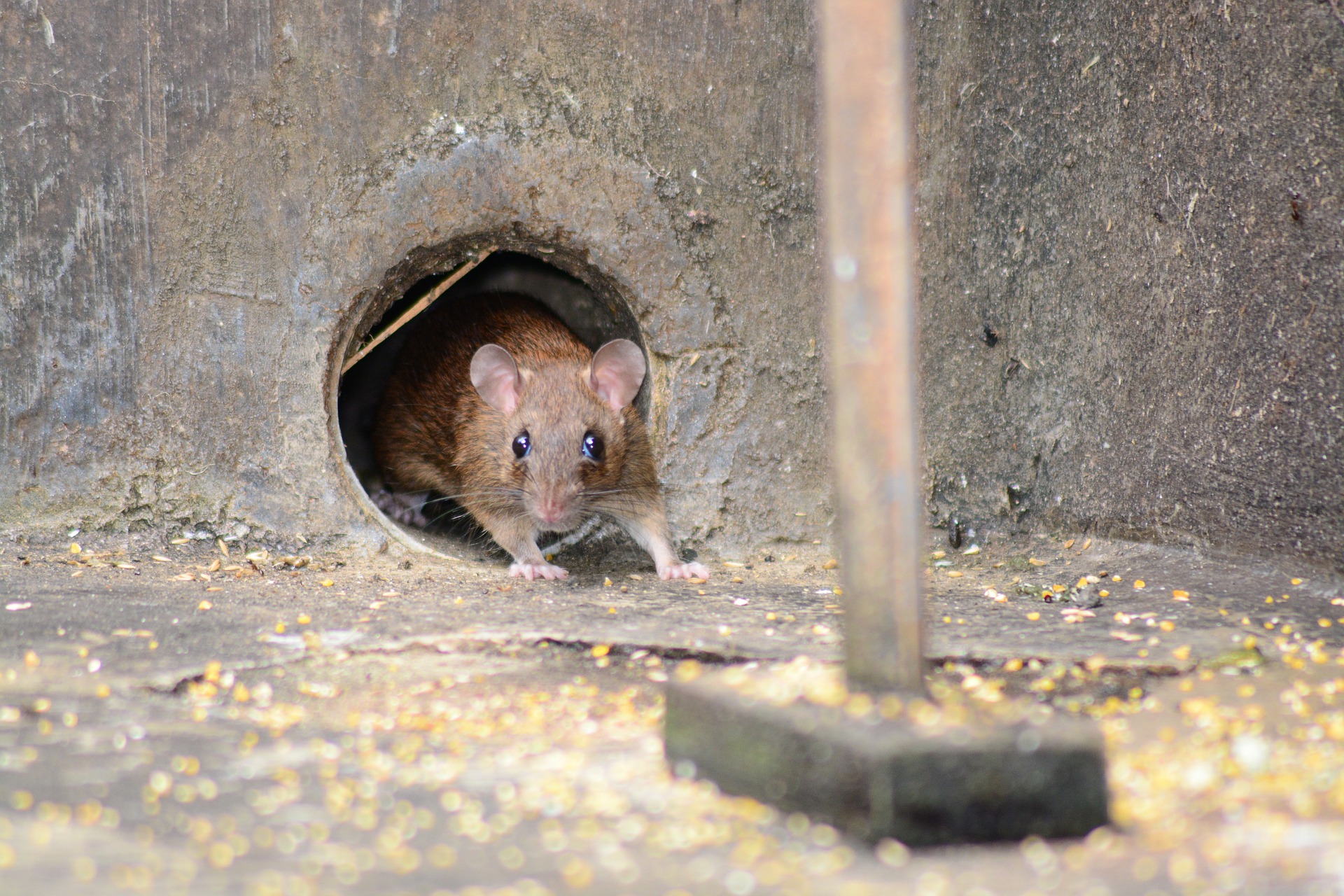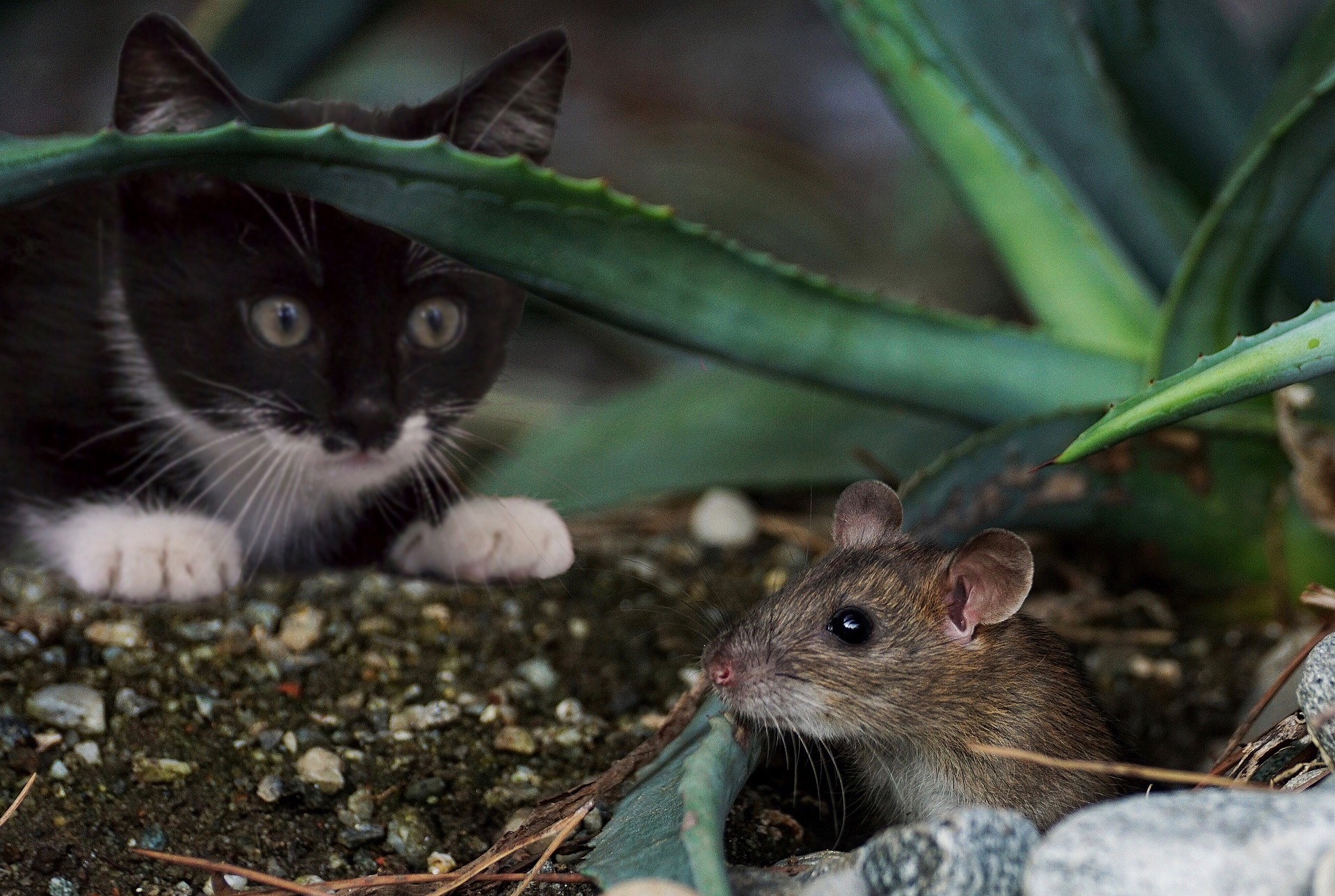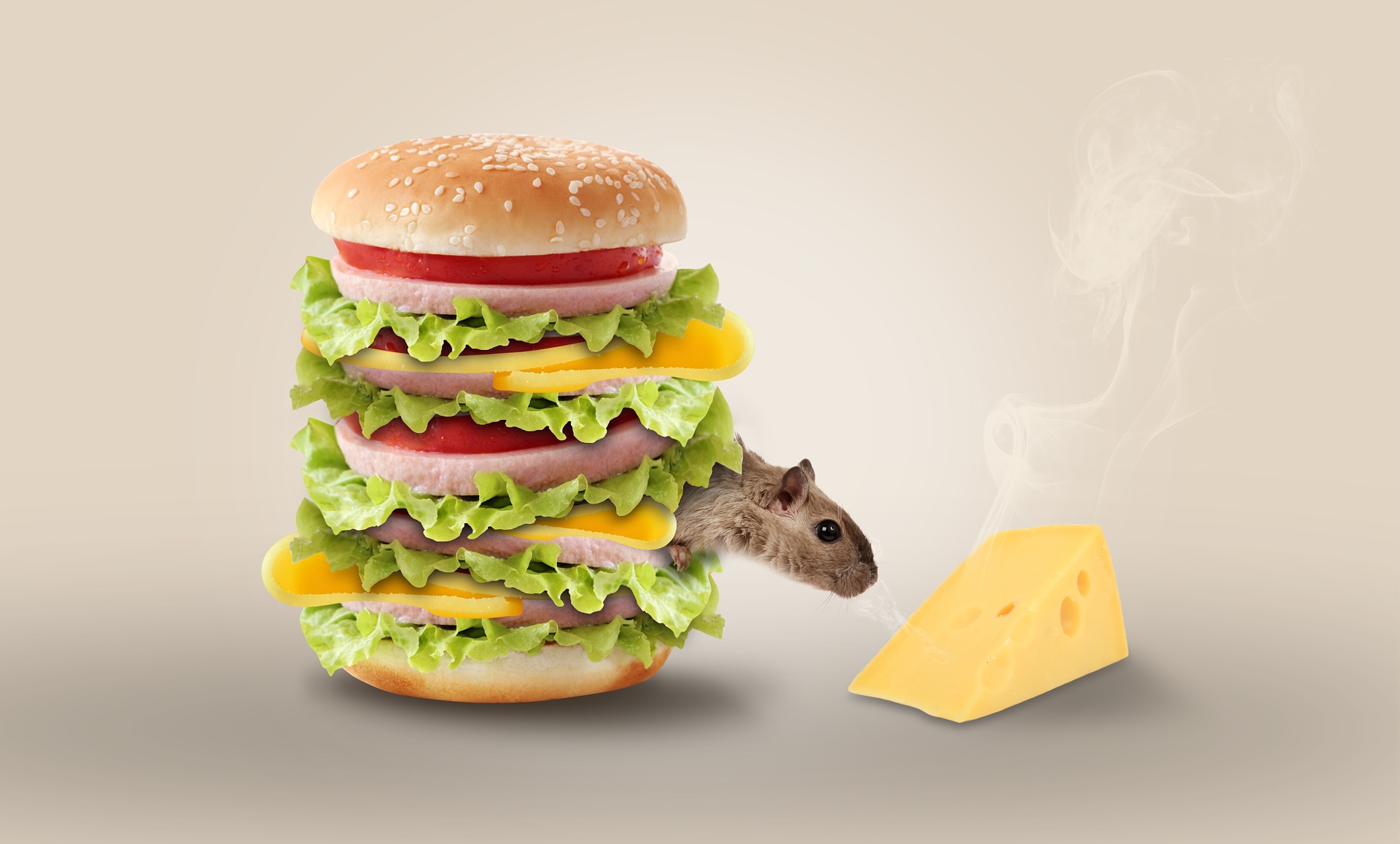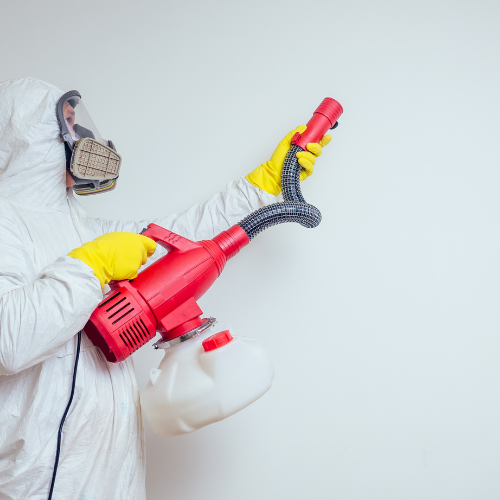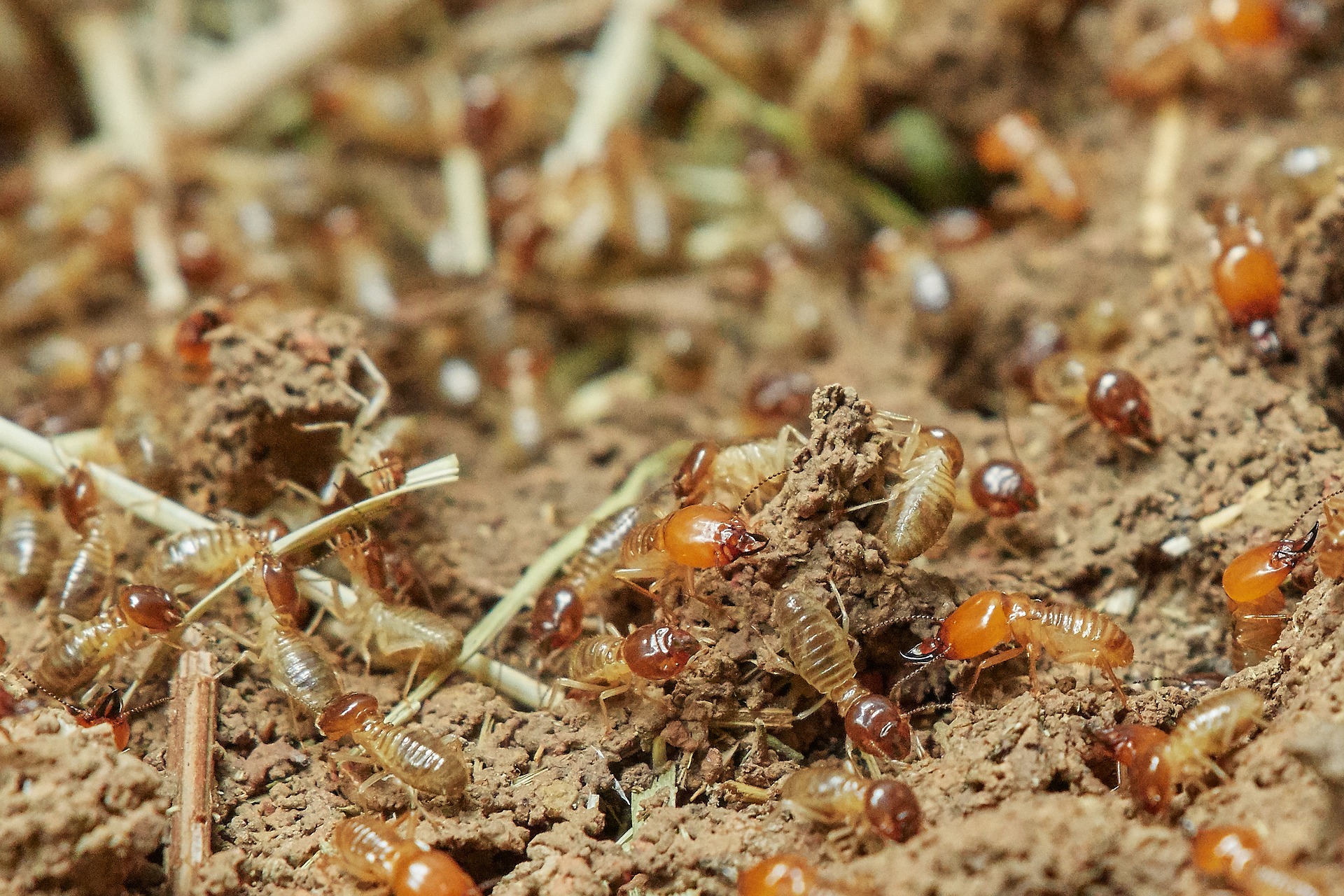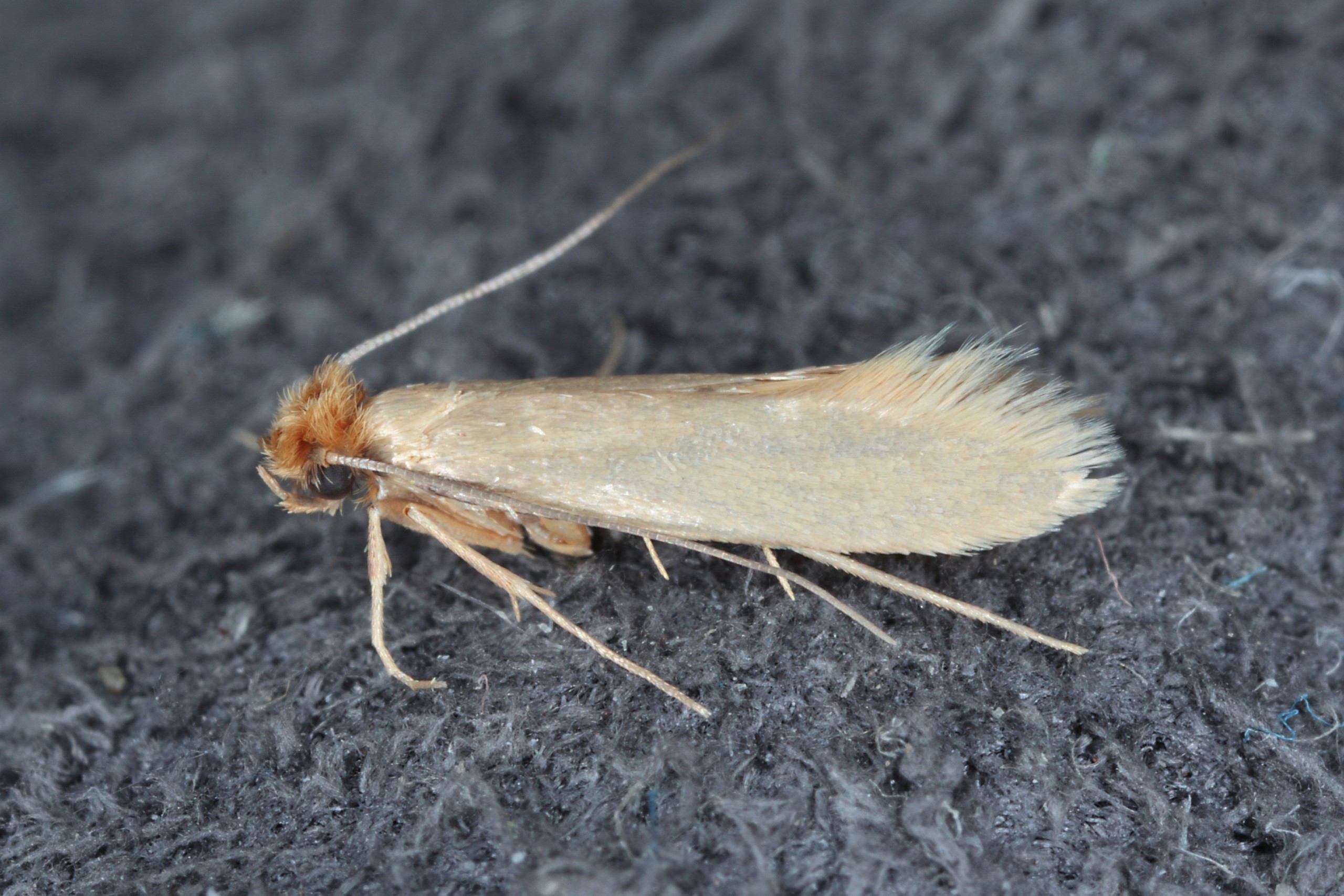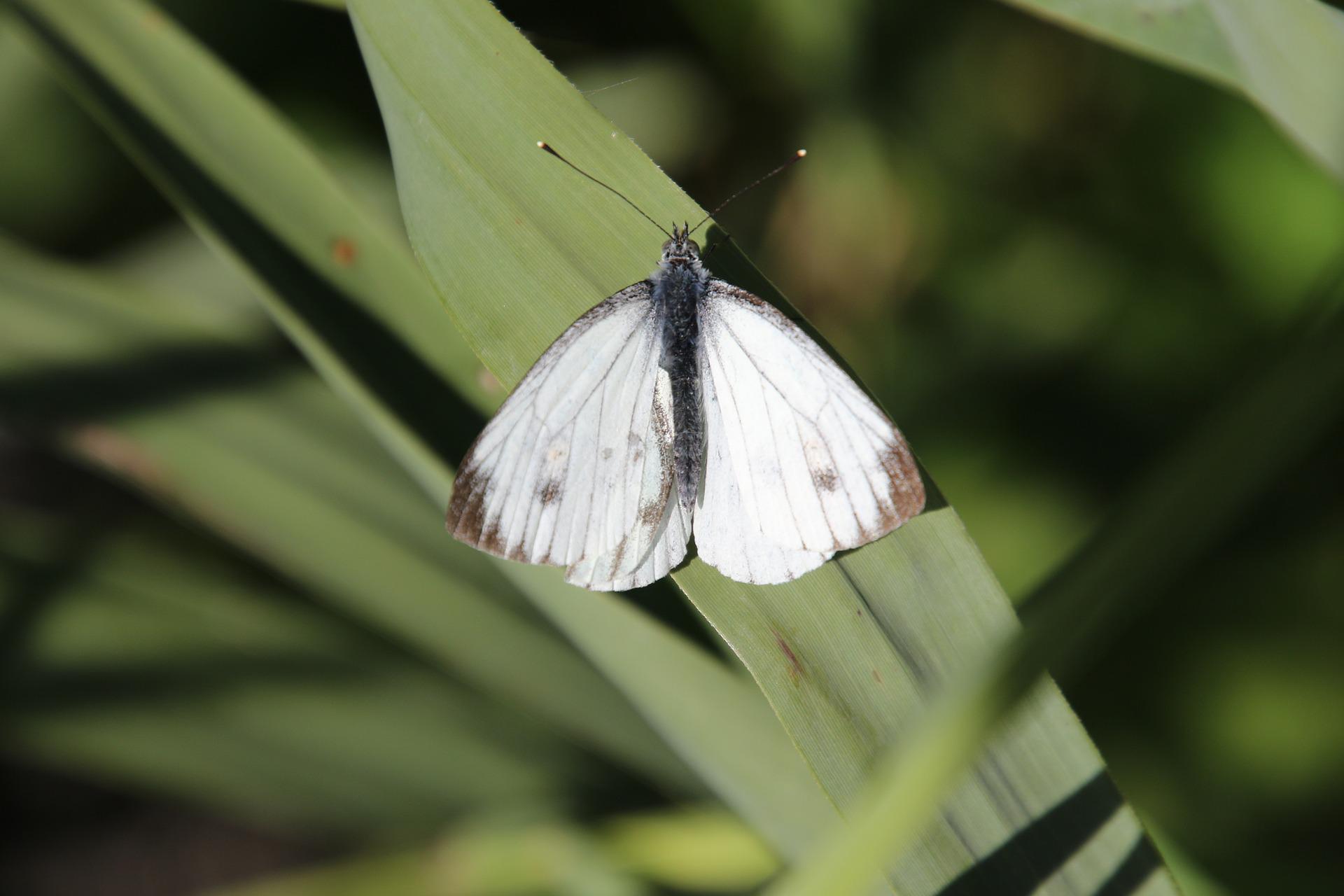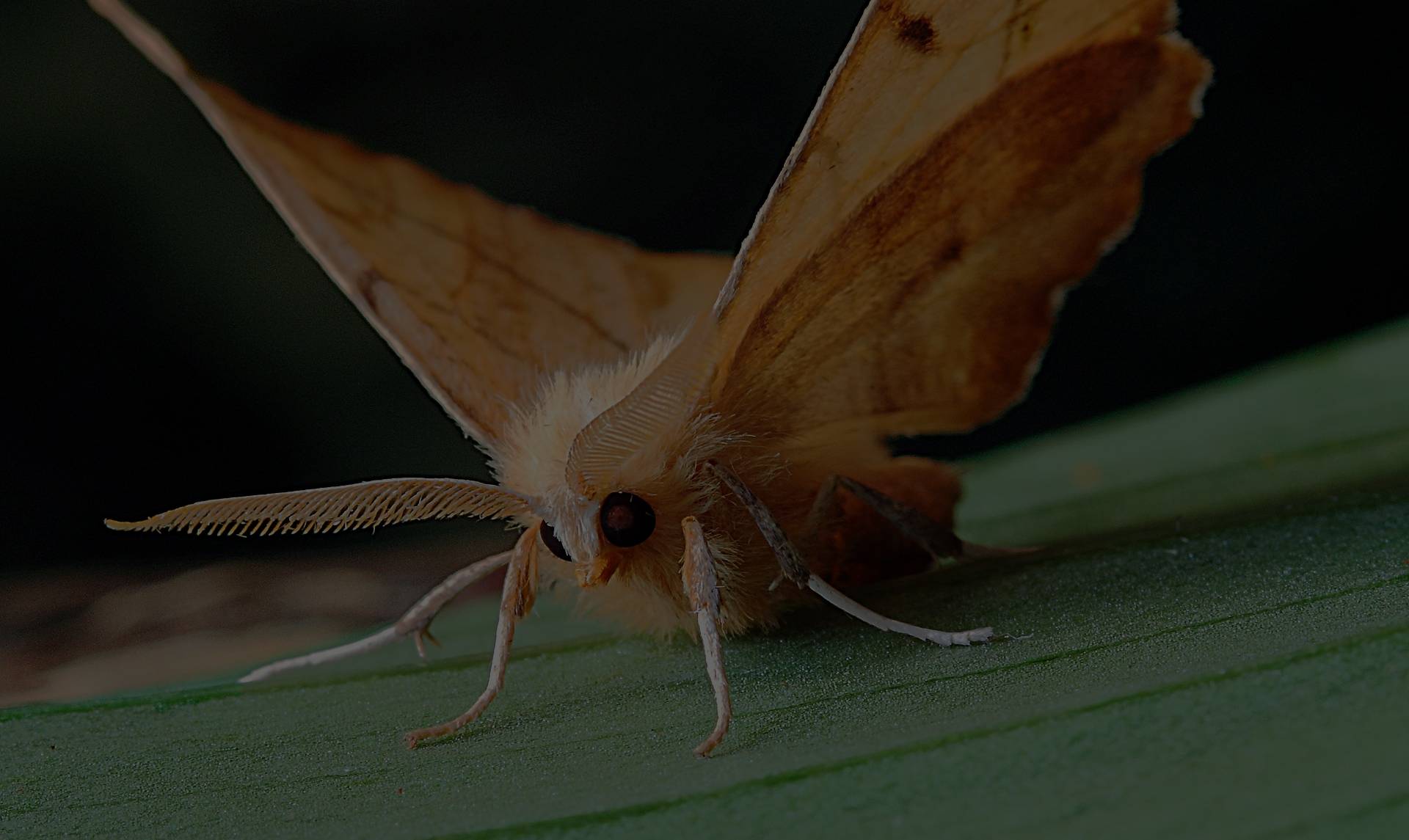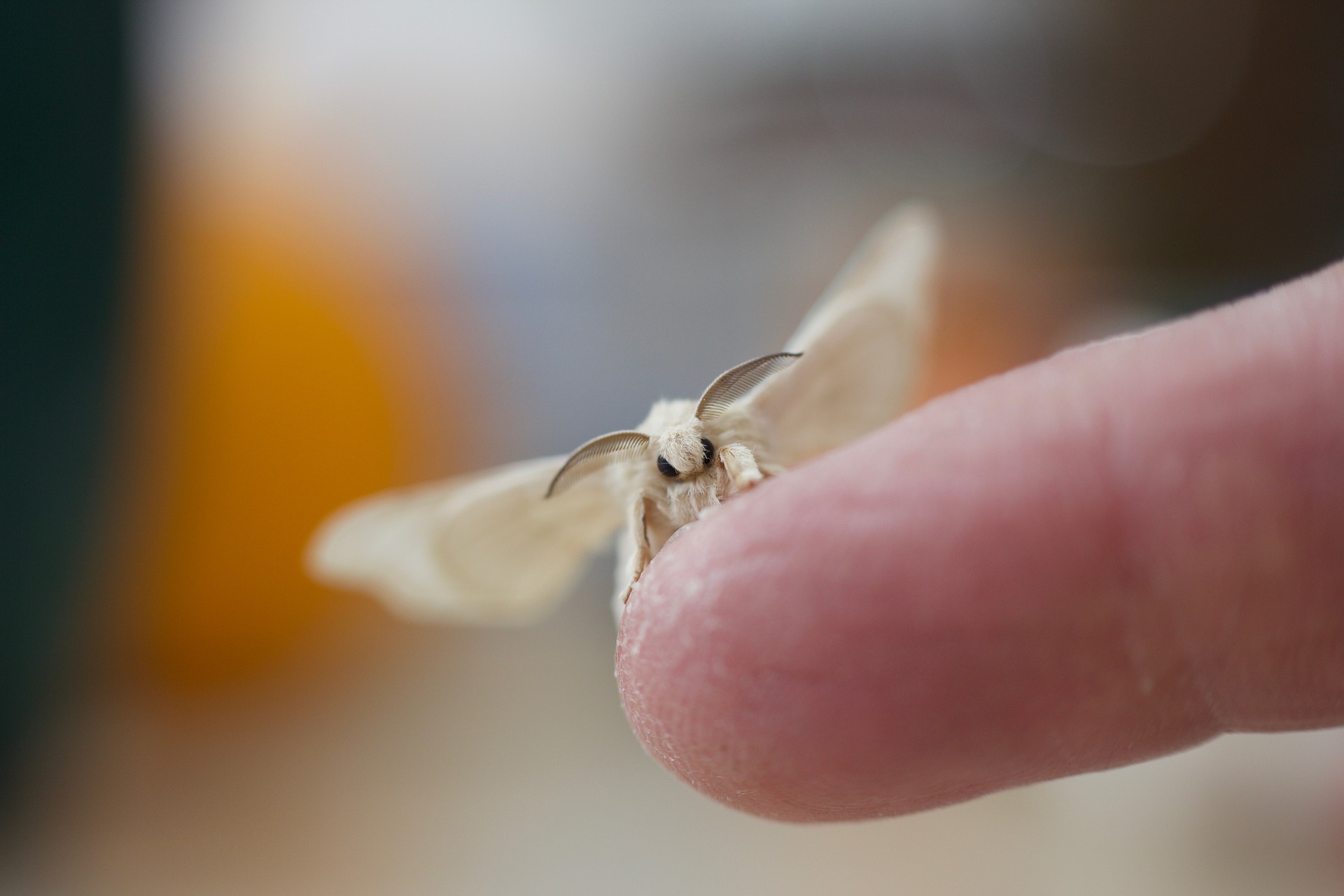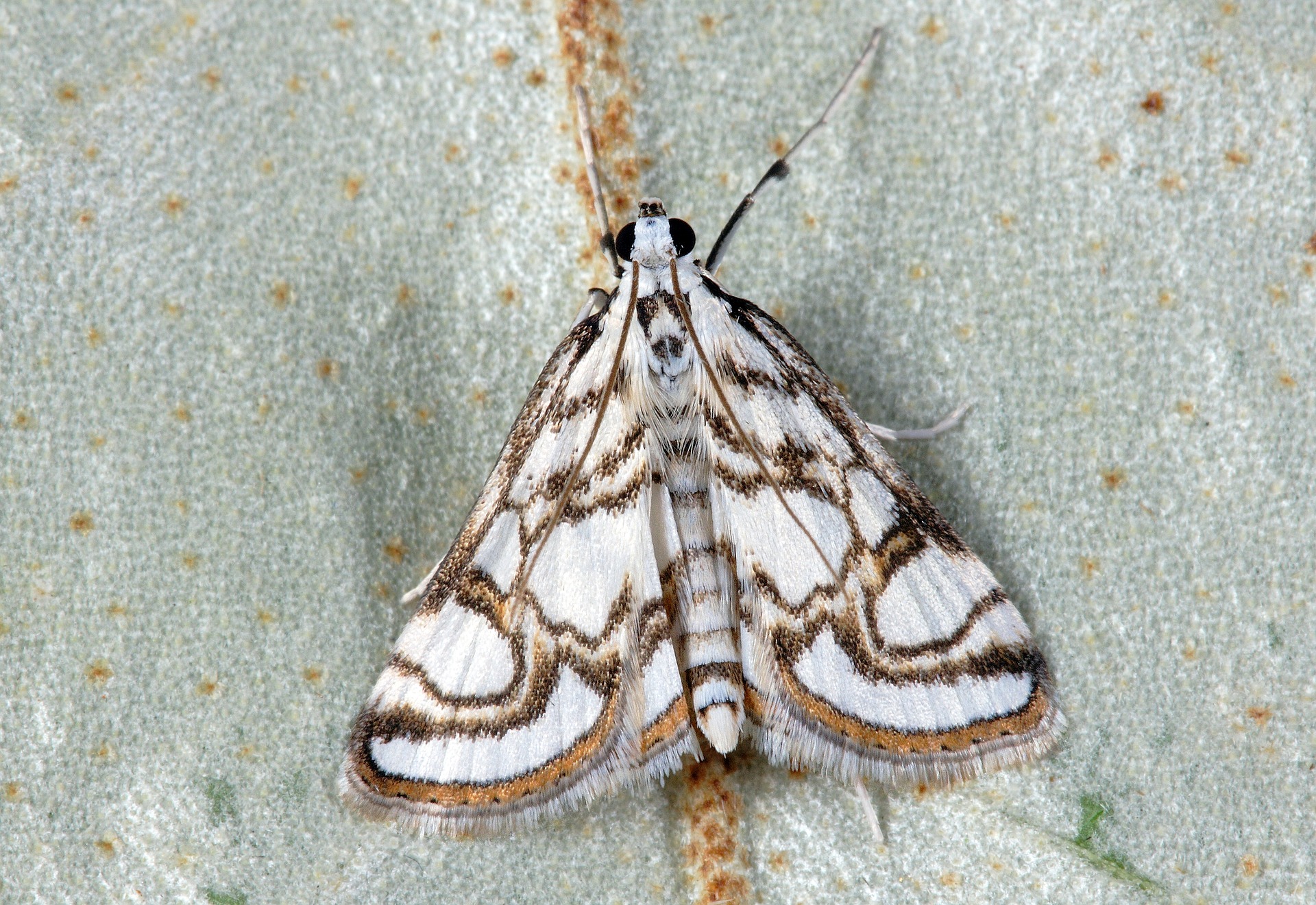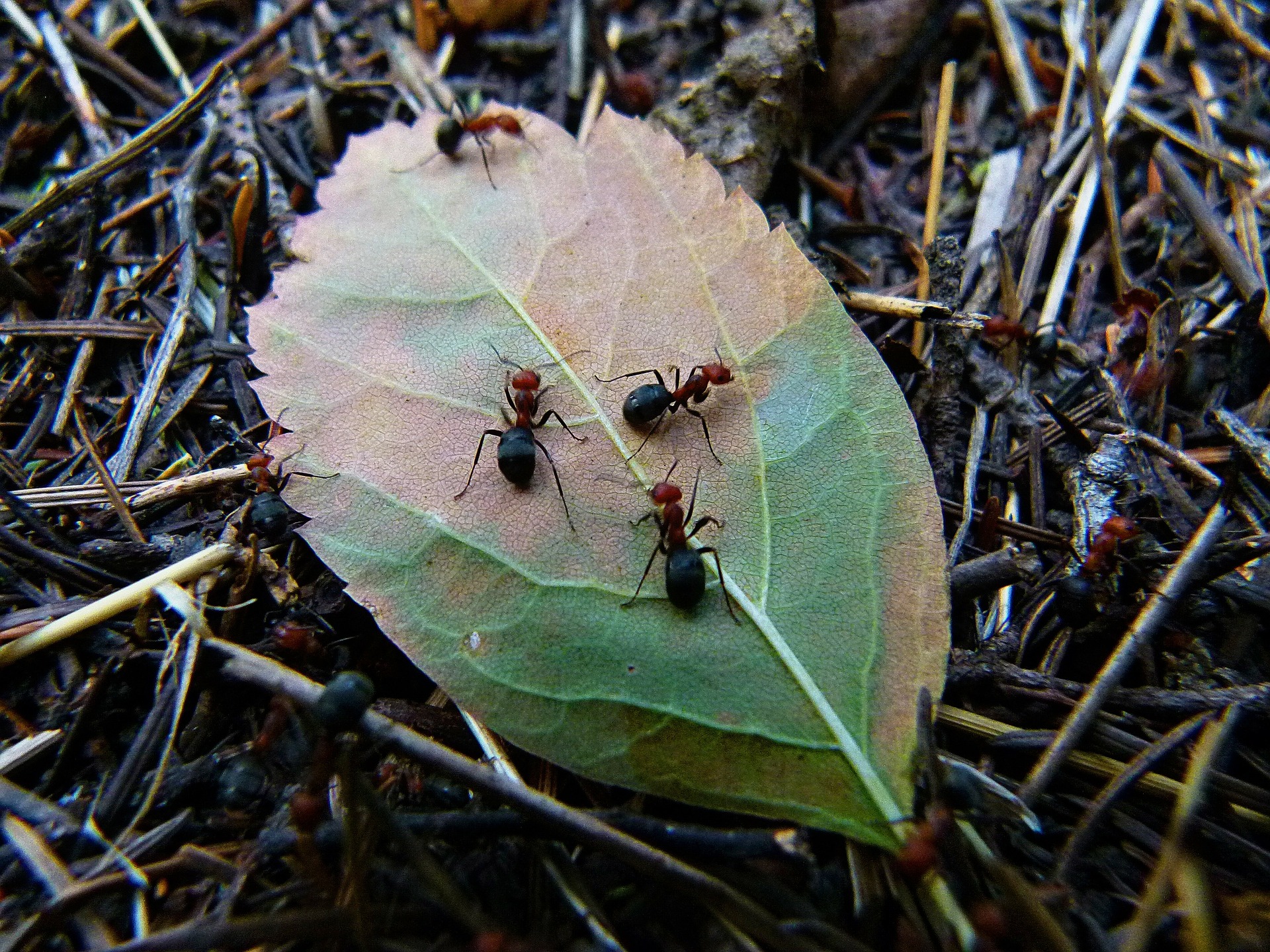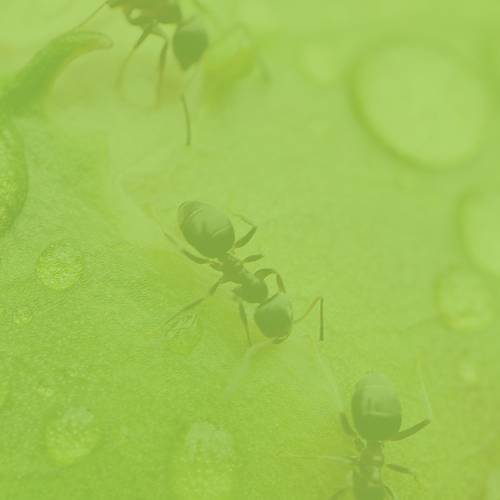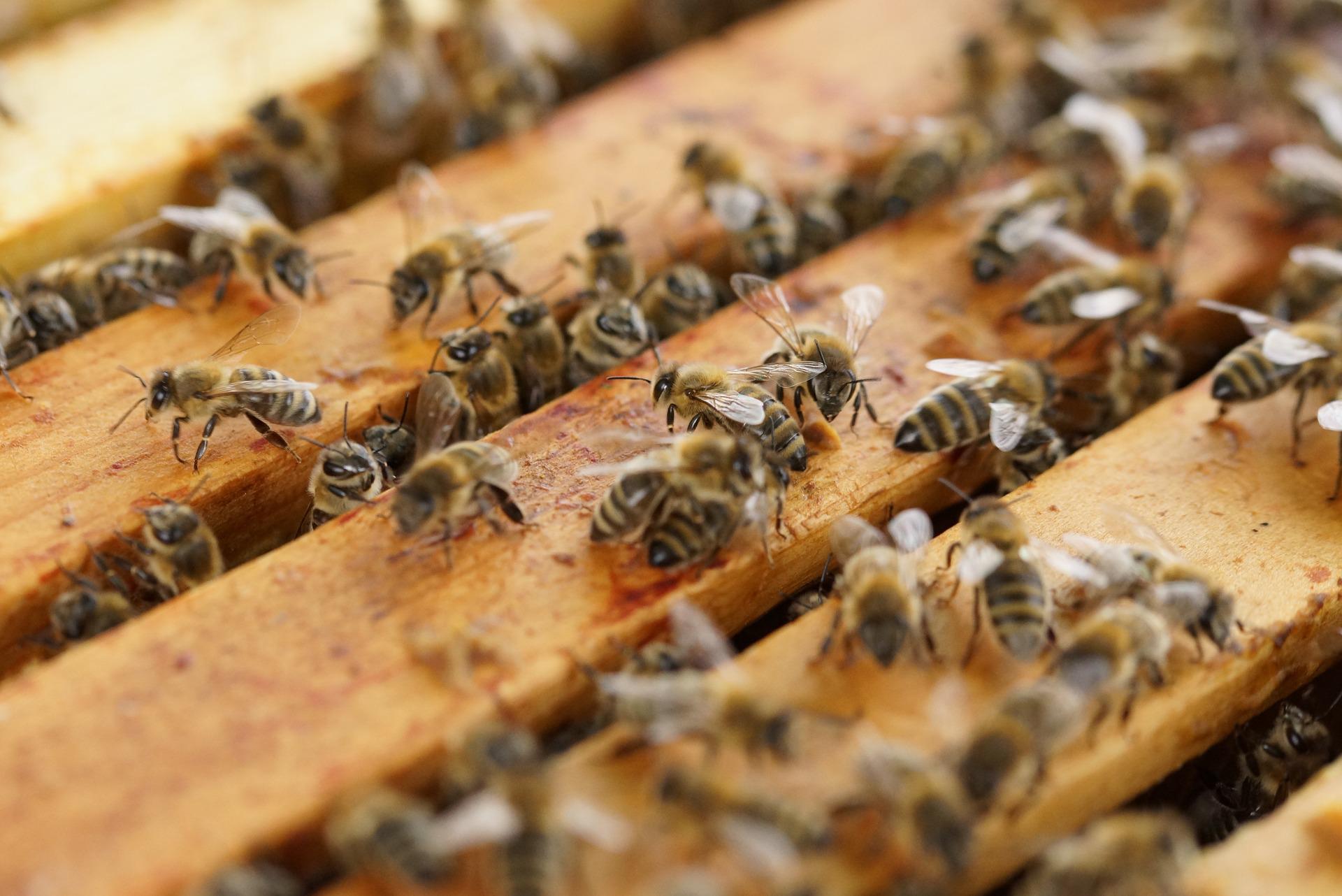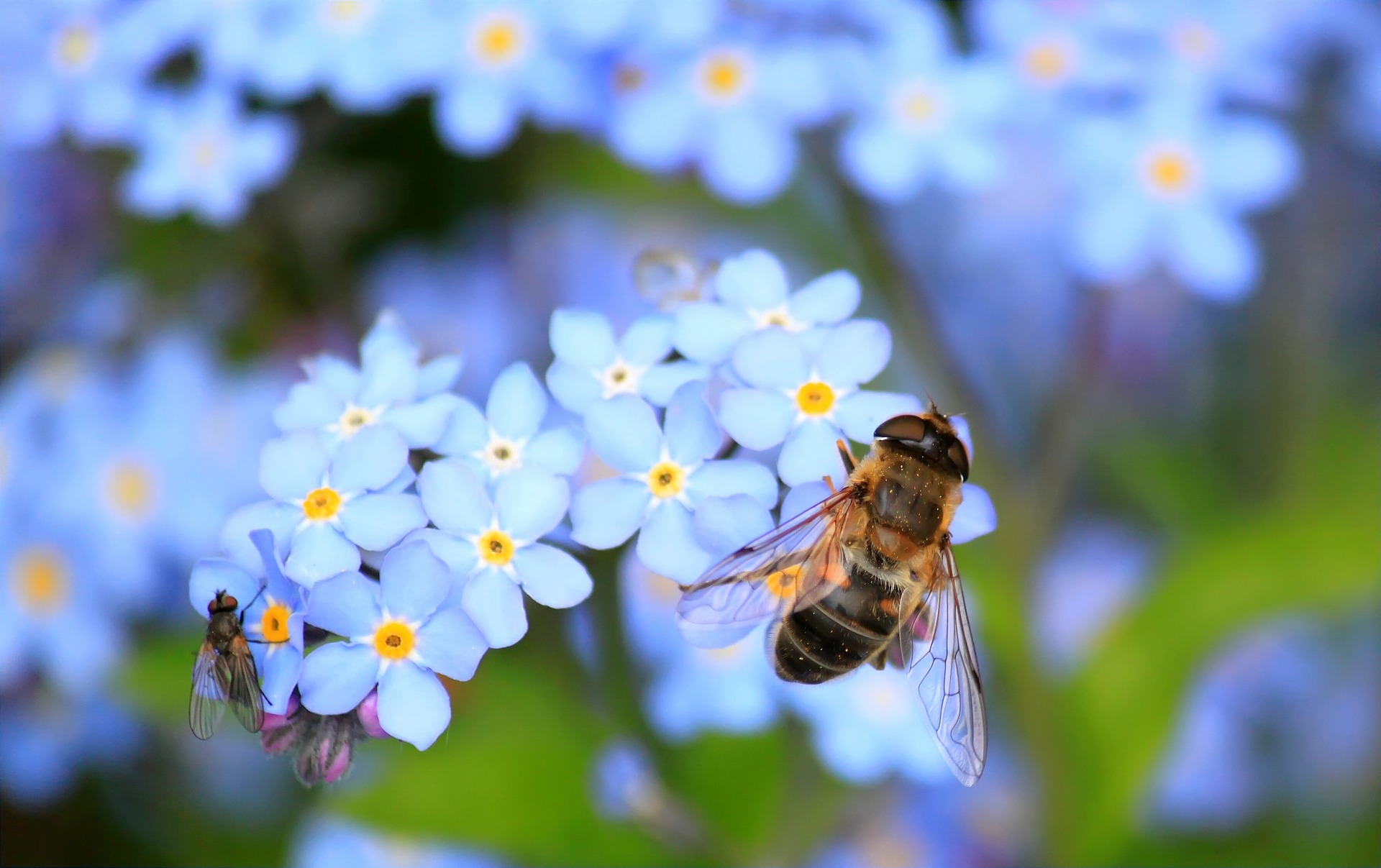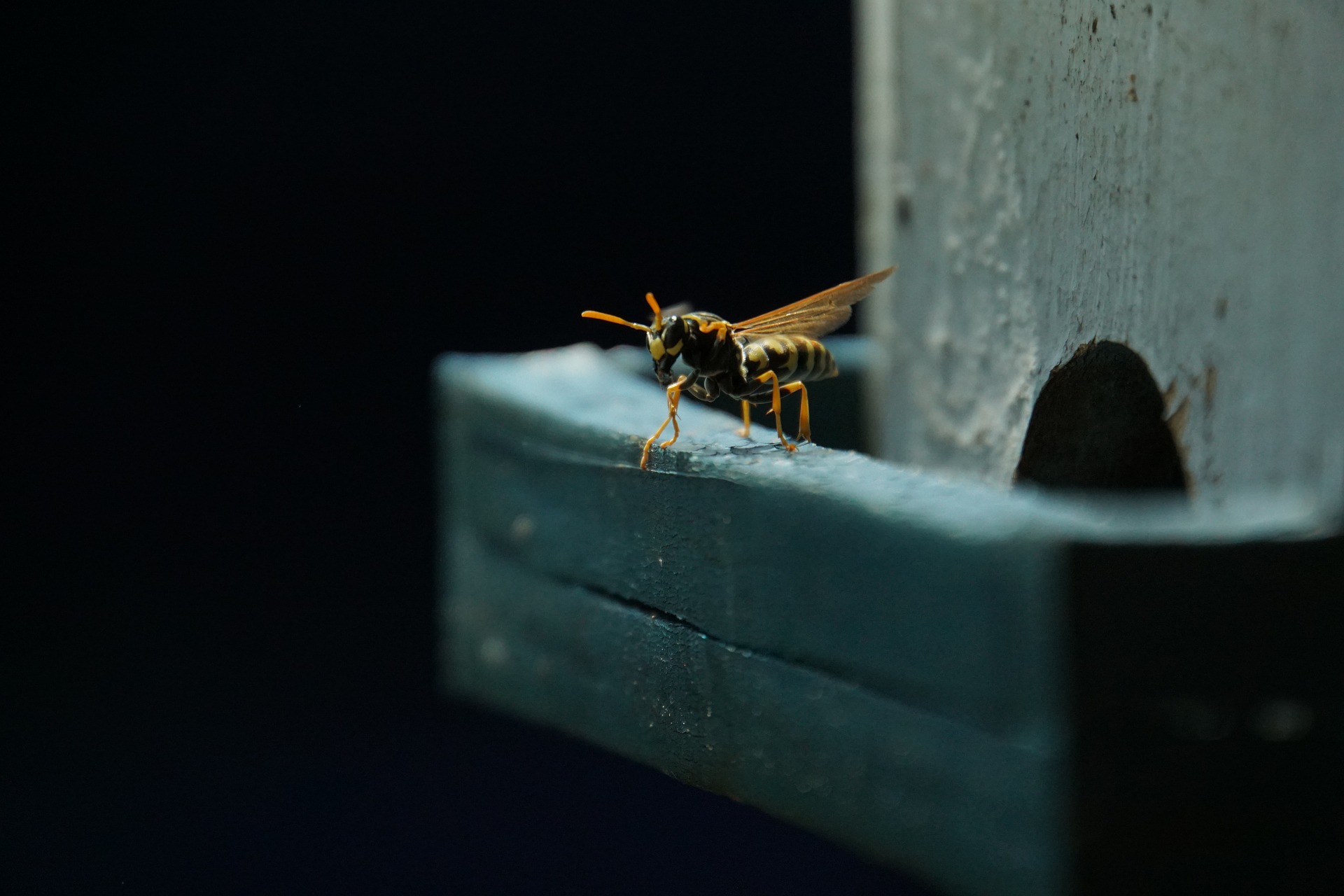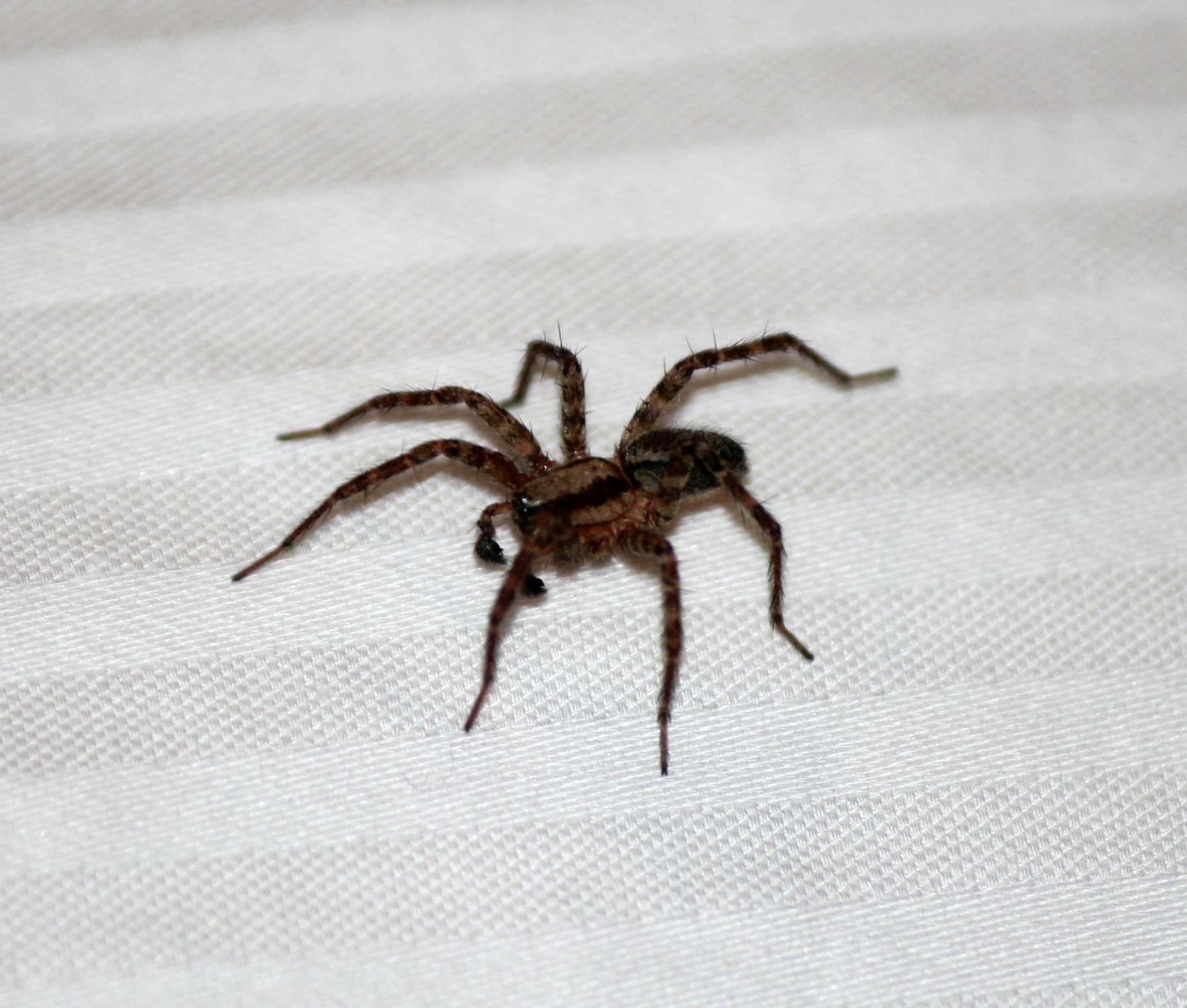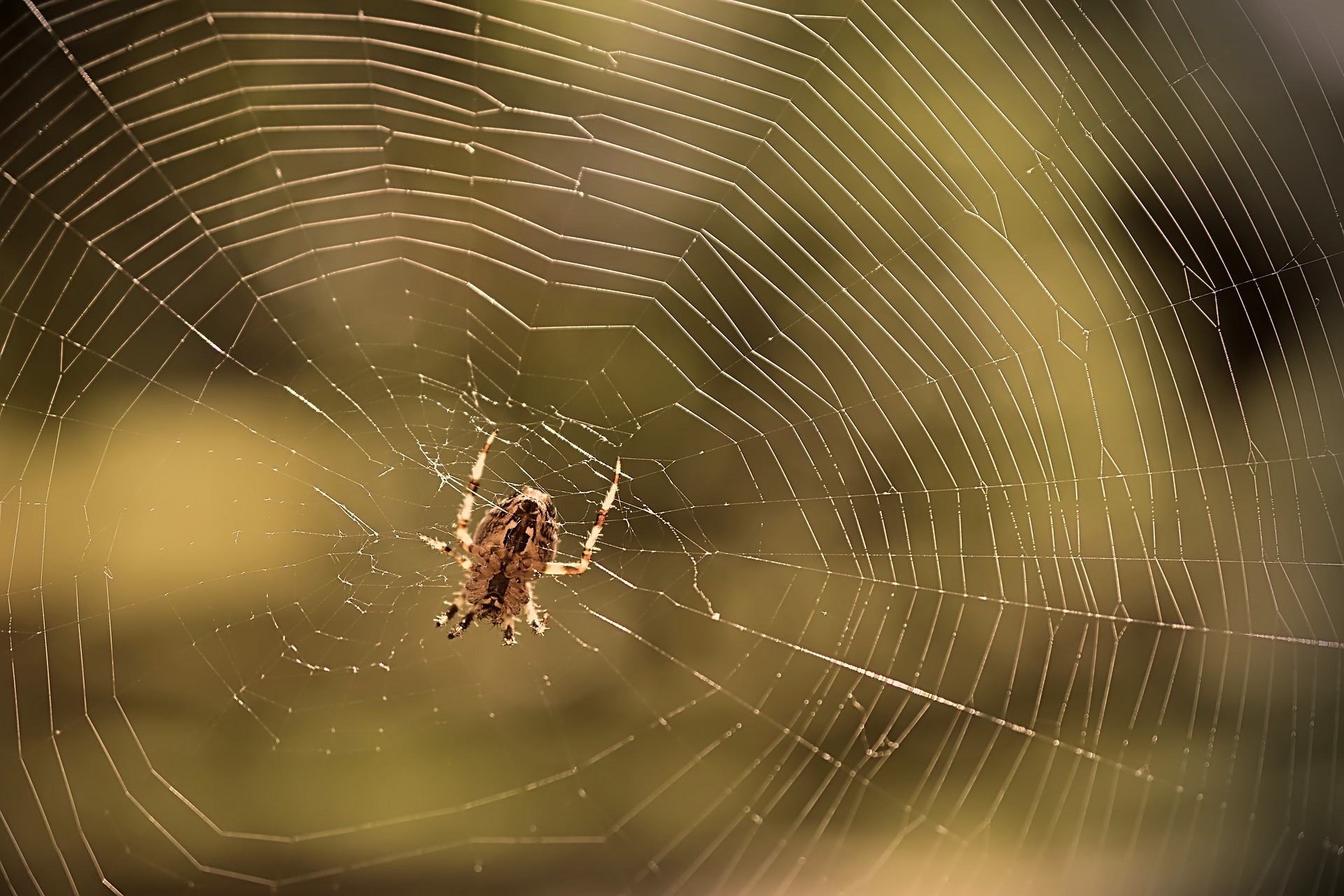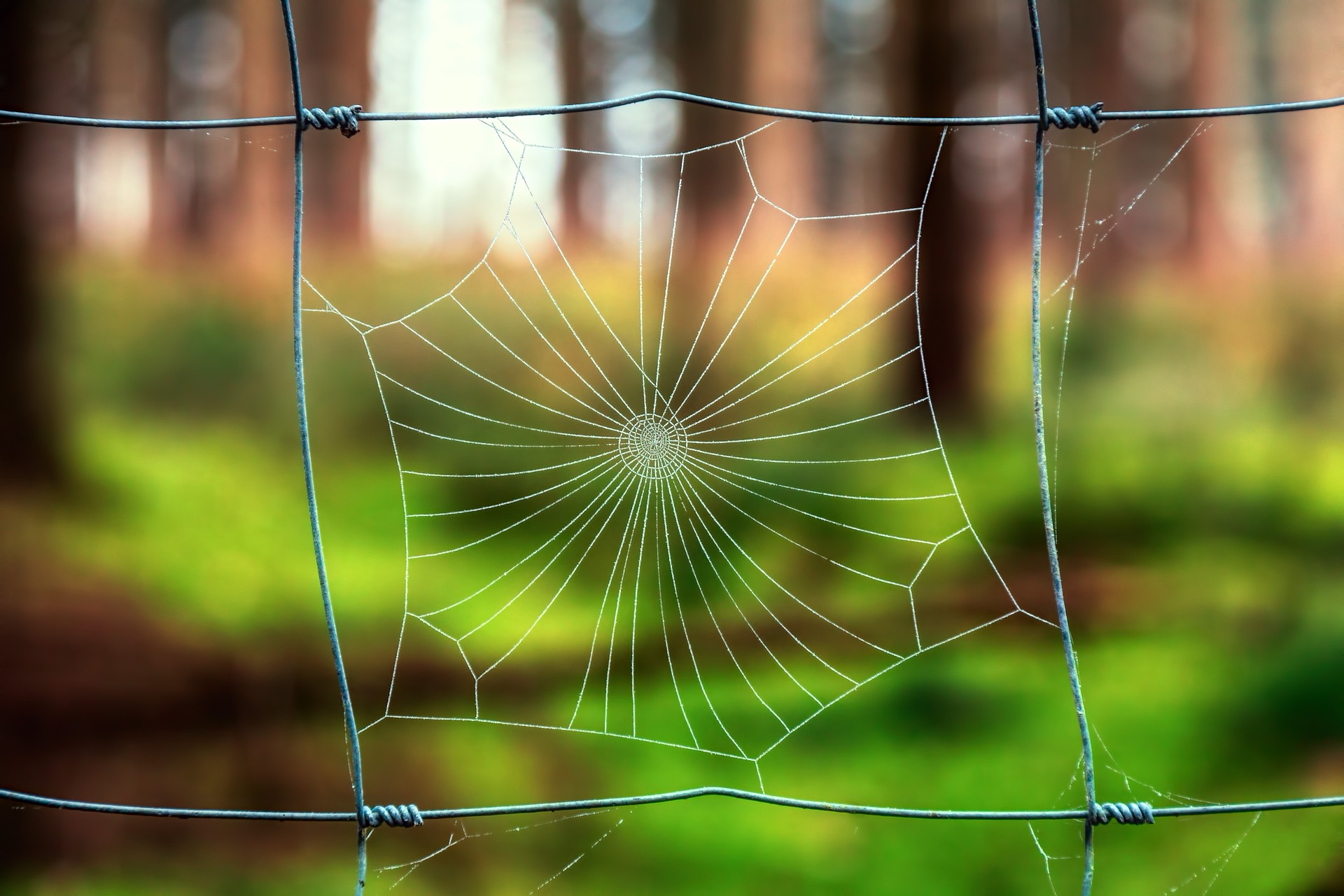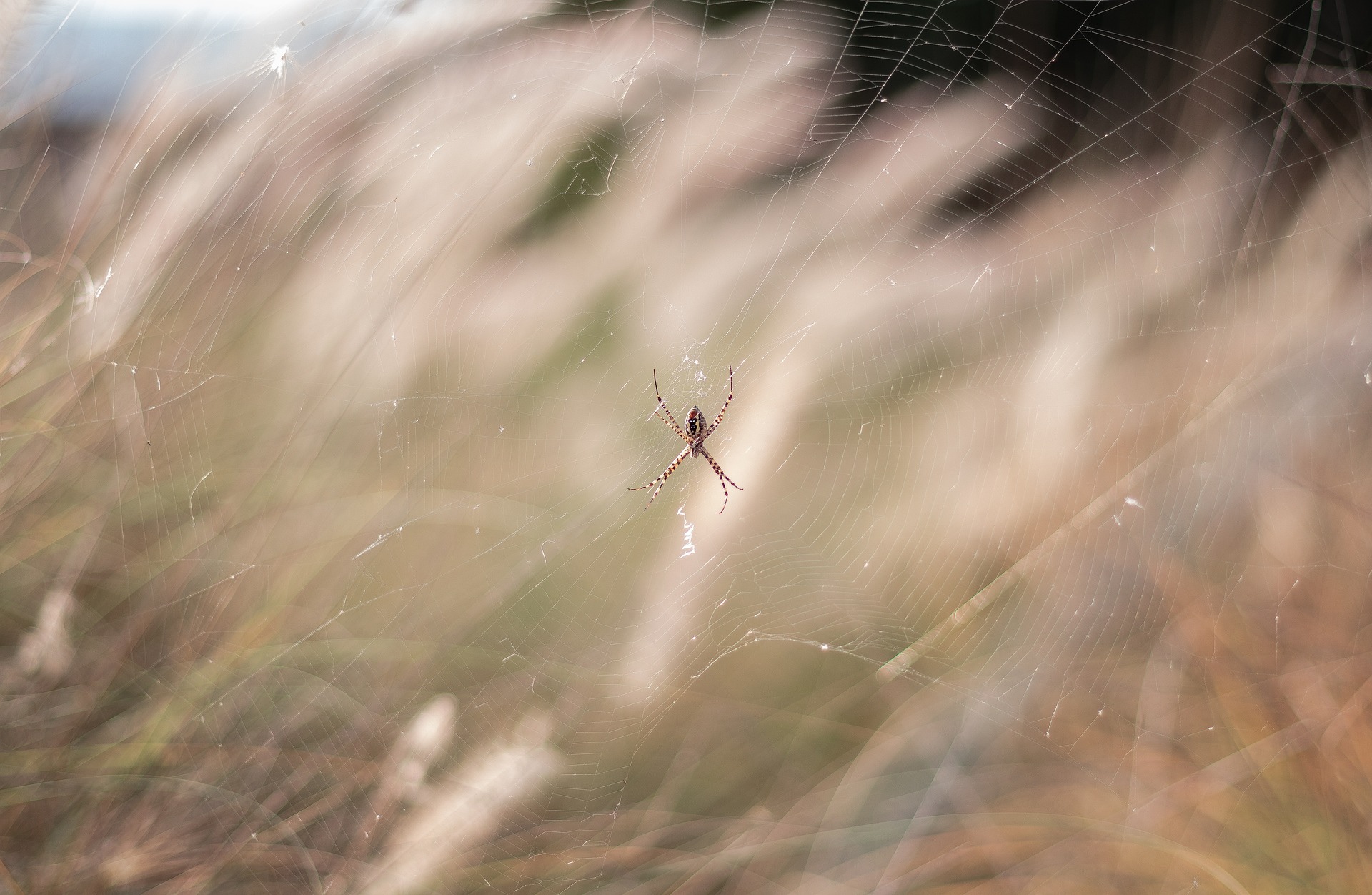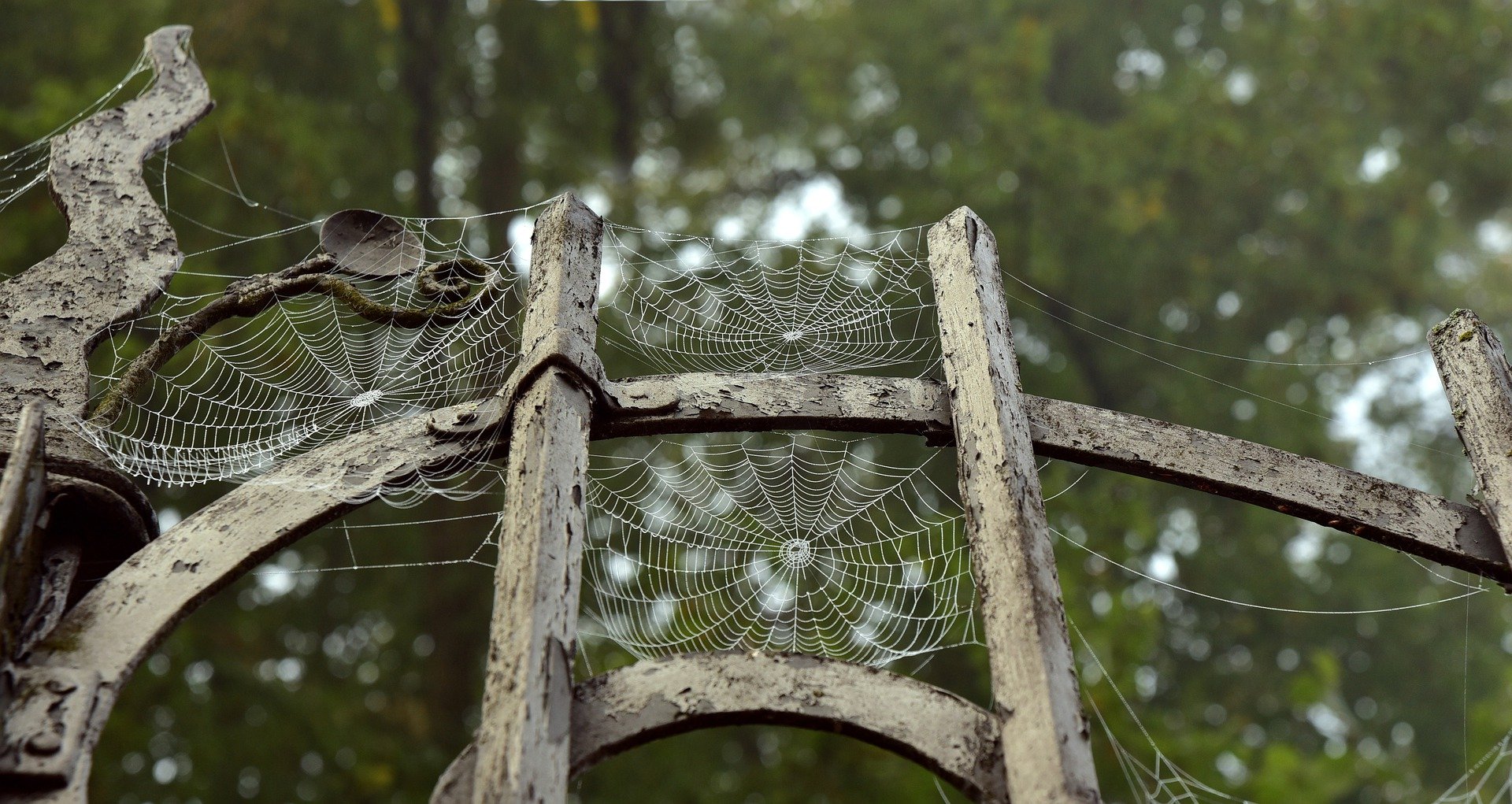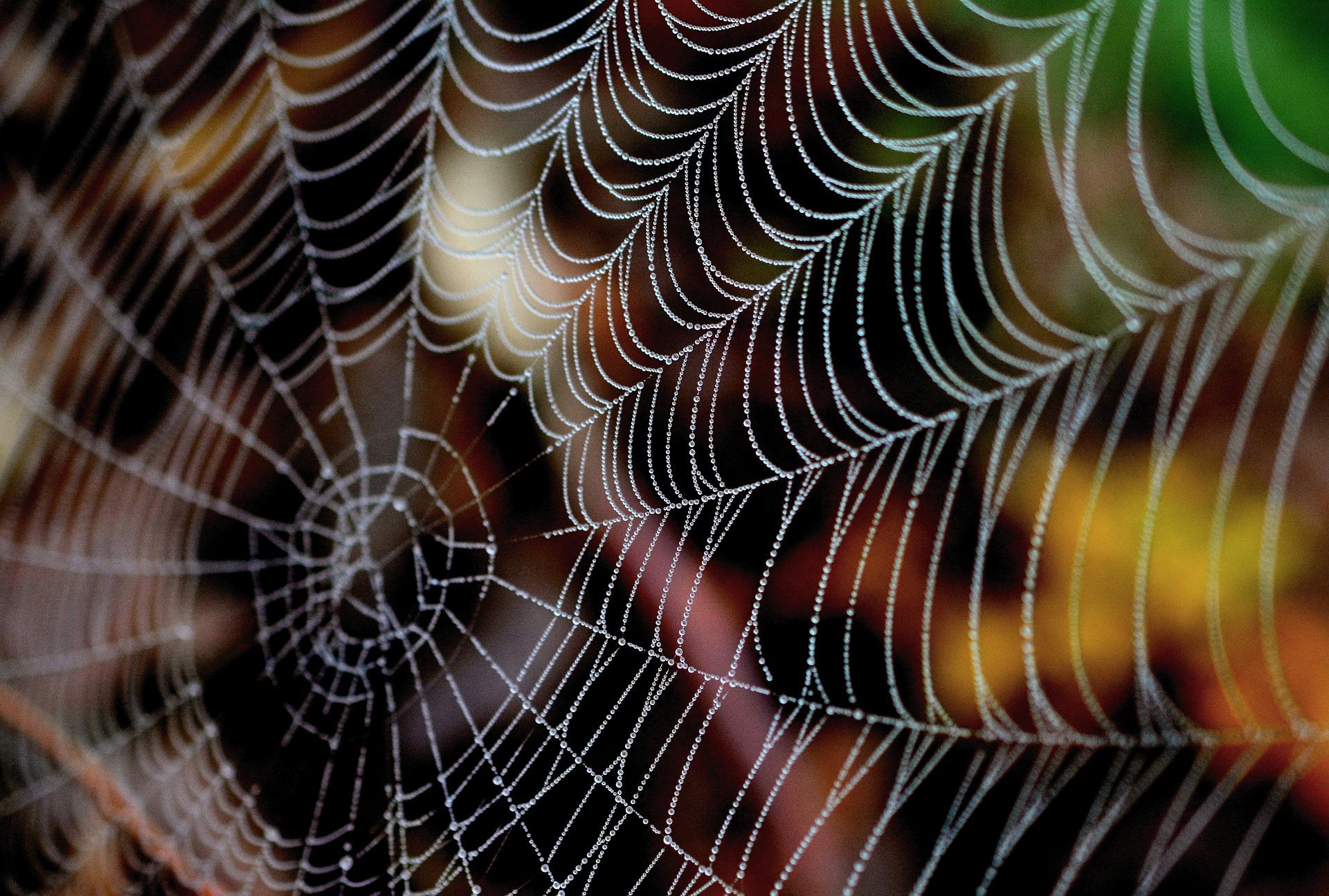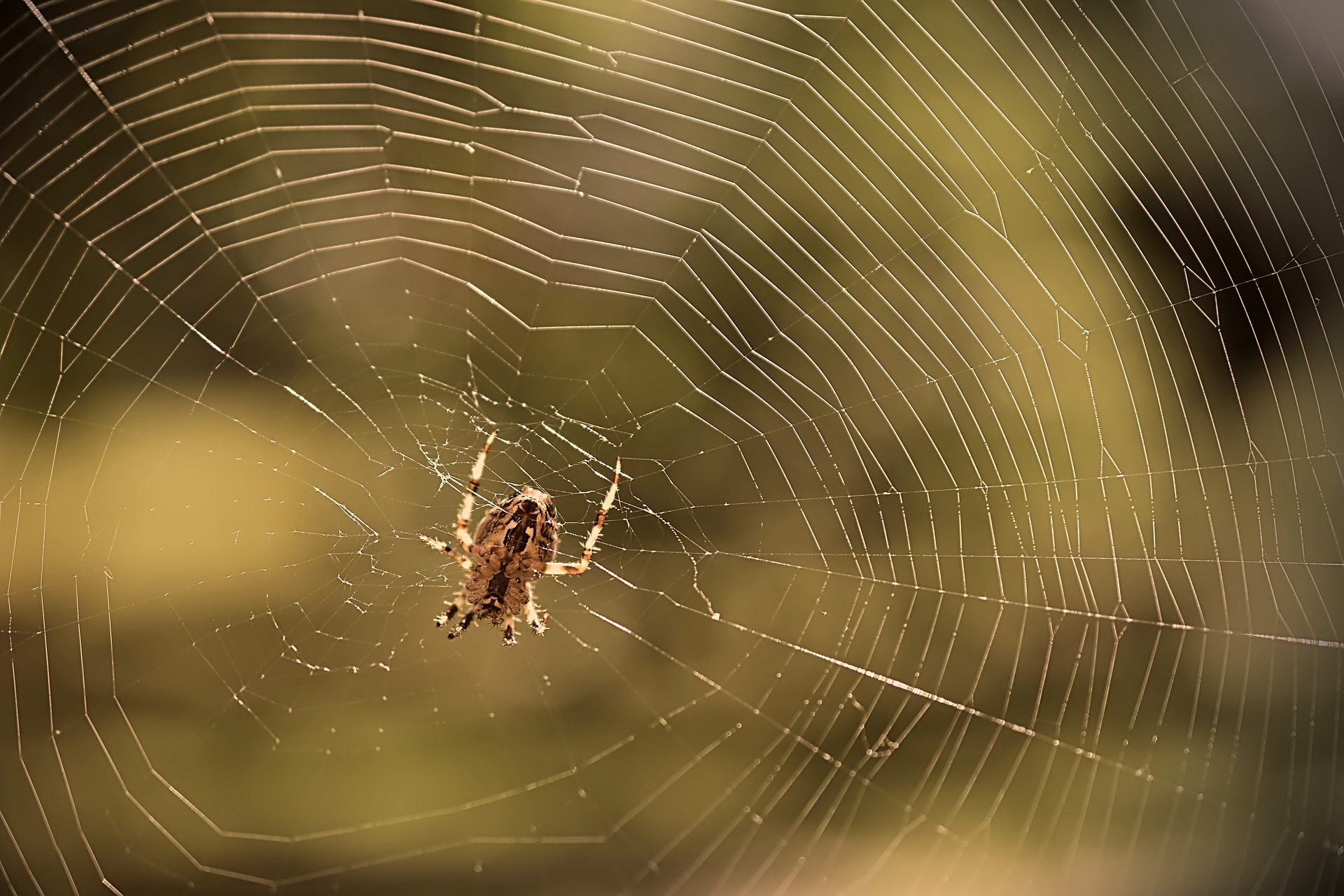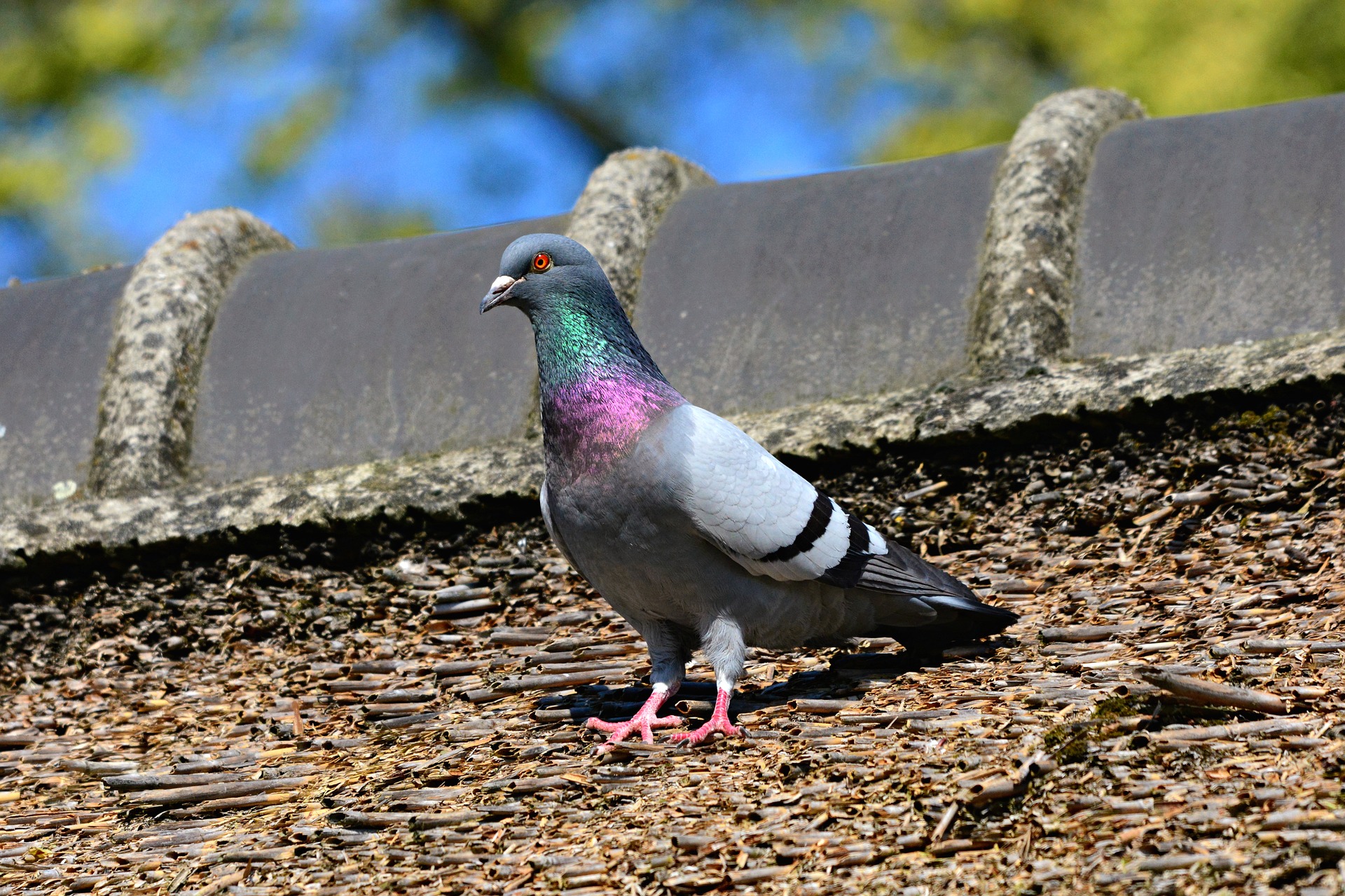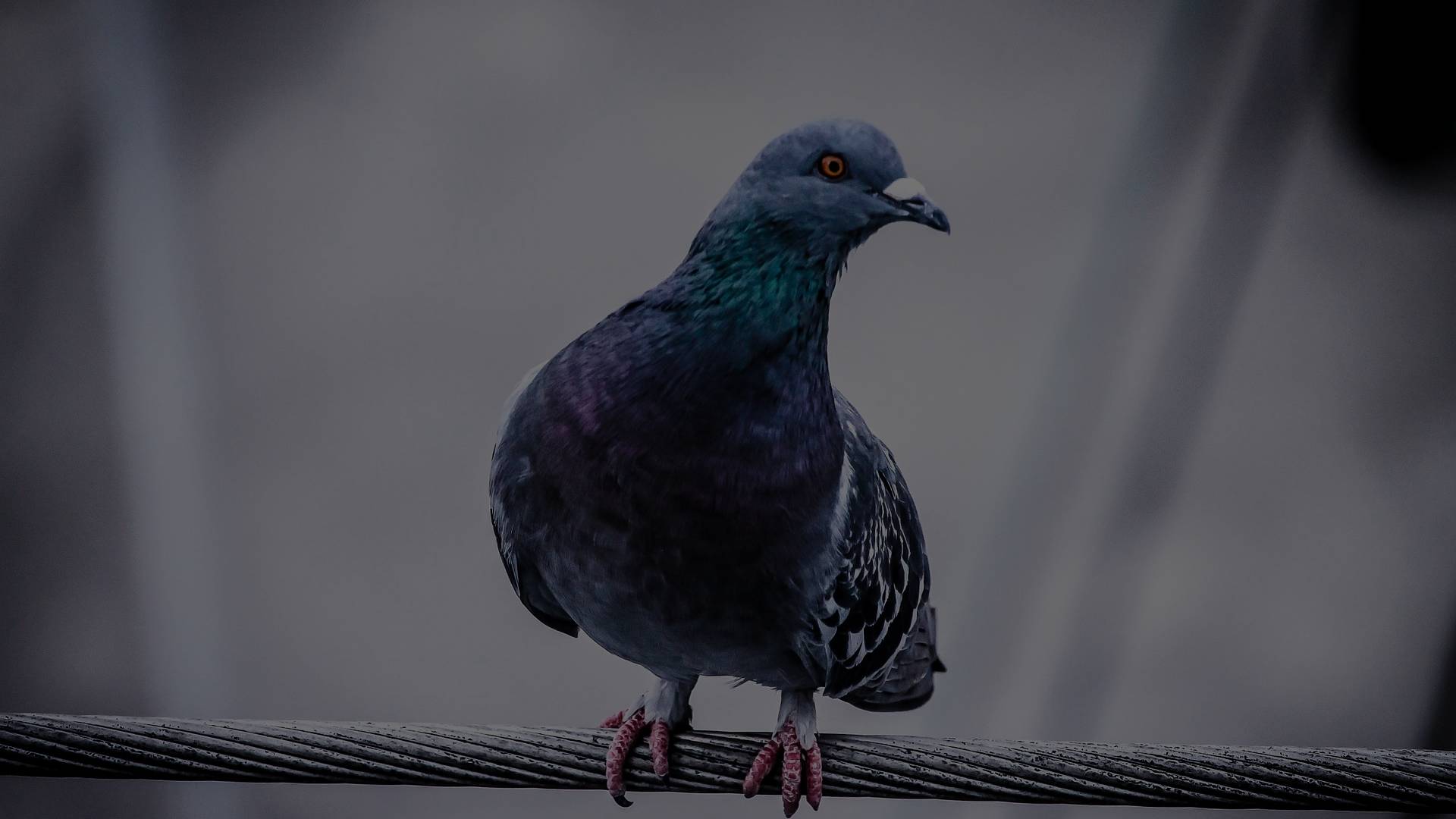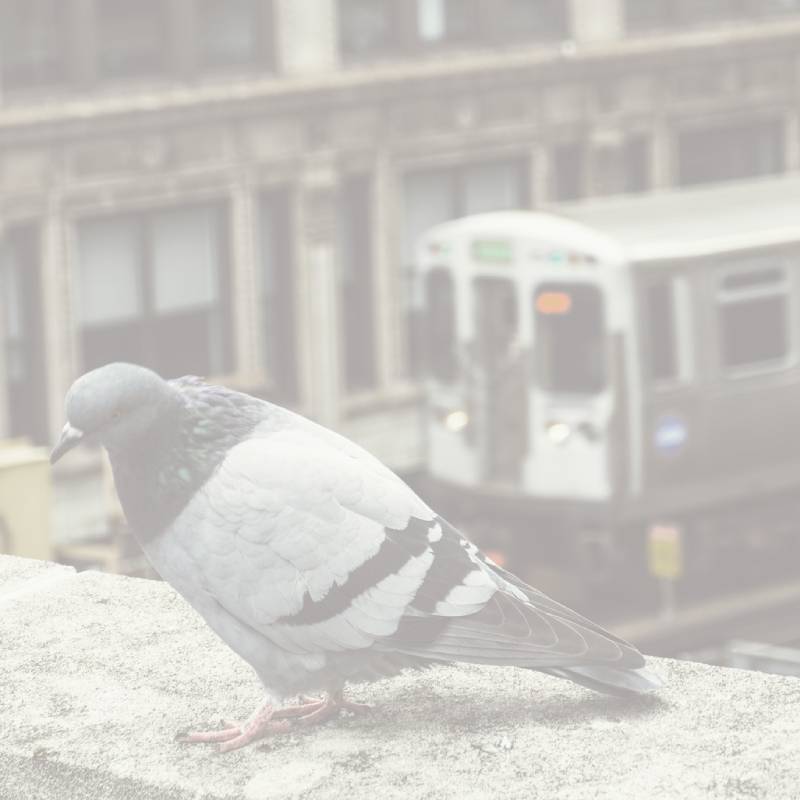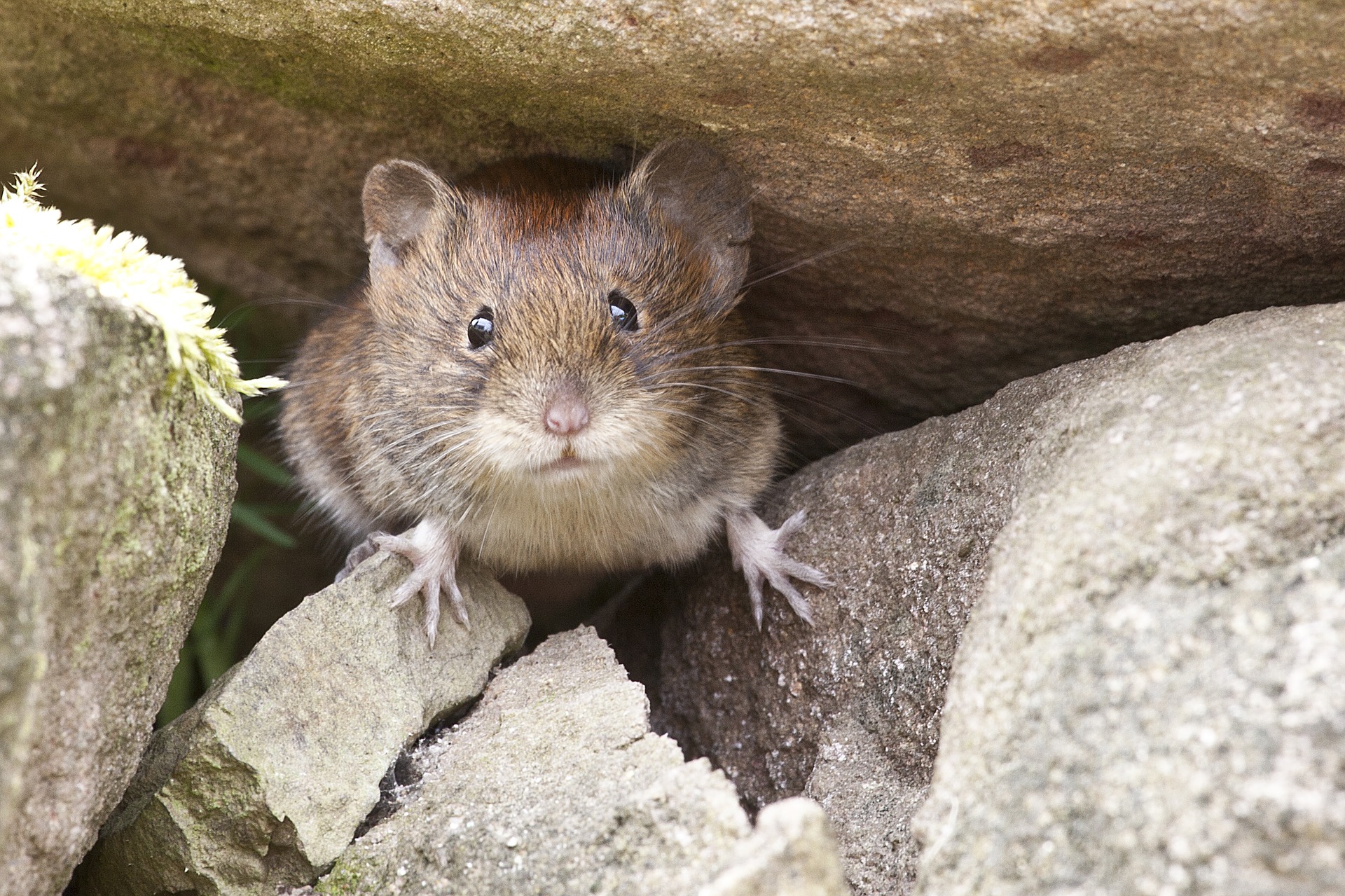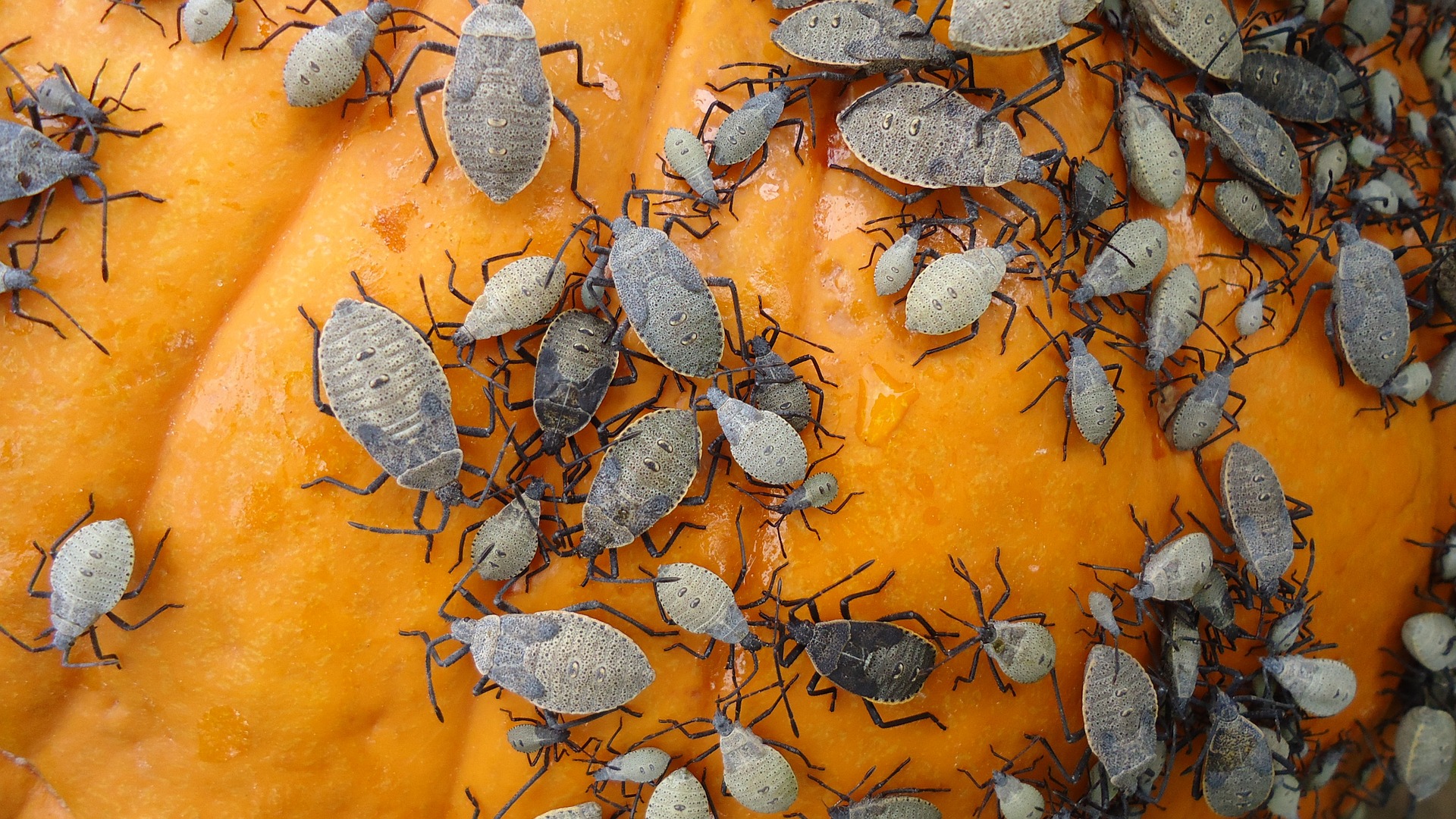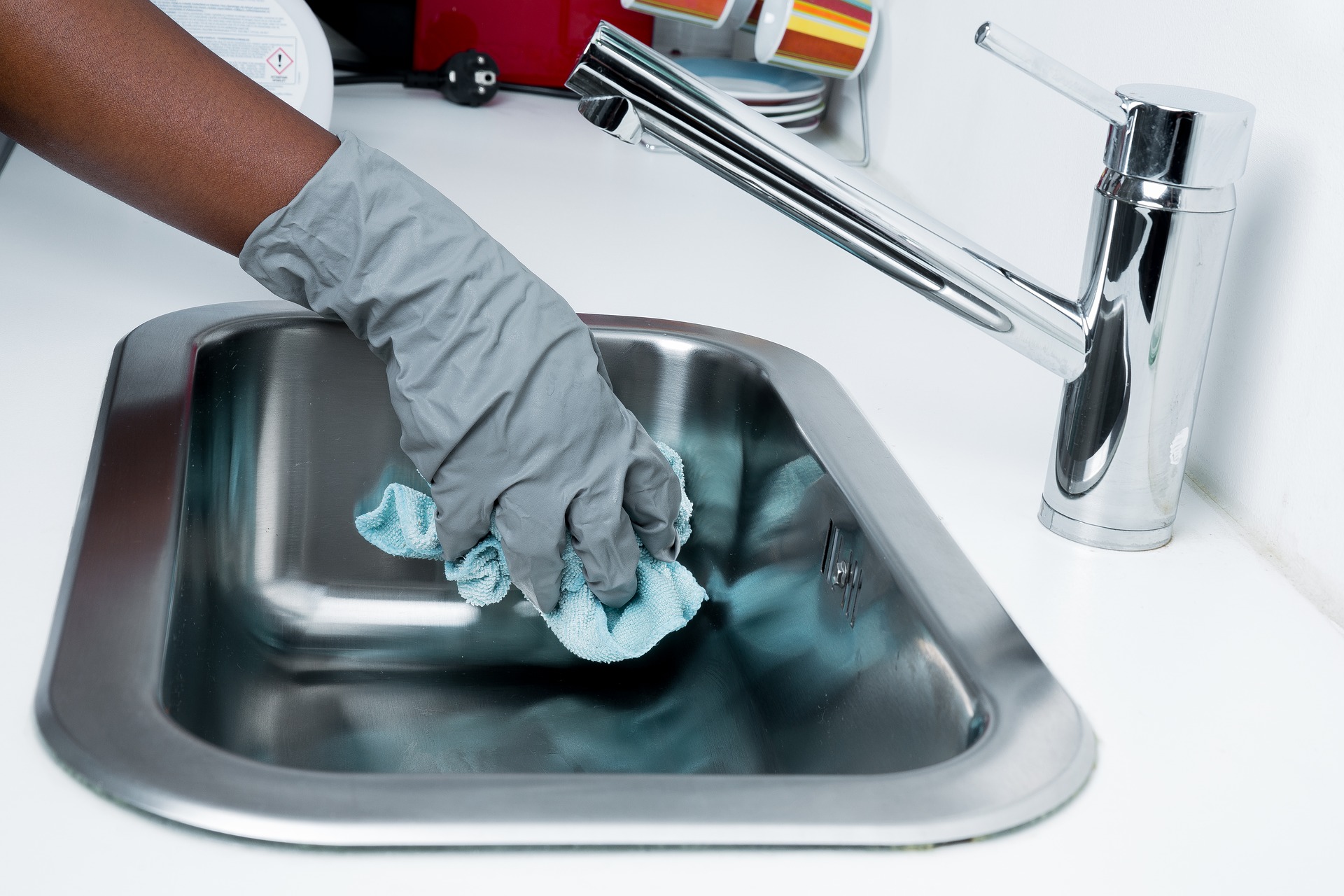What Is Hantavirus and Why Should New York Homeowners Be Concerned?
The rodents that infest homes in New York are responsible for spreading several different diseases and bacteria. But few are as alarming as hantavirus. Scientifically called hantavirus pulmonary syndrome, this virus is spread in the saliva, urine, and feces of mice and rats. In New York specifically, two species of mice can transmit hantavirus to humans – the deer mouse and the white footed mouse.
Hantavirus can cause extreme illness and can lead to death. Hantavirus is historically rare in New York, but cases are on the rise with five cases reported so far since the CDC began tracking information in 1993. Understanding how the virus spreads and how you can protect your home from the mice that might carry it can help you keep yourself and your family safe.
How Do Humans Get Hantavirus
Hantavirus is relatively new in the world of infectious diseases and scientists are still determining all the facts about it. We know for certain that hantavirus is contained in droppings and saliva of rodents. Scientists suspect it can be transmitted to humans in four different ways. These include:
- Airborne Transmission
- Touching Contaminated Surfaces
- Eating Contaminated Food
- Bite from an Infected Animal
The majority of hantavirus cases in the U.S. are spread through airborne transmission, which occurs when feces or urine are disturbed, releasing invisible particles into the air. When someone in the area inhales any of these particles, they could potentially inhale the hantavirus as well.
Hantavirus is not something that every mouse carries. Instead, it often presents in outbreaks with numerous rodents in a single area carrying the virus.
Hantavirus affects individuals of all ages, genders, and levels of health. Symptoms can show up in the week or so after the initial exposure. The first symptoms often include fever, aches, dizziness, and fatigue, as well as gastrointestinal problems. 4 to 10 days after the initial exposure, severe symptoms may develop including shortness of breath and about two in five cases of hantavirus results in fatalities.
How to Protect Against Hantavirus
The good news is that deer mice and white footed mice, the two leading transmitters in New York, rarely infest local homes. They prefer more rural wooded areas rather than living alongside humans. But they can still come indoors under the right conditions. Changing weather, available food, or predators outdoors increase the risk of infected mice moving into your home and potentially spreading the virus to you.
NY and NJ 24 Hour Animal Control offers rodent exclusion at homes and businesses in New York to keep out all mice and rats that spread disease. If you already have a rodent infestation on your hands, we can safely remove and clean up after rodents in a way that prevents harmful particles from being spread through the air of your home. For assistance with your rodent problems, call us today.

